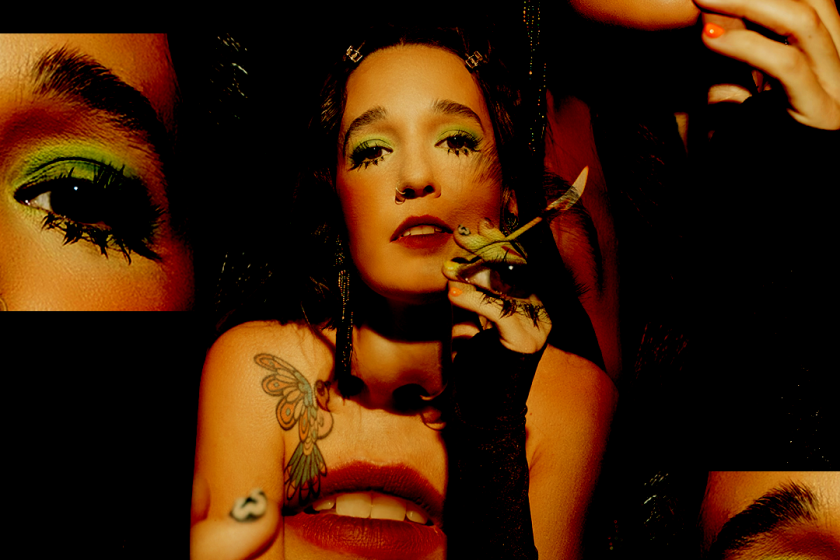Lang Lang: Popular classical music is great, too
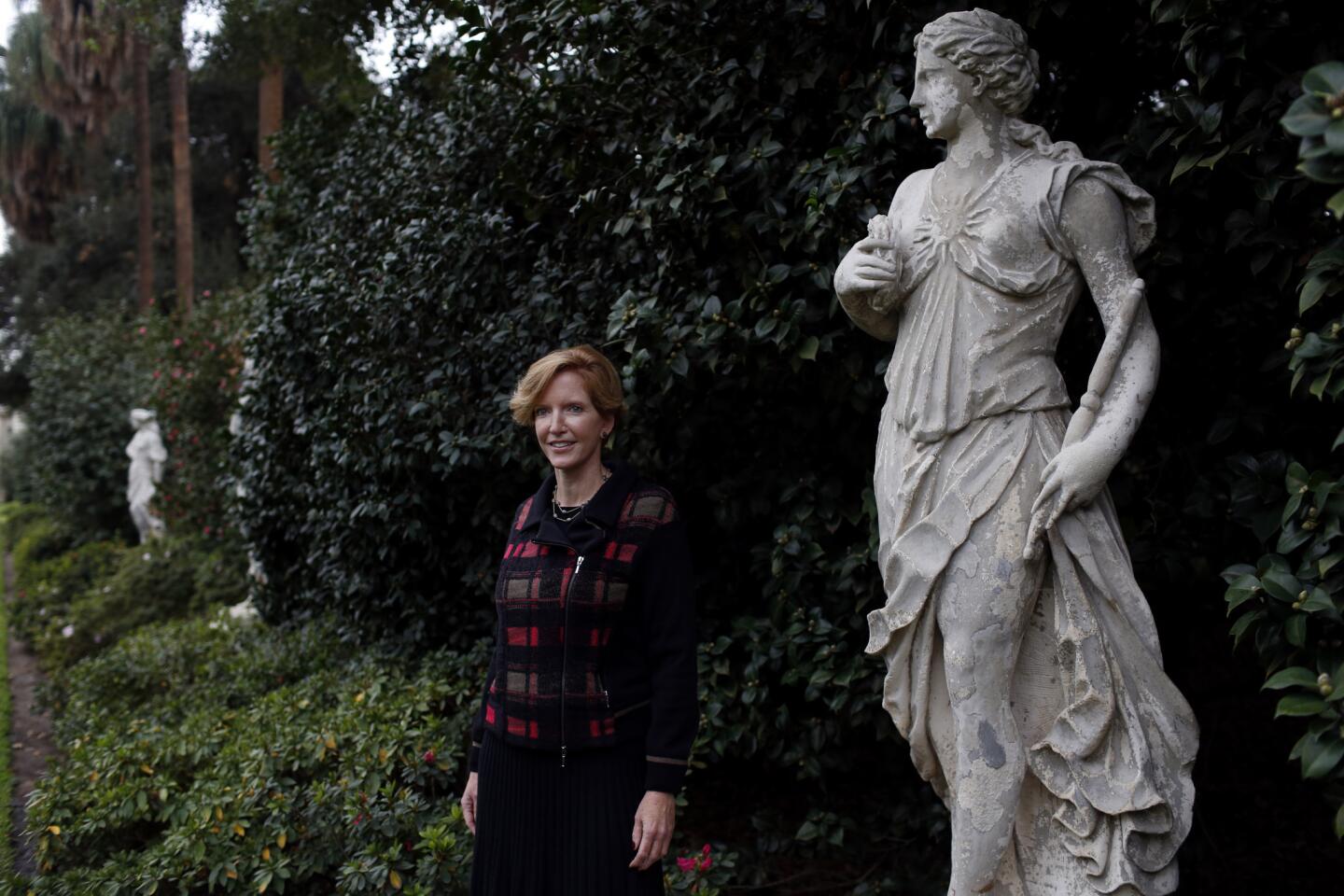
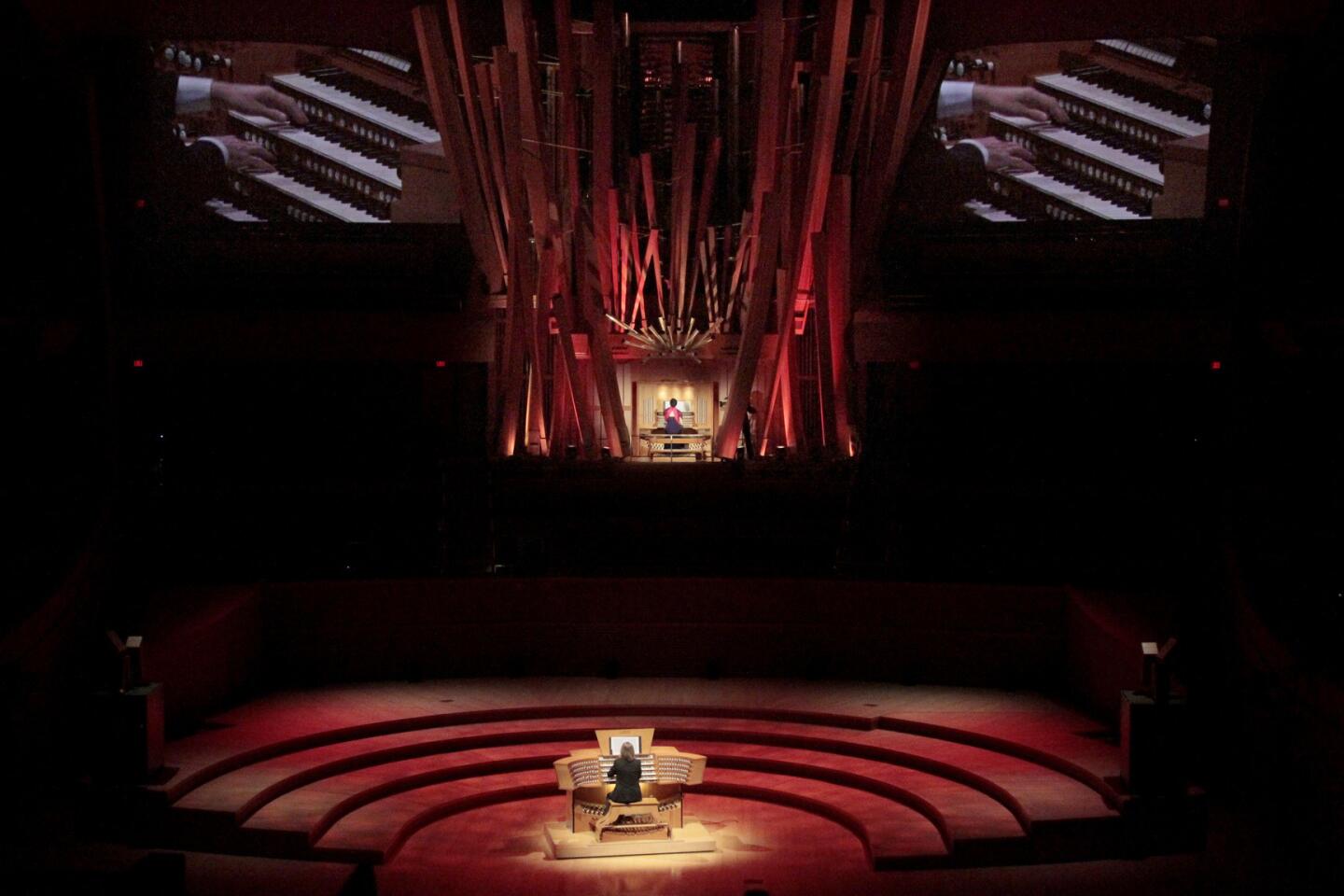
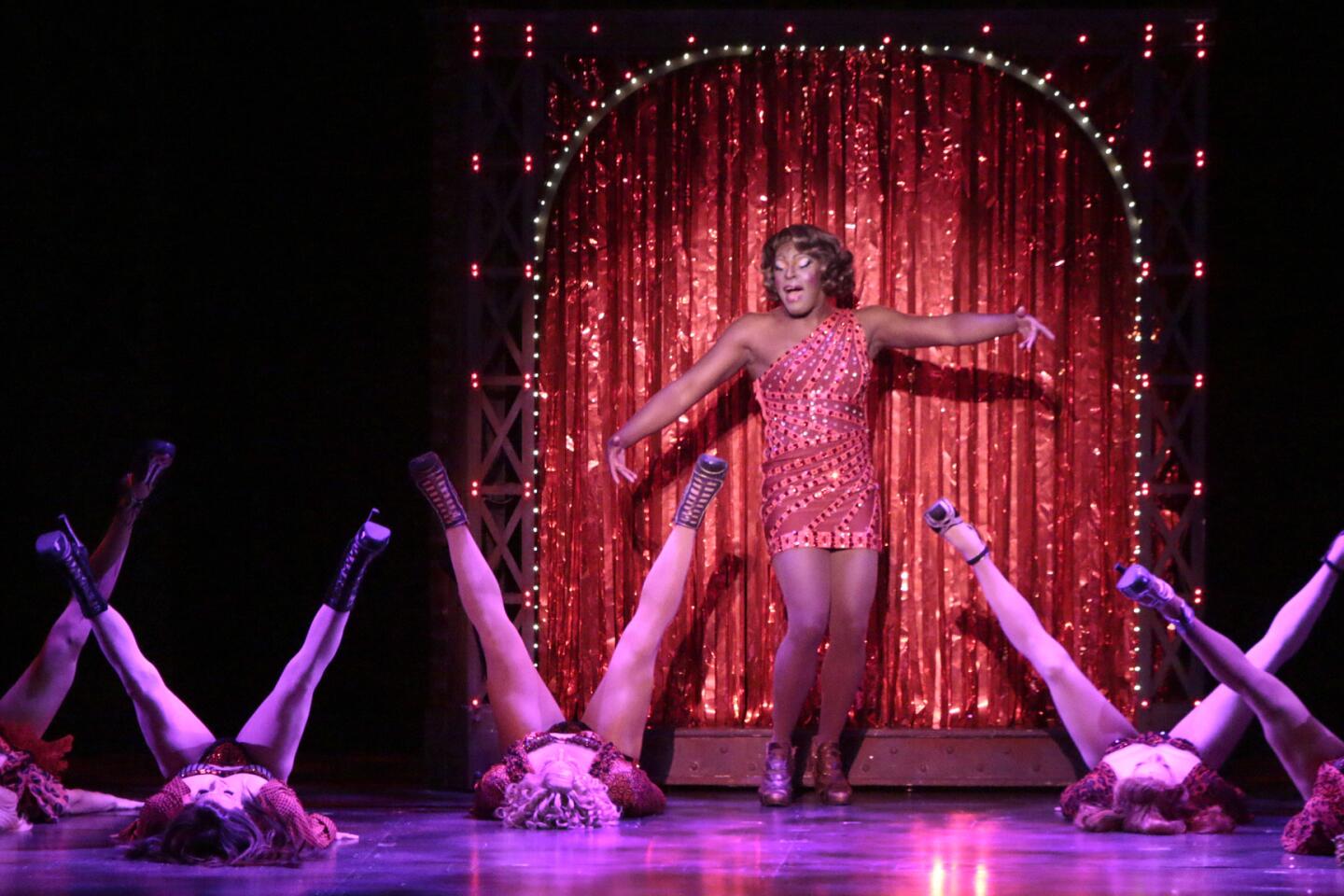
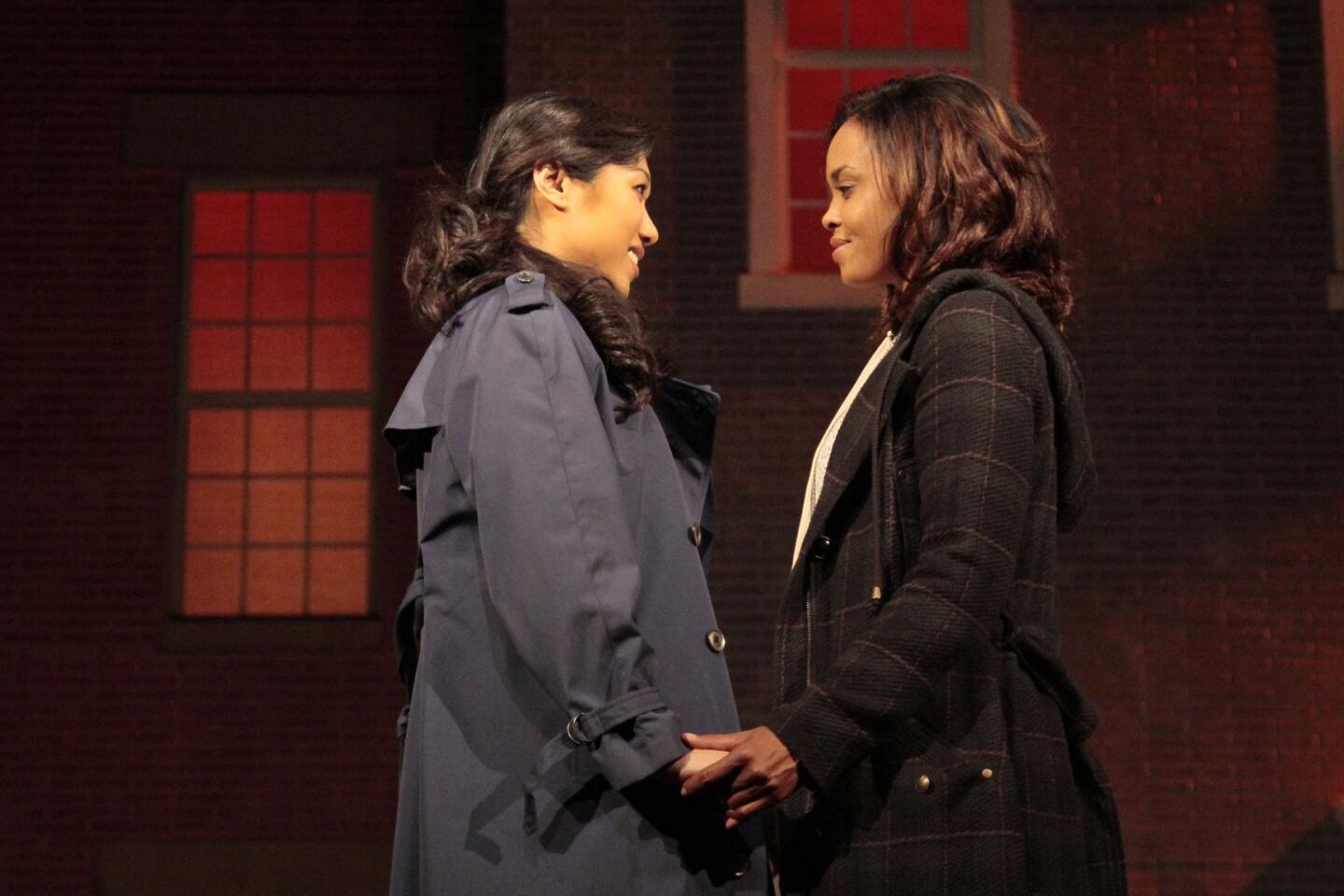
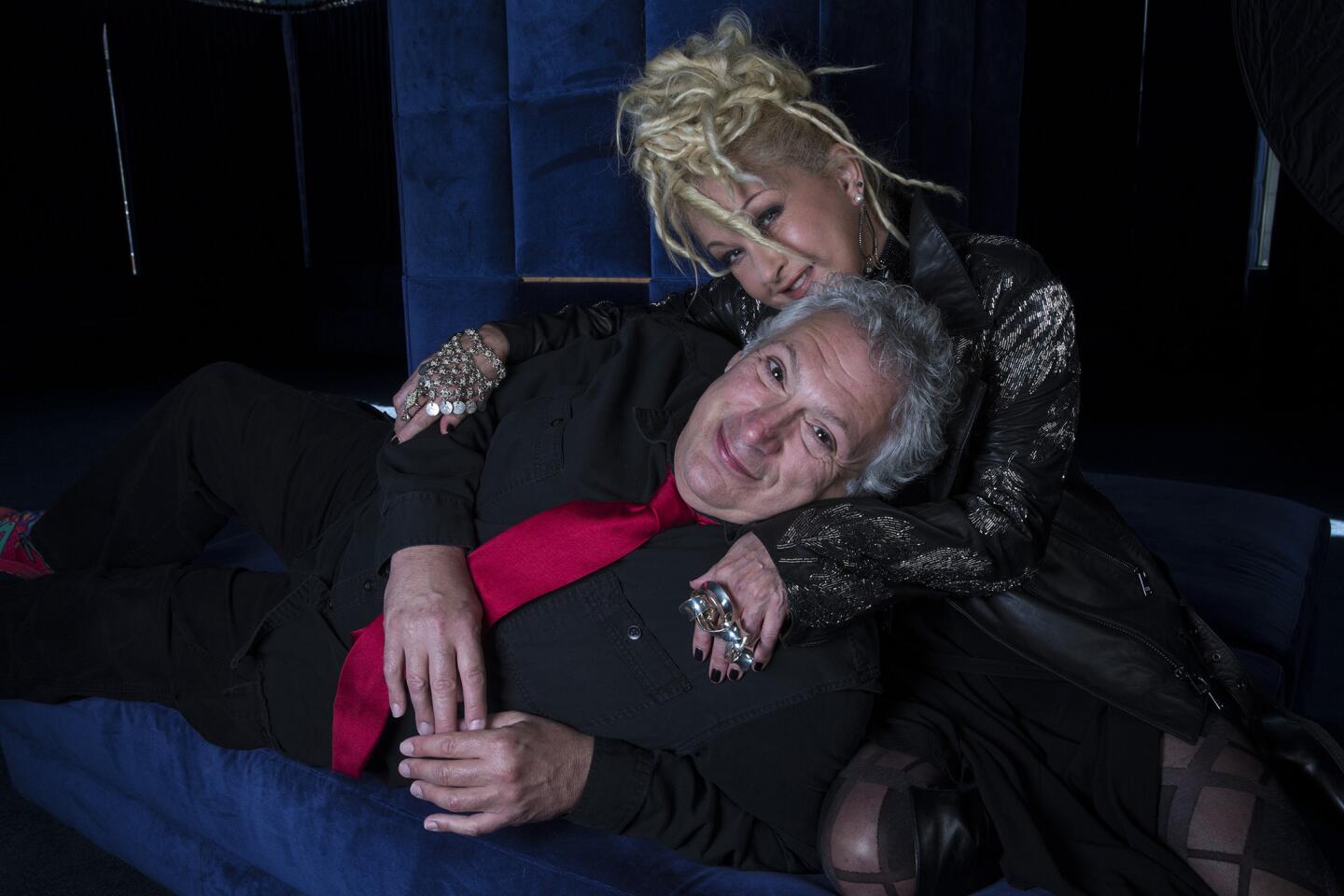
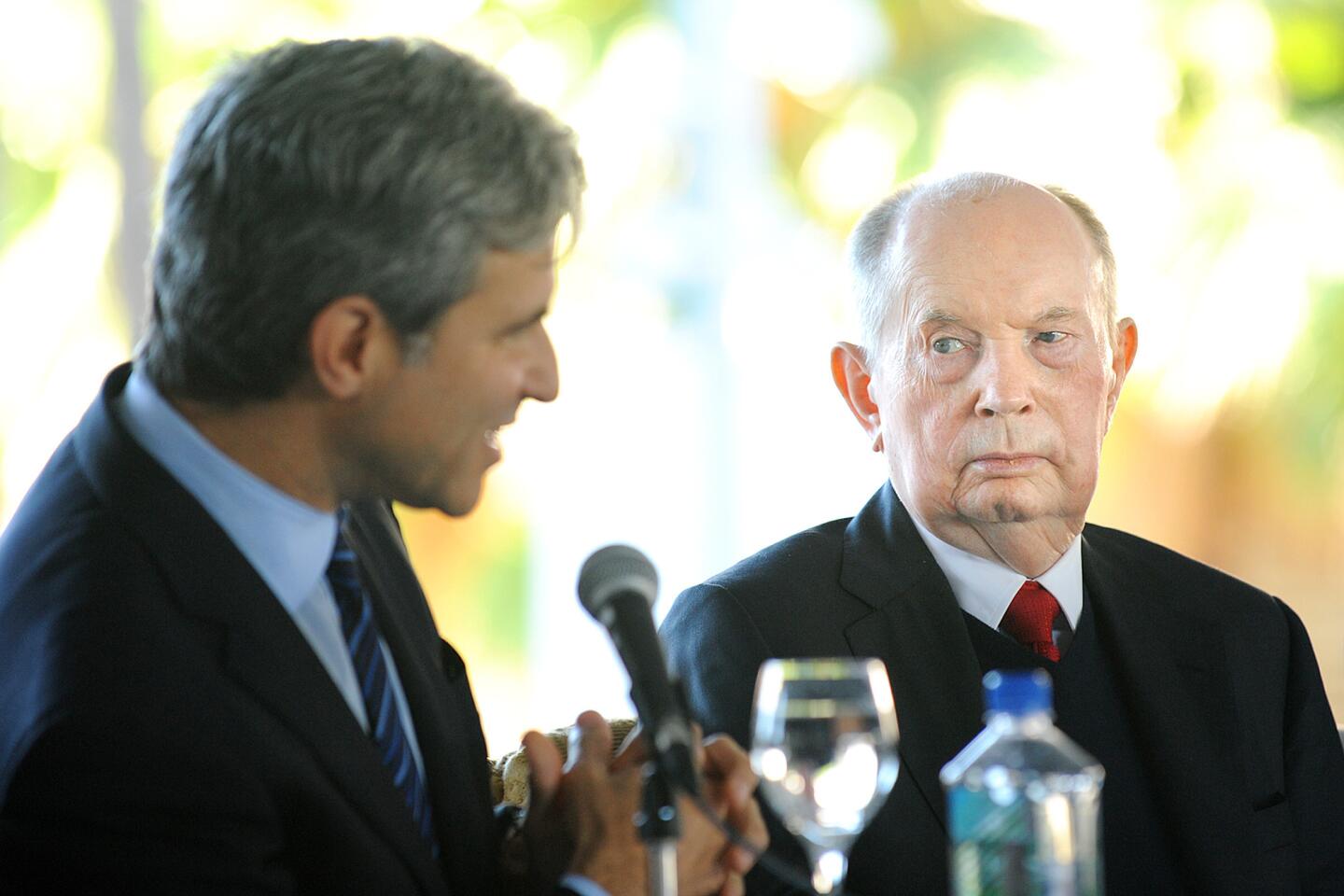
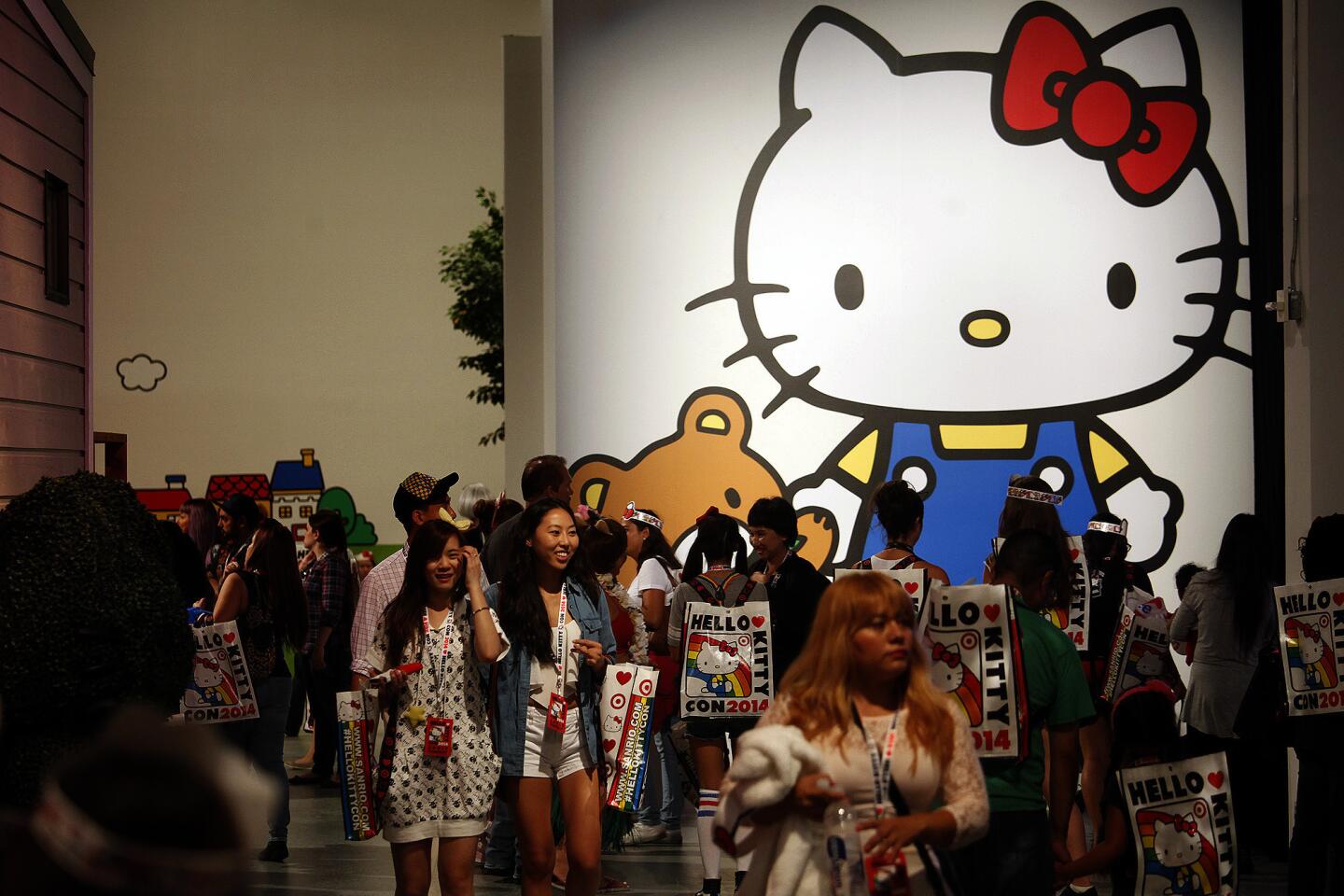
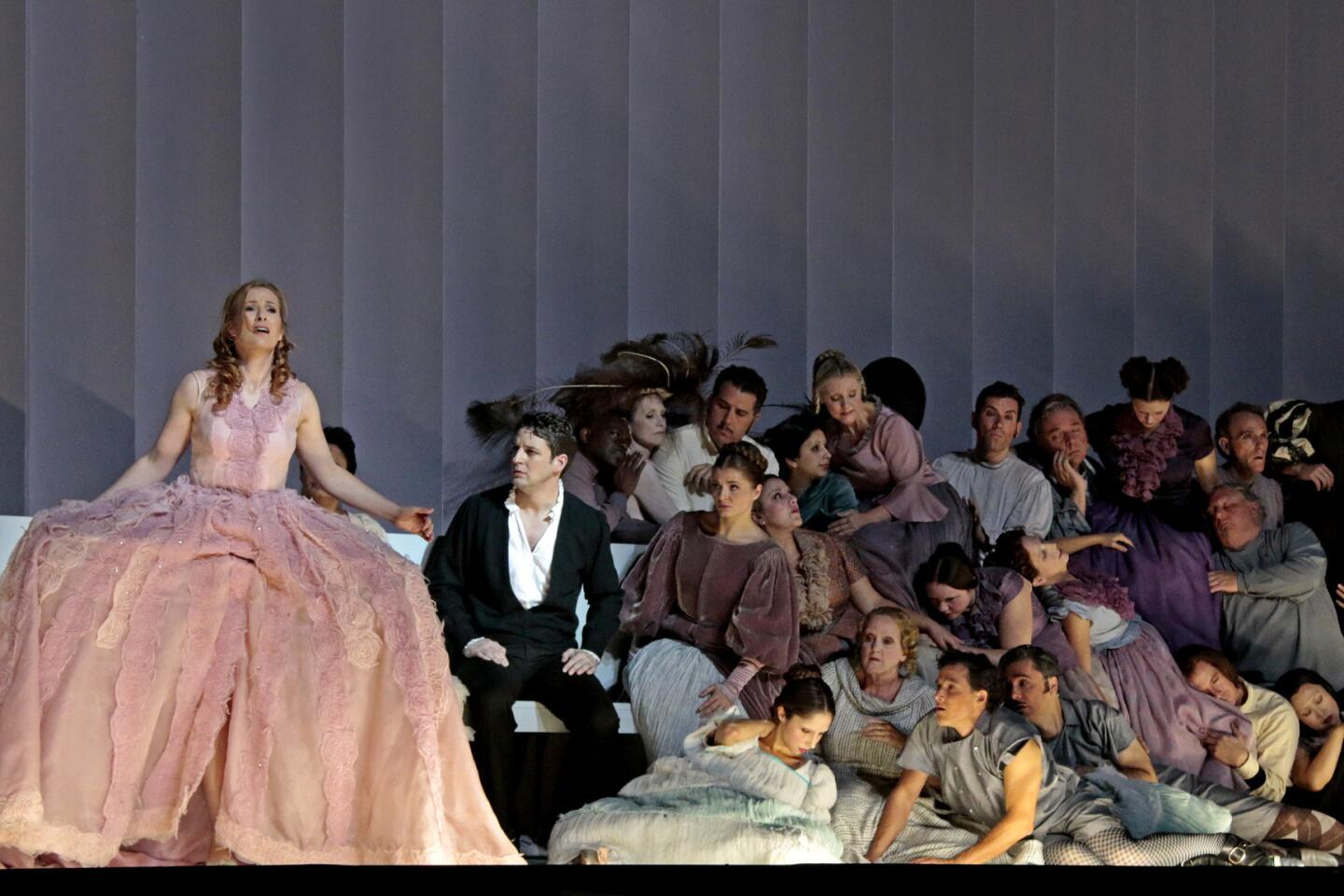

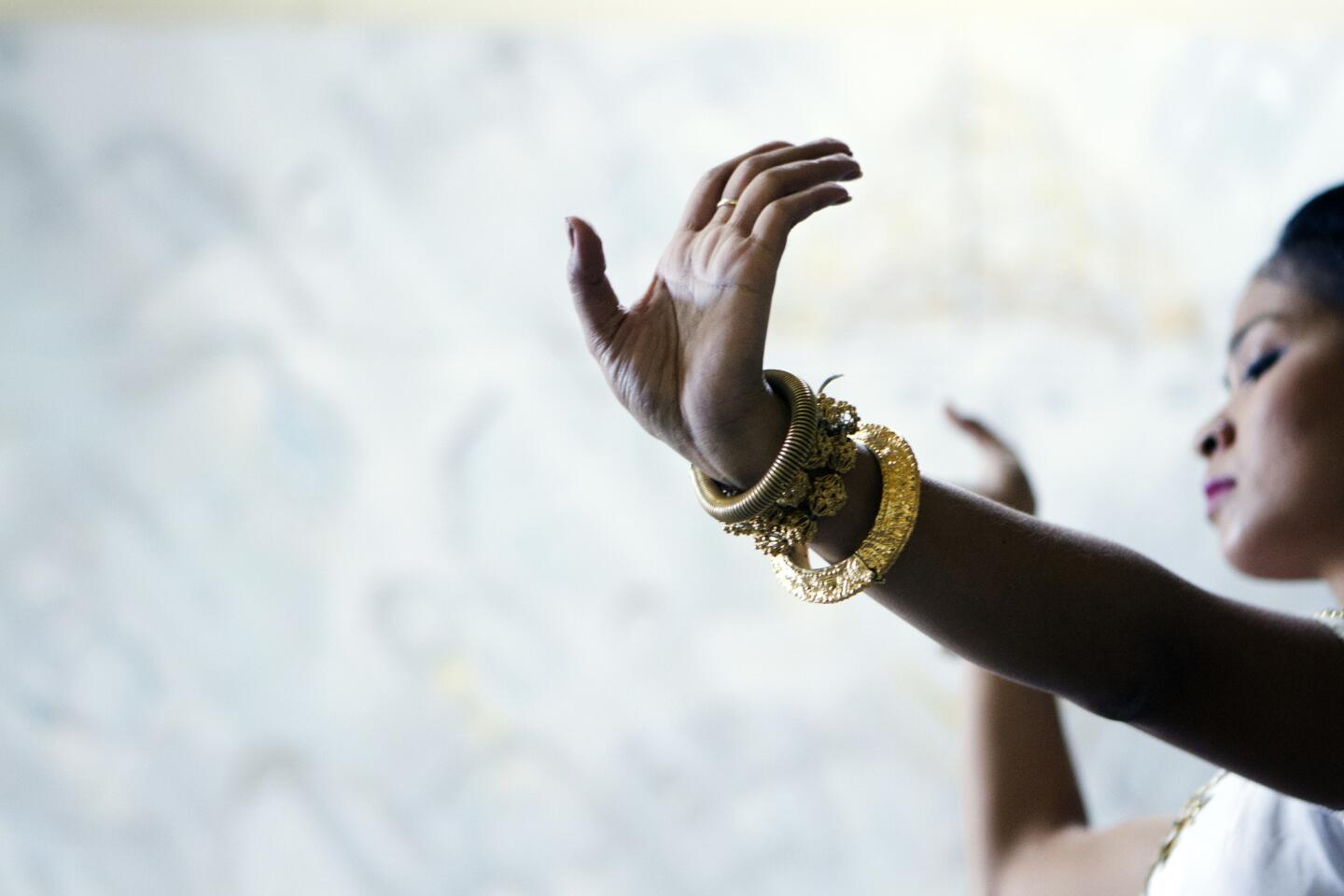
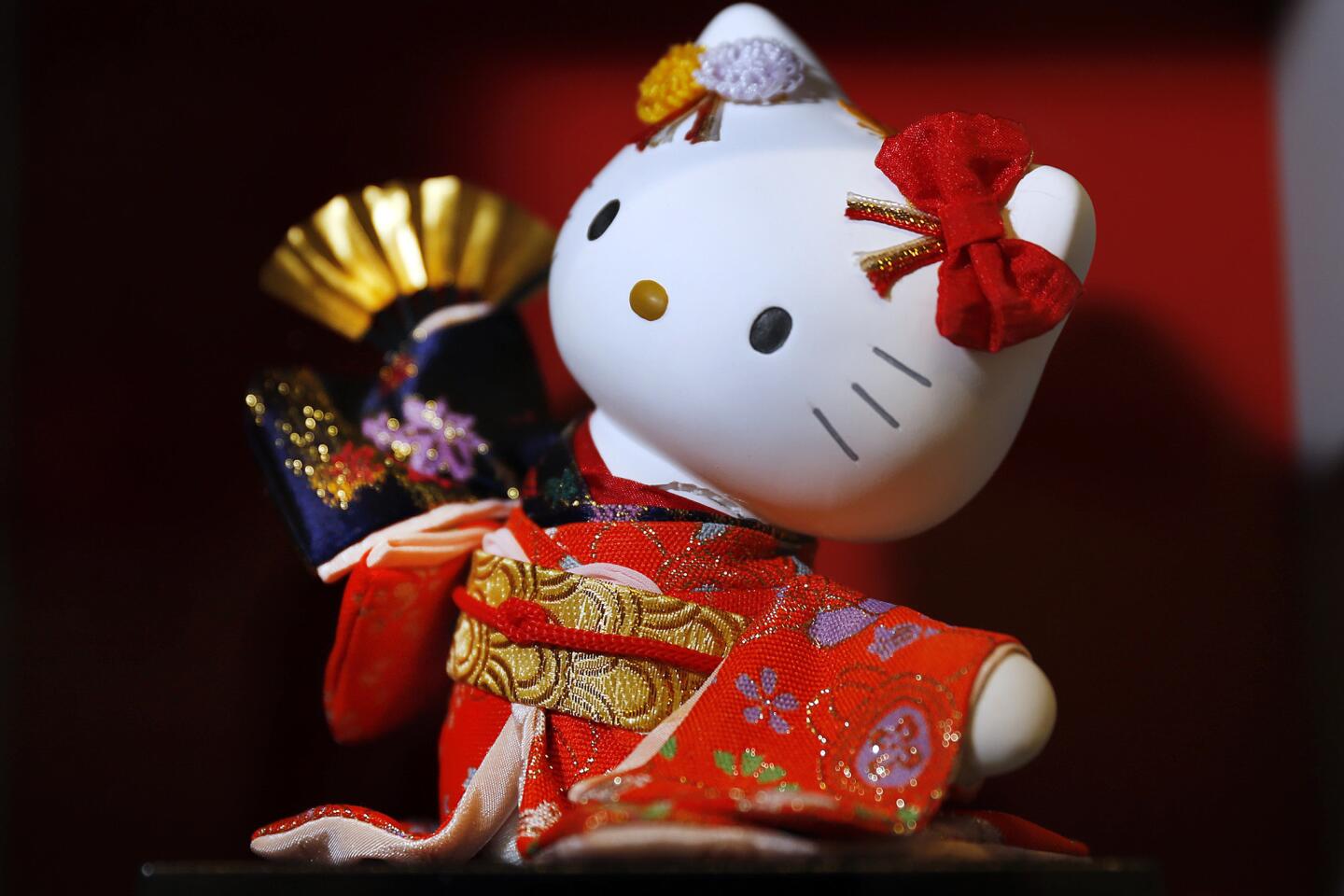
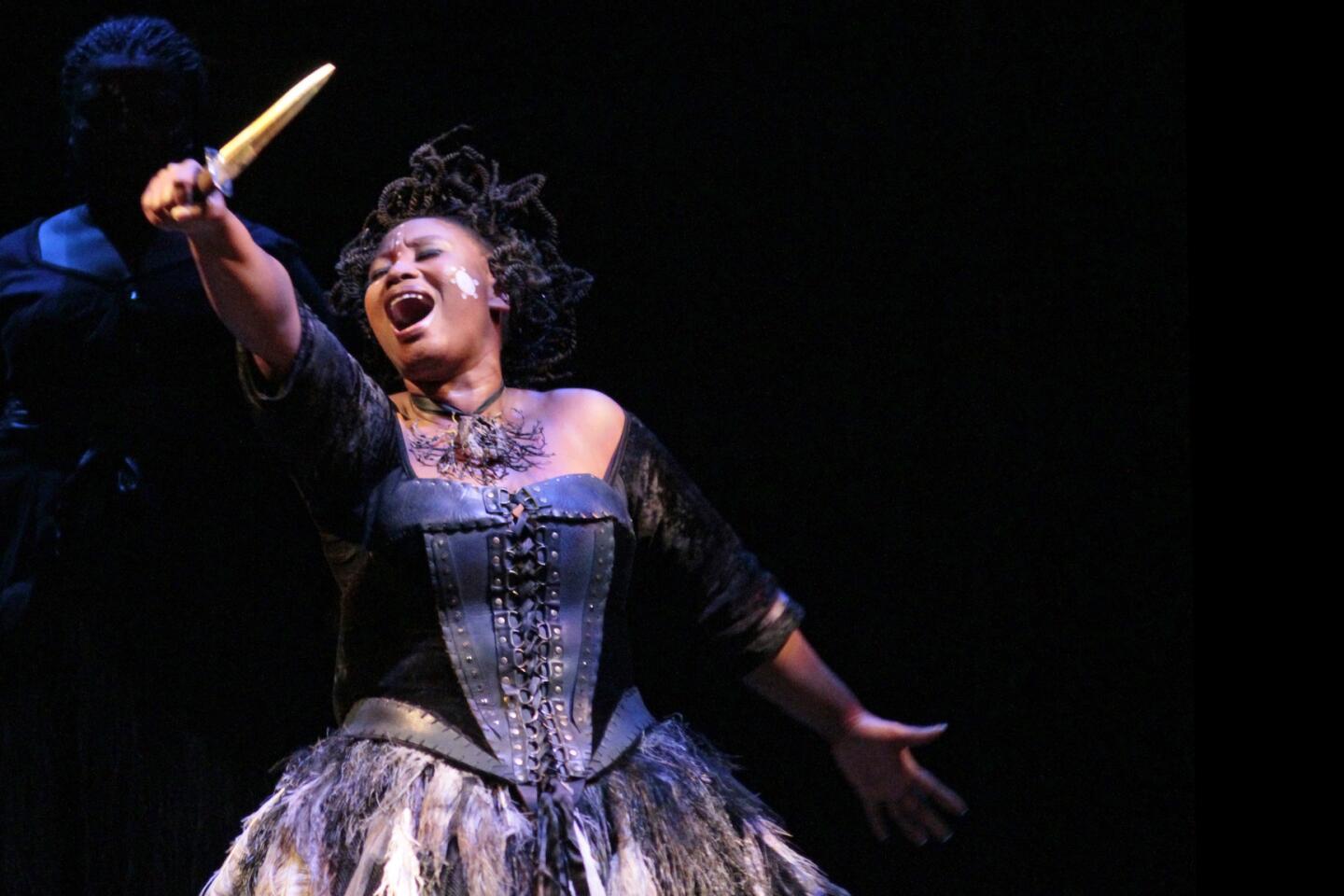
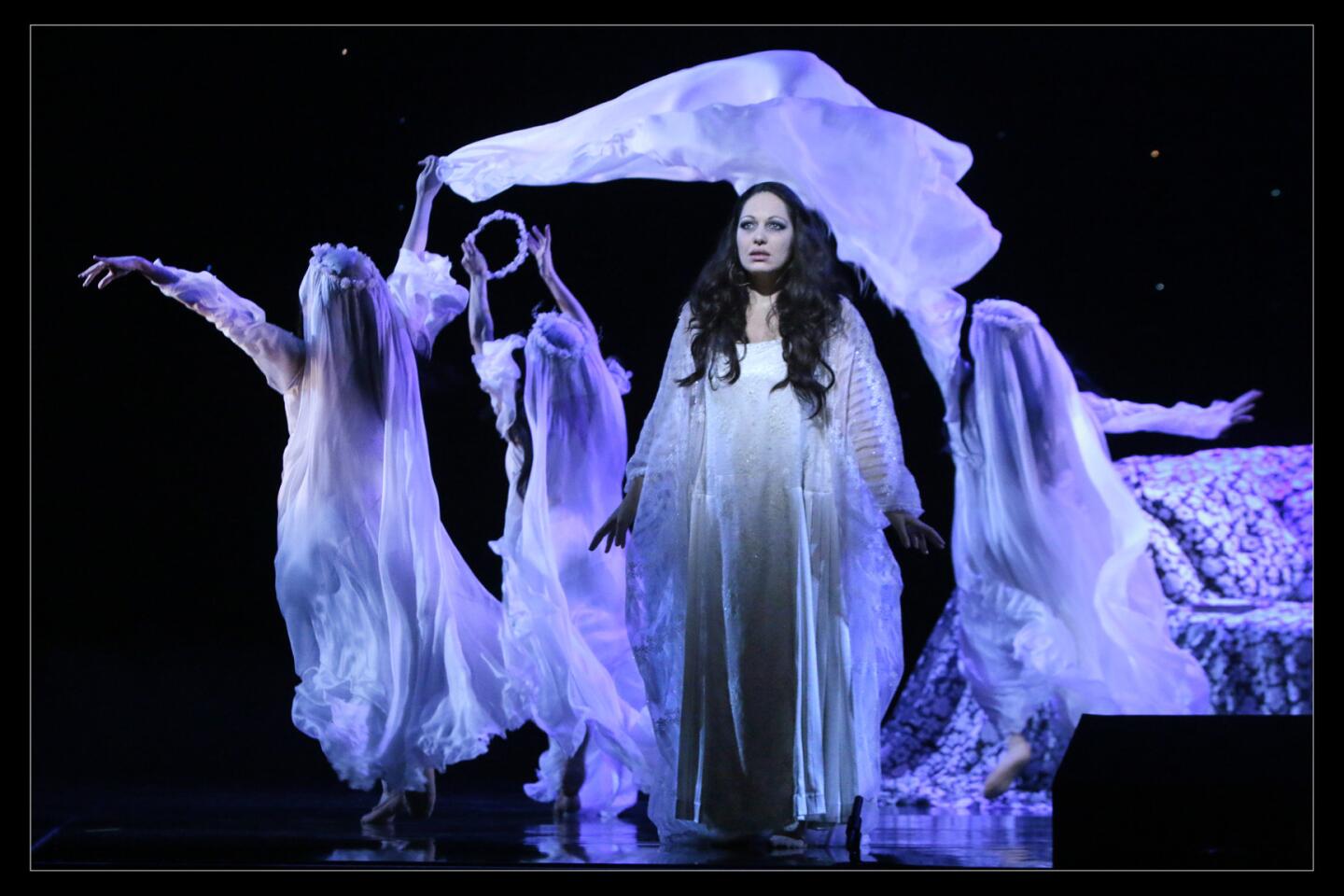
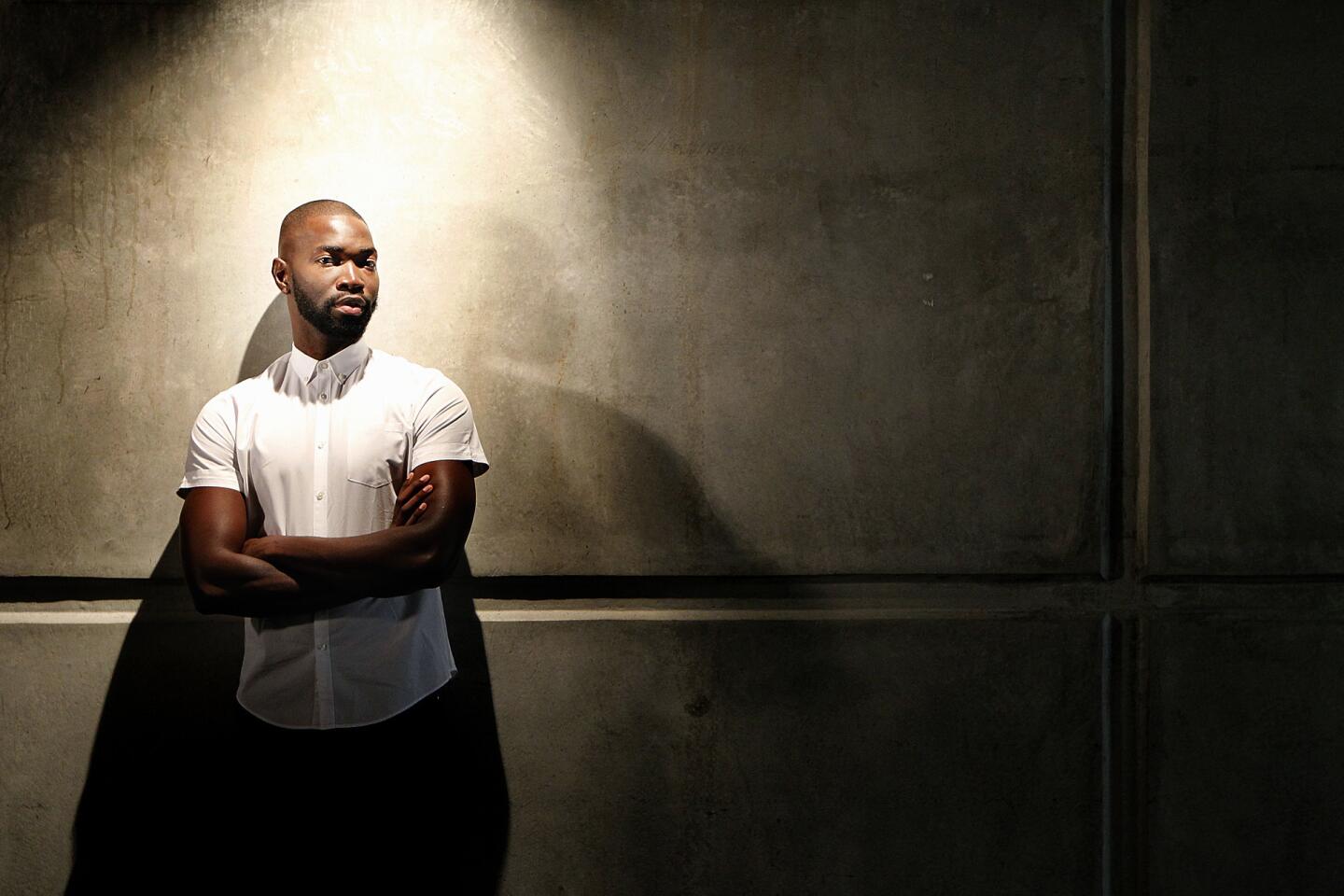
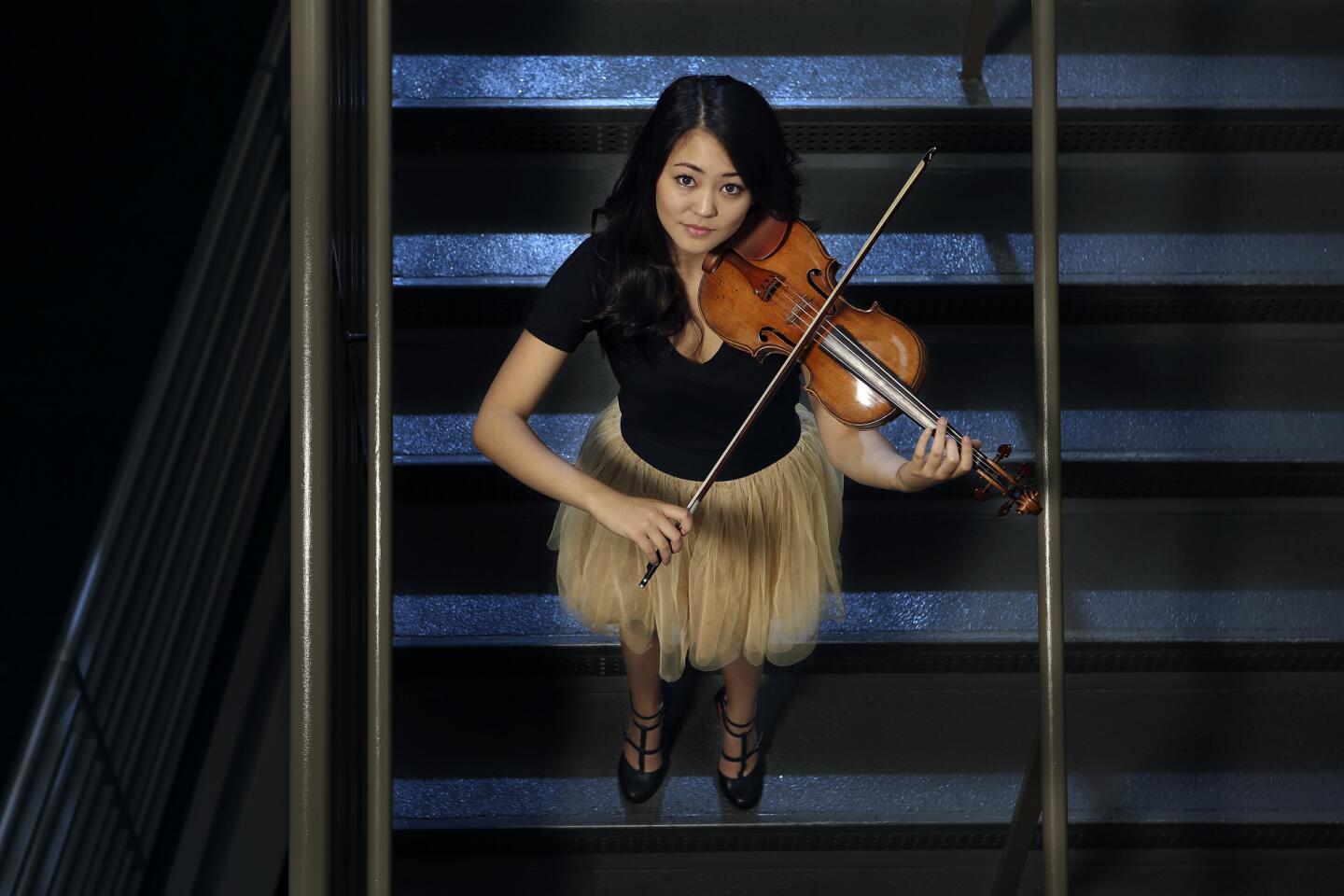
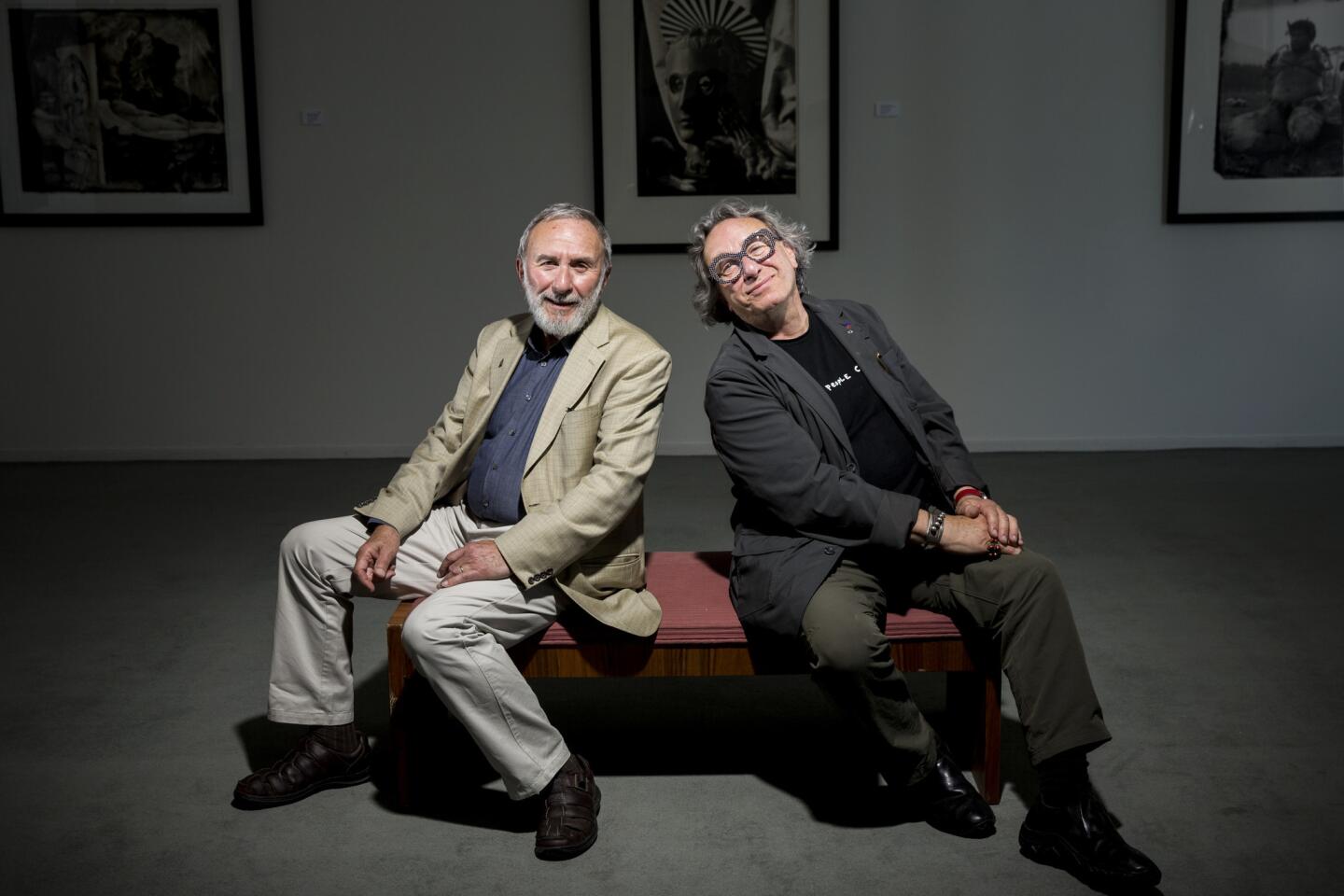
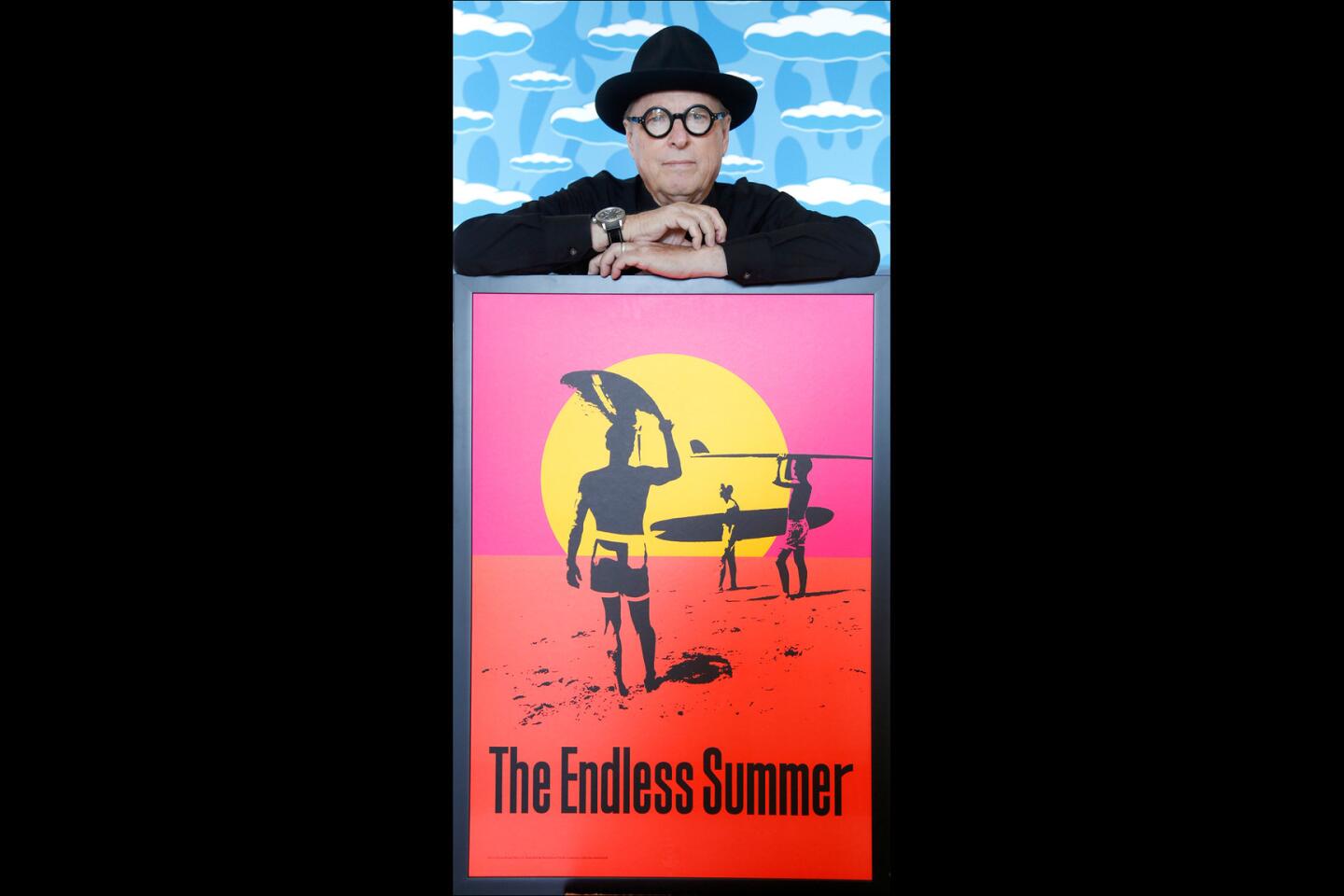
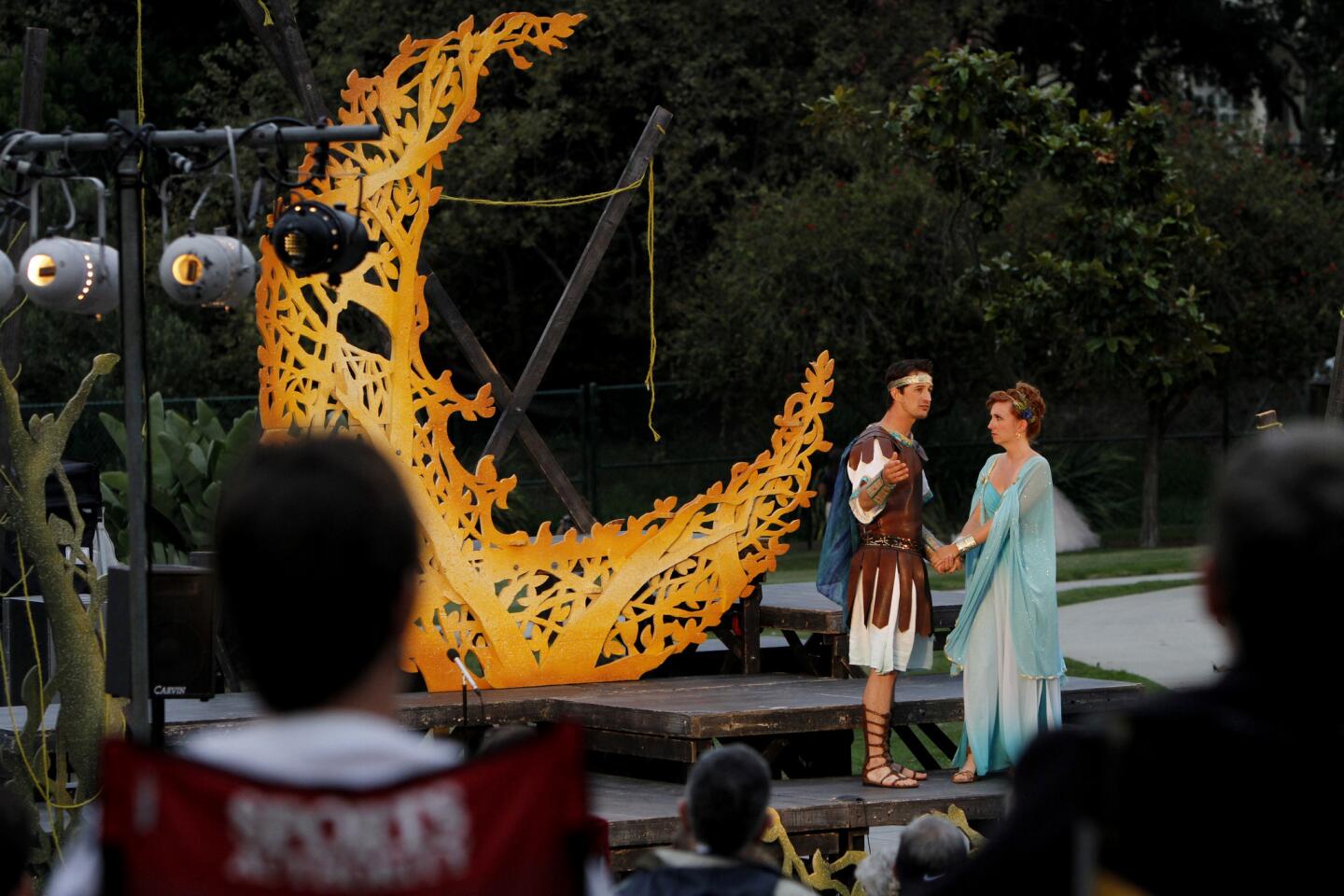
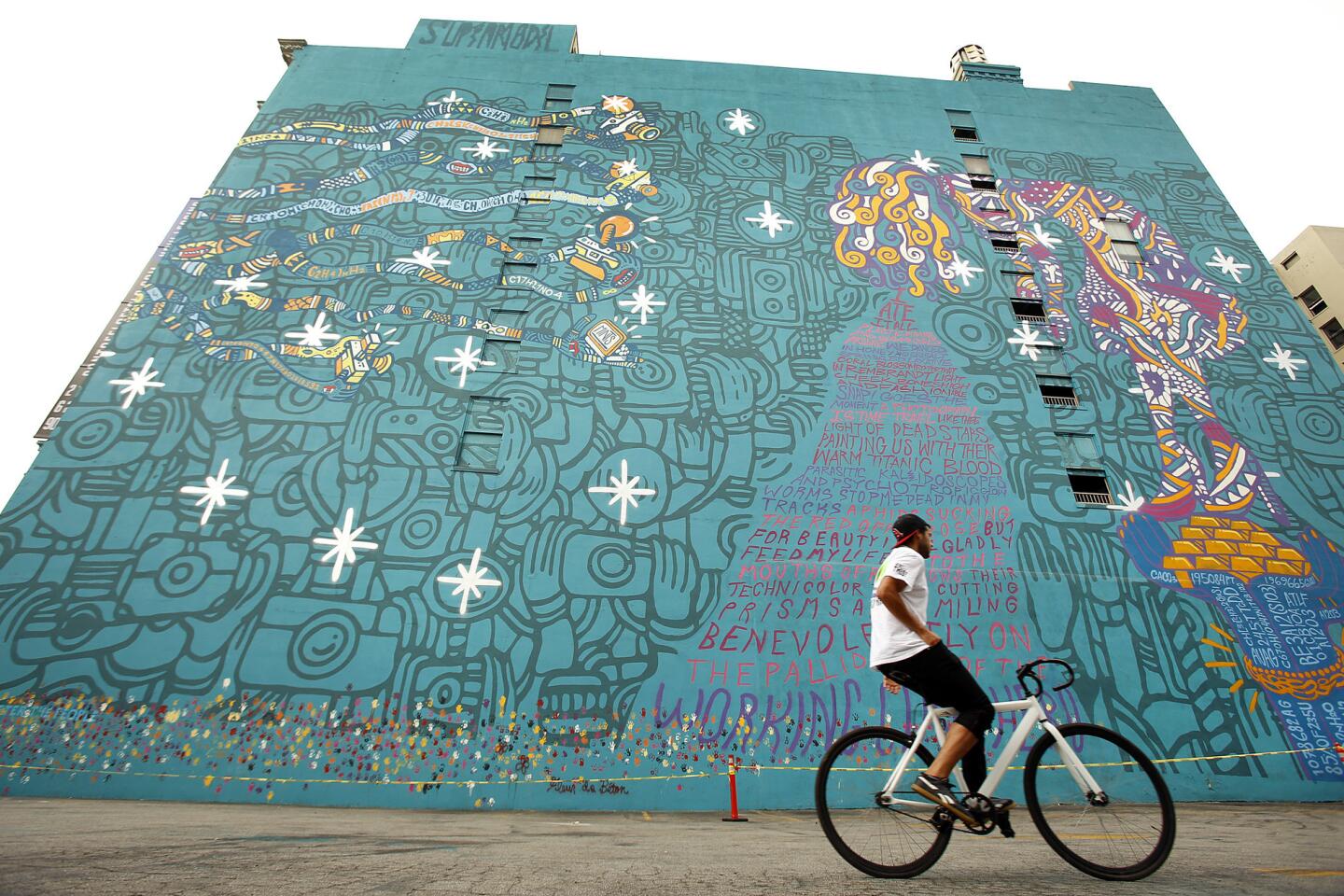
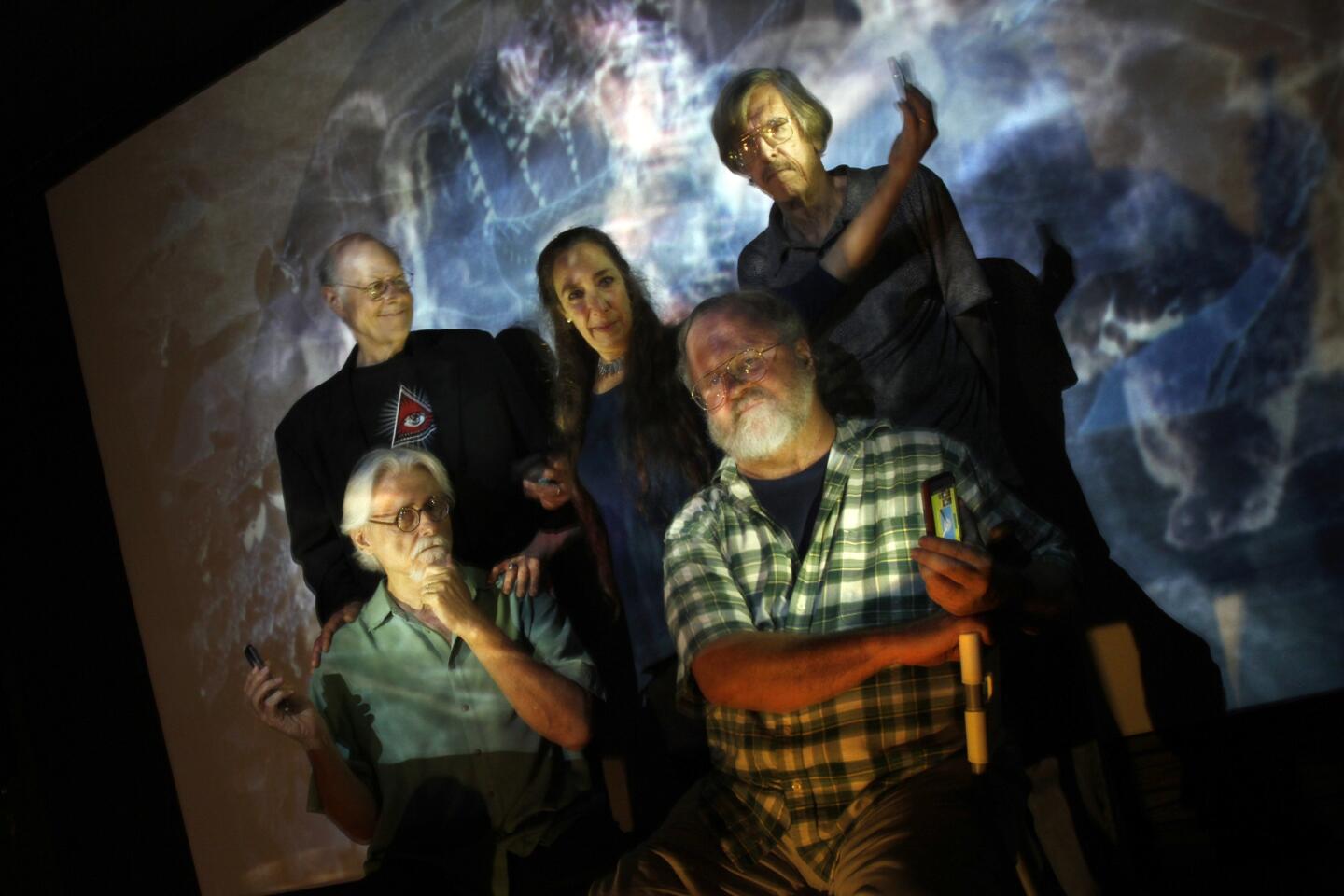
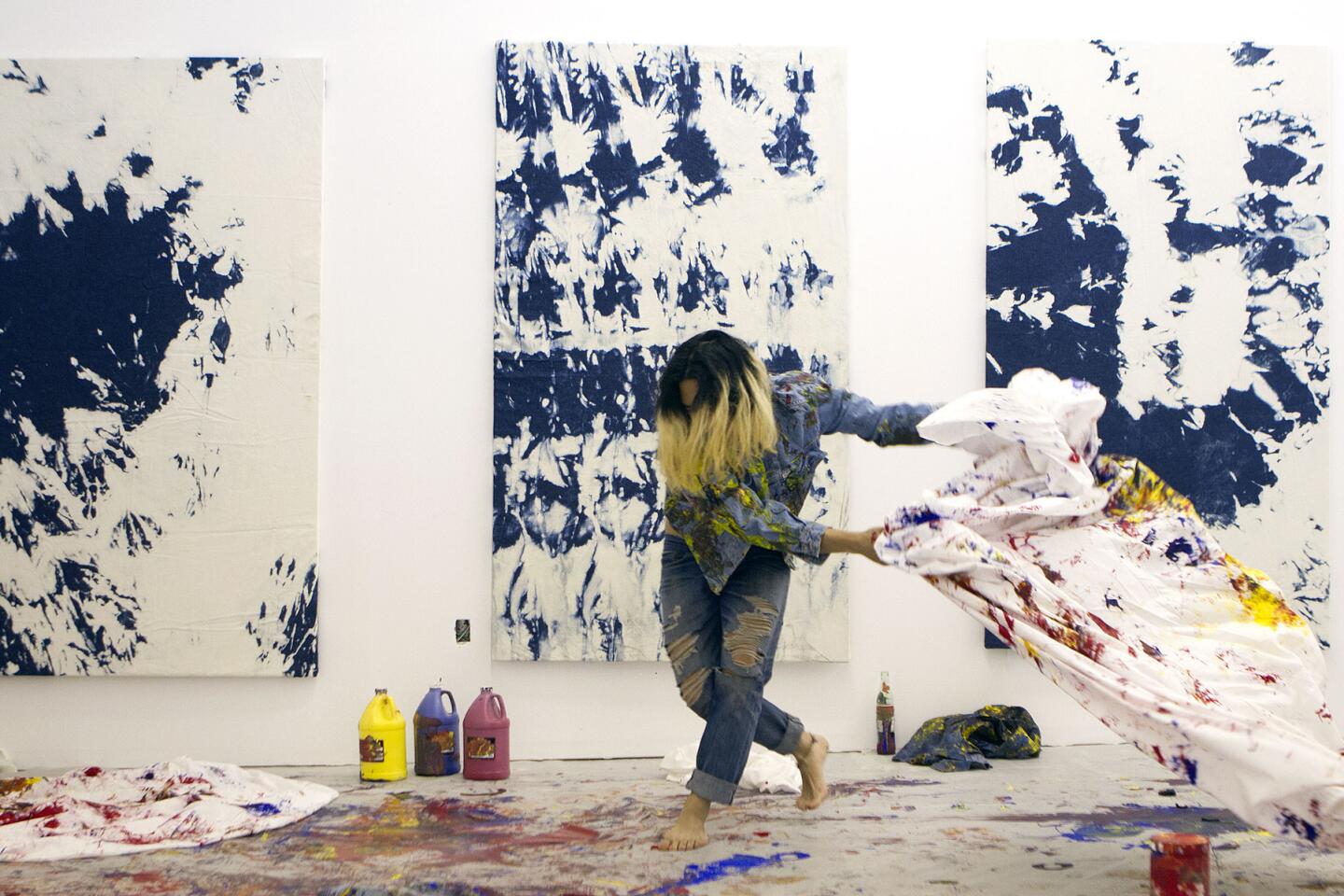

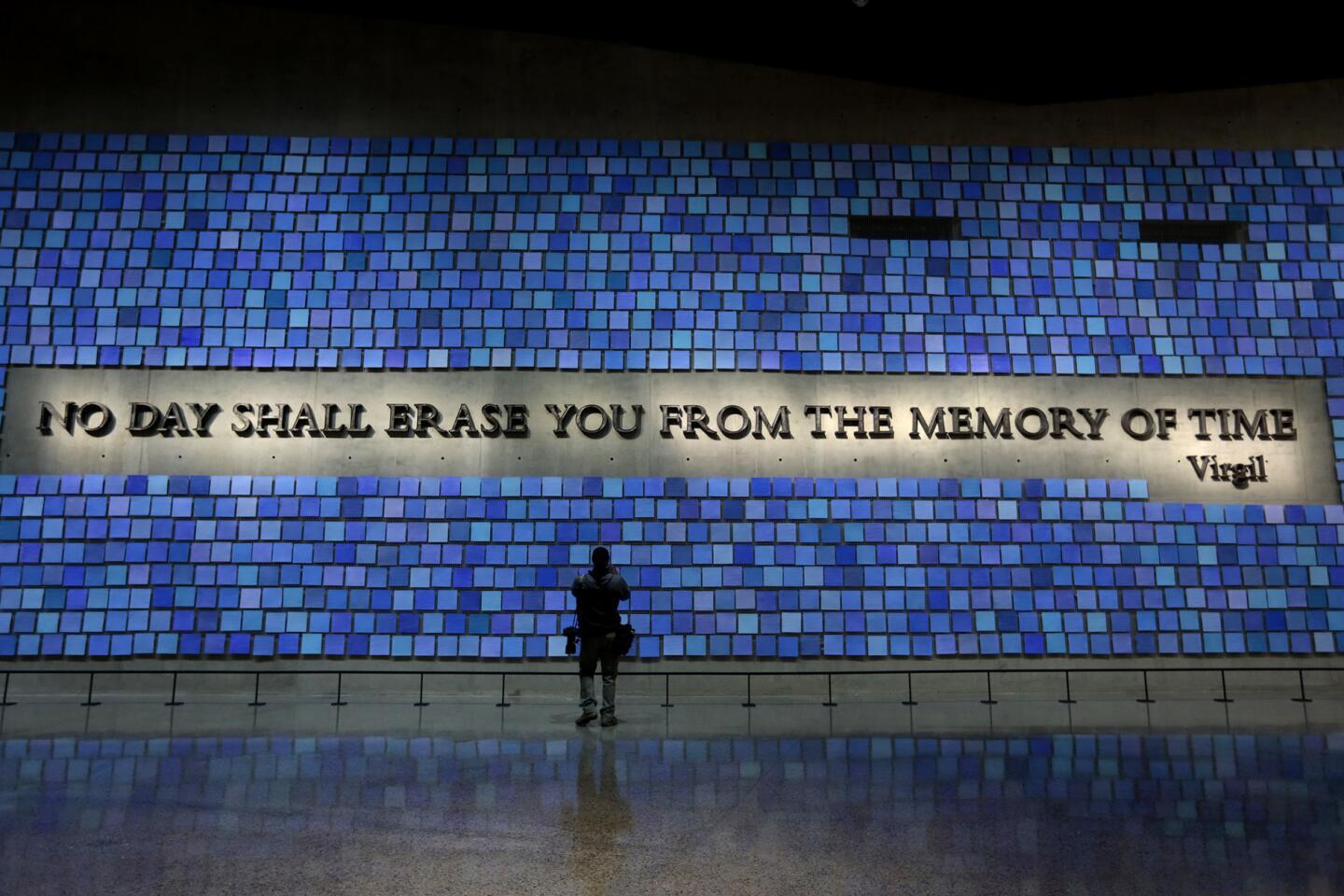
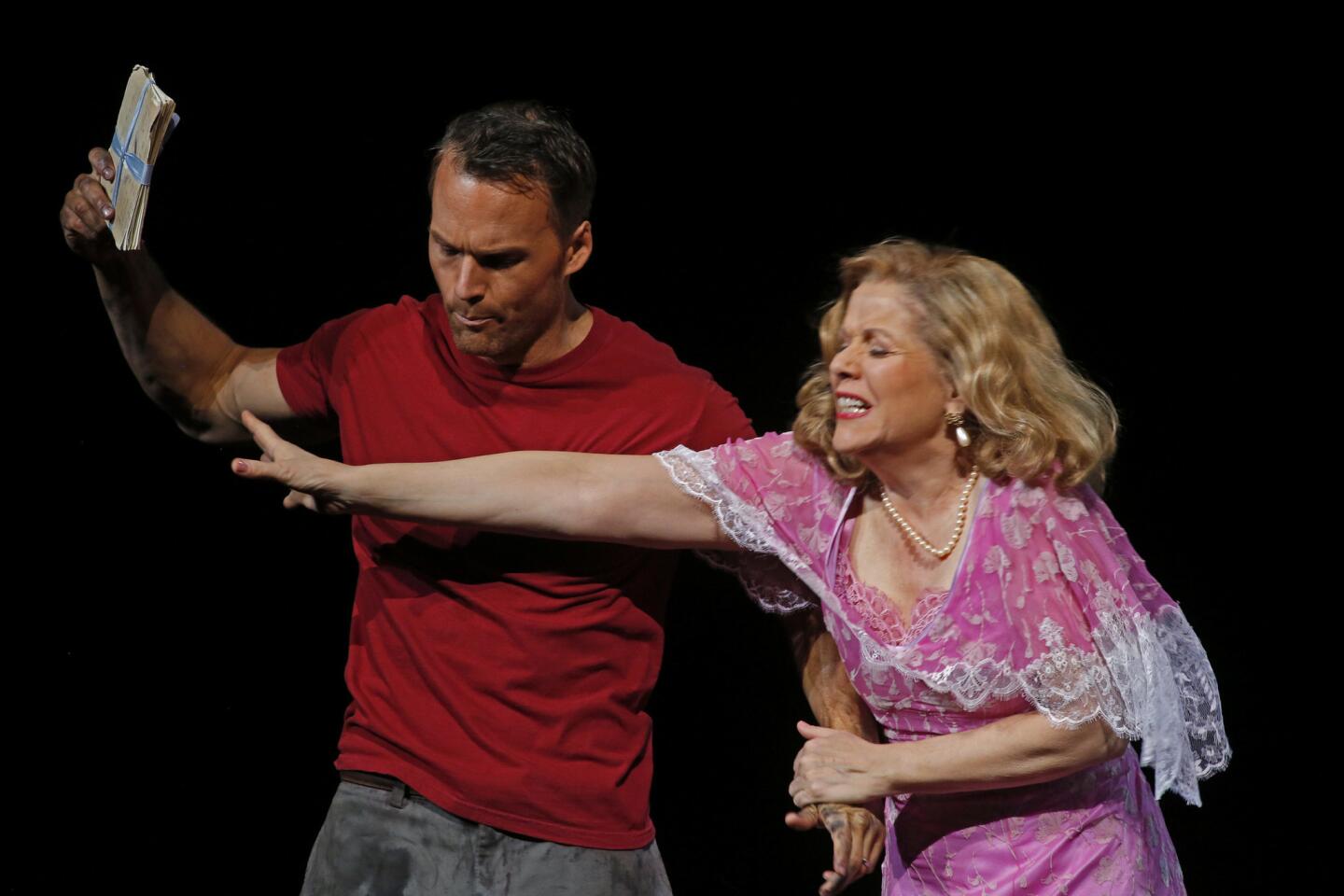
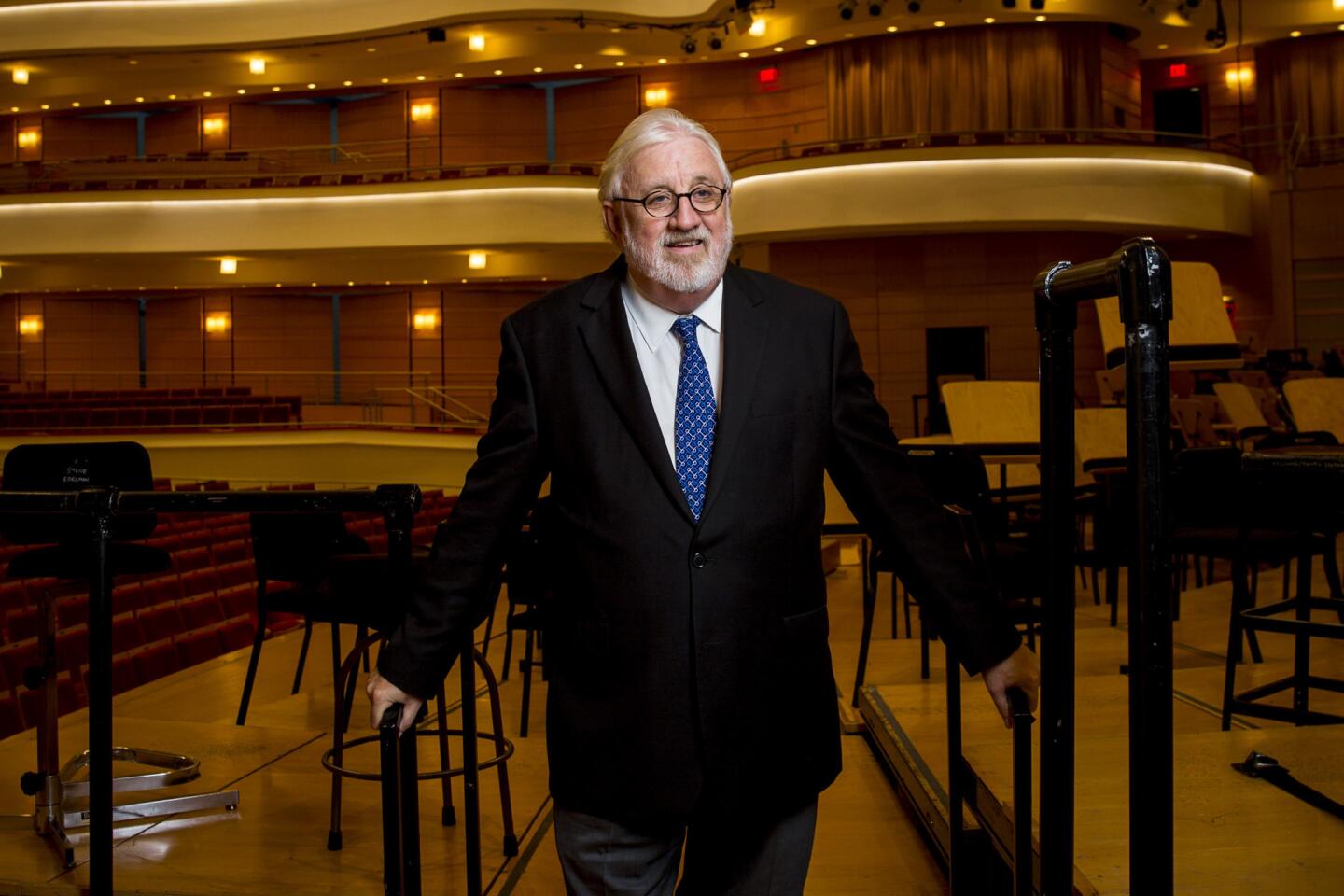
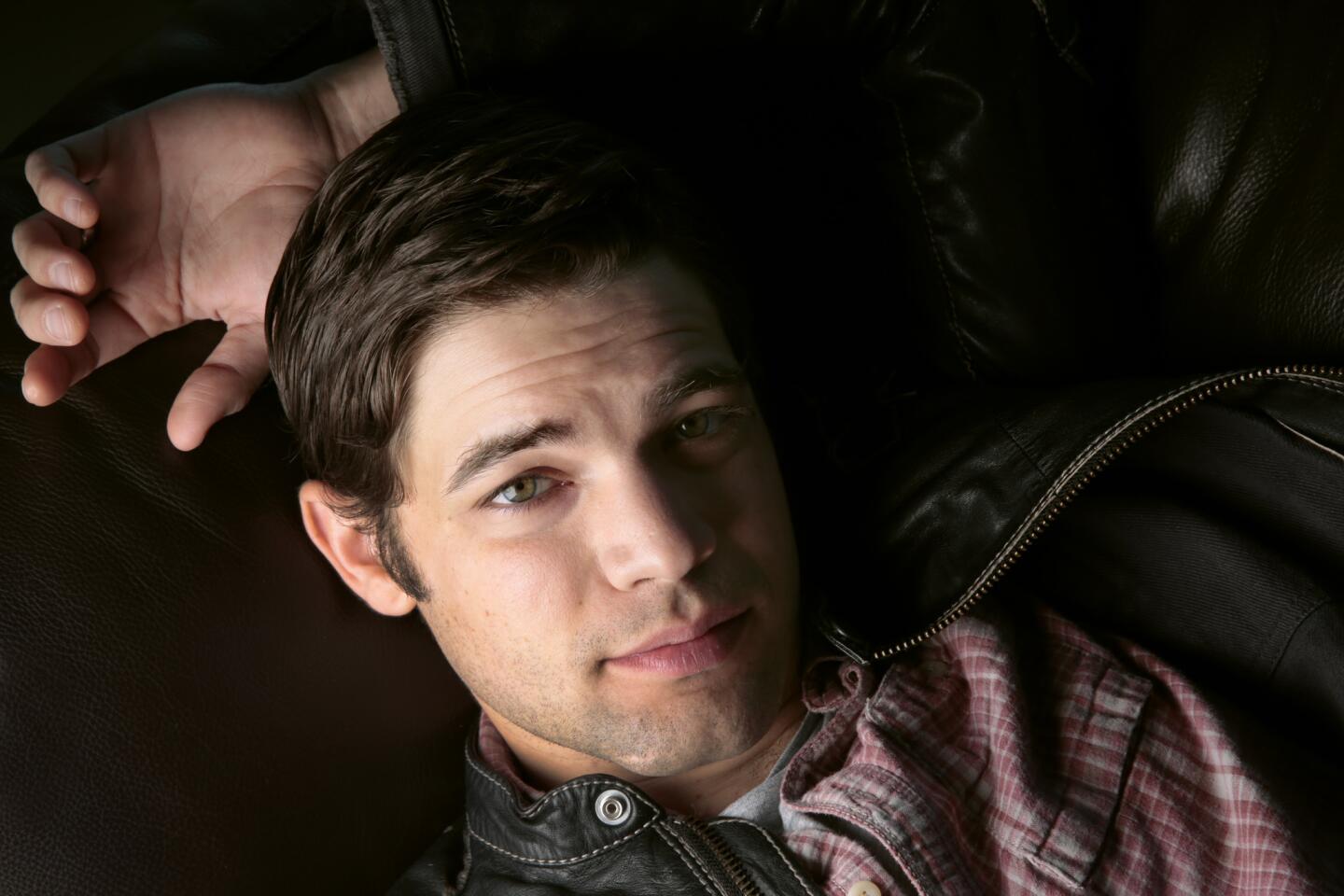

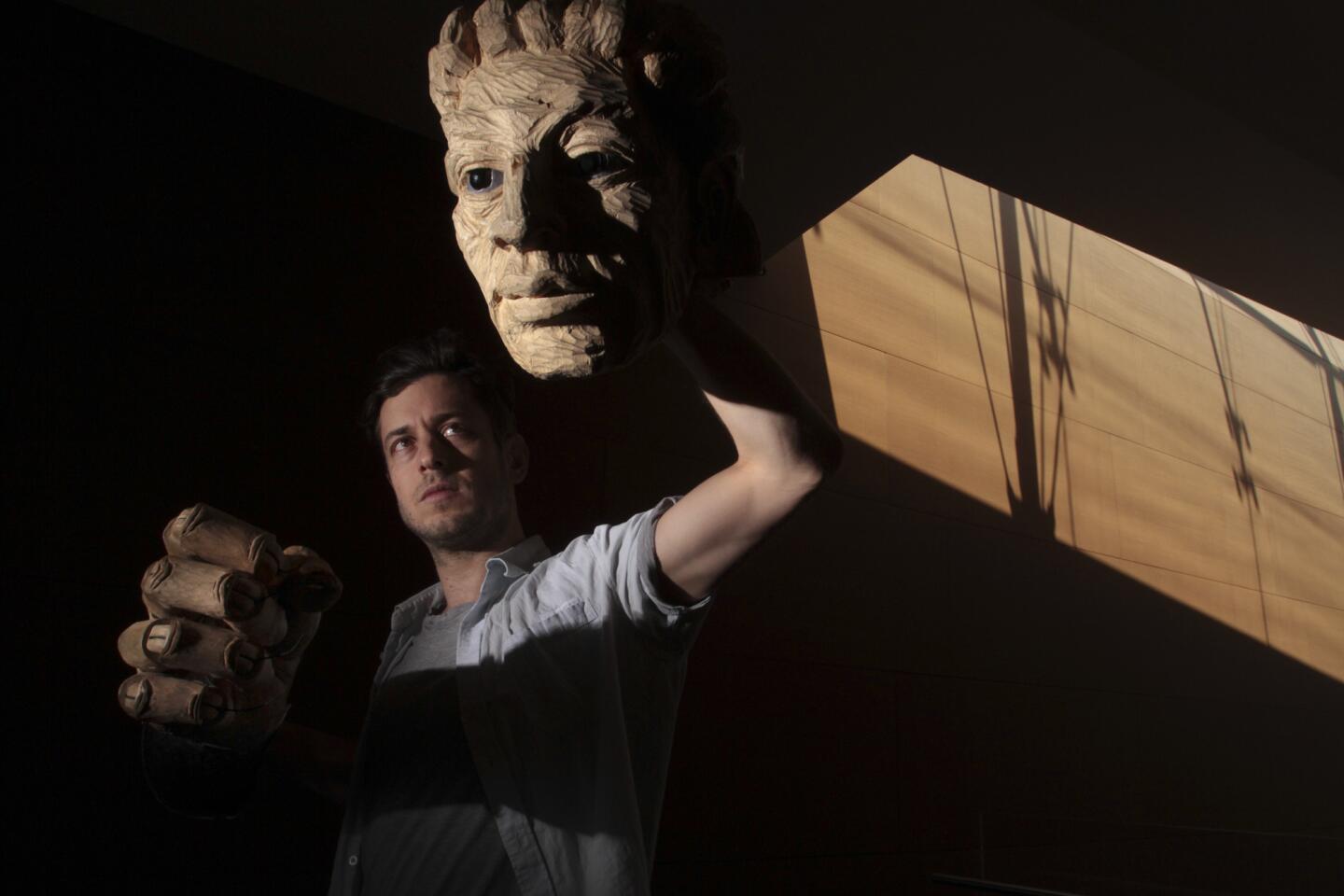
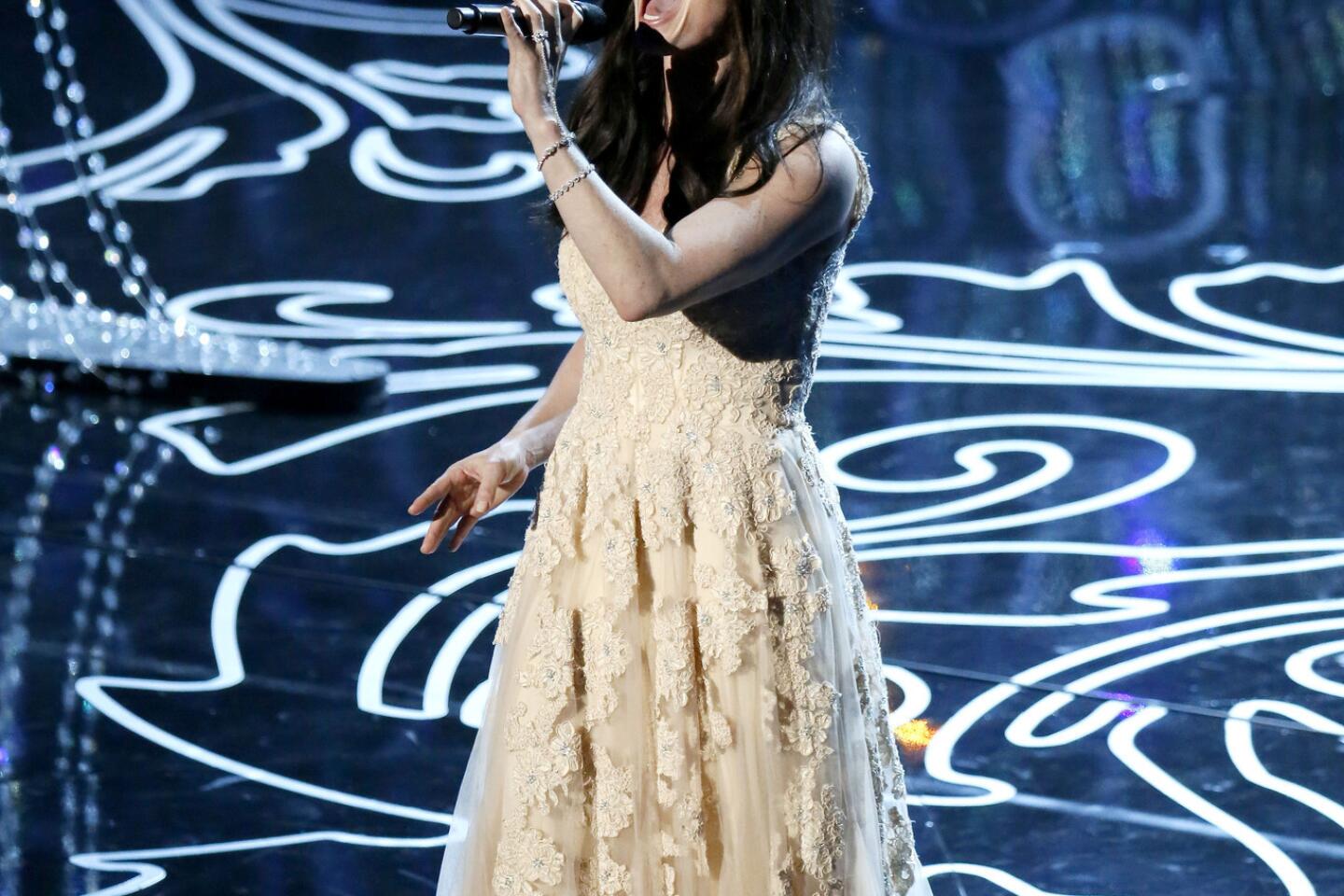
MORE: Oscars 2014: Idina Menzel sings Oscar-winning ‘Let It Go’ from ‘Frozen’
Idina Menzel replaced by ‘Adele Dazeem’ in ‘If/Then’ playbill joke
Adele Dazeem (Idina Menzel) saluted at ‘The Book of Mormon’ (Robert Gauthier / Los Angeles Times)
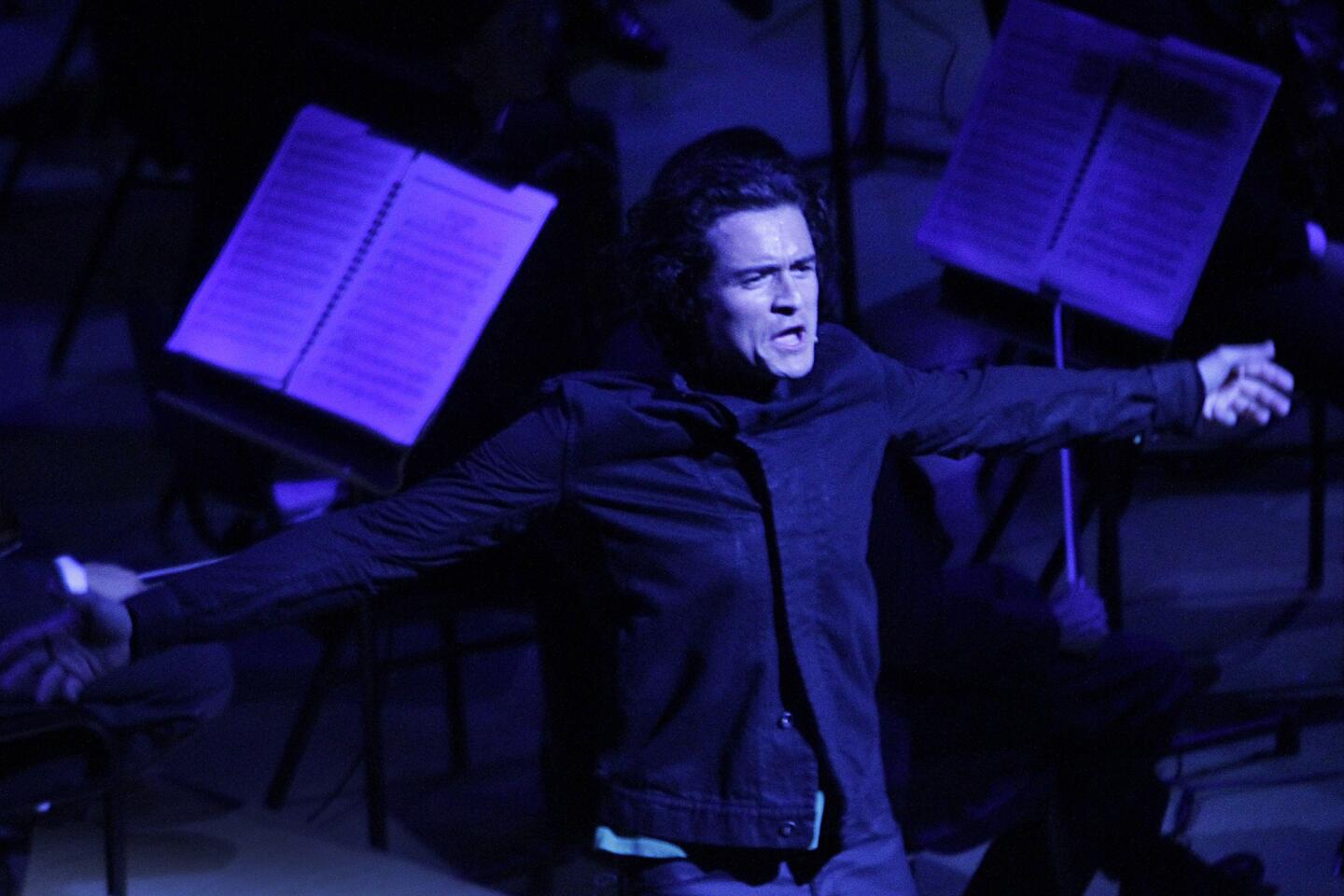
MORE: Orlando Bloom, Joe Morton brighten TchaikovskyFest at Disney Hall
REVIEW: Tchaikovsky on a grand scale (Lawrence K. Ho / Los Angeles Times)
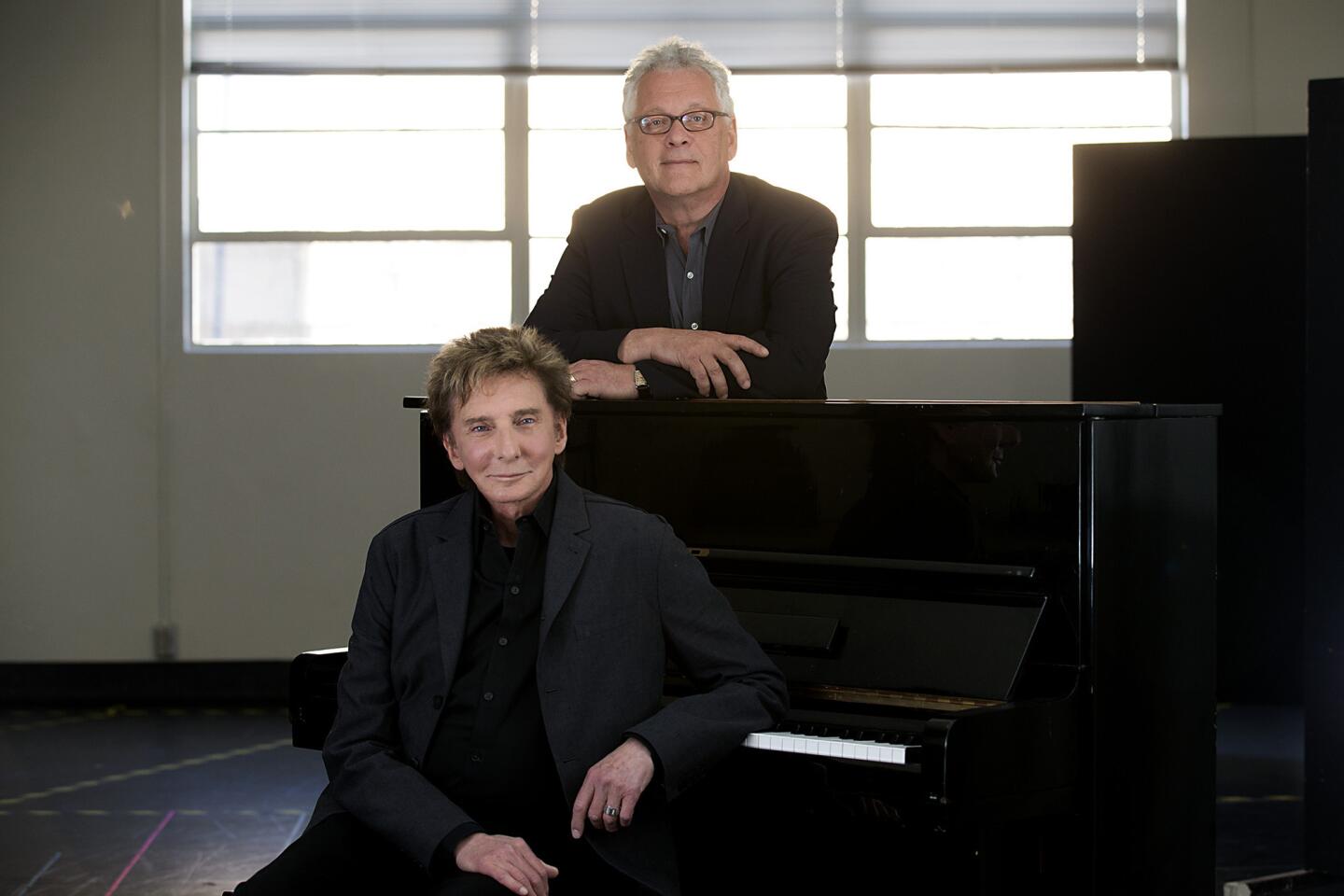
REVIEW: Barry Manilow’s ‘Harmony’ musical can sing but needs work (Luis Sinco / Los Angeles Times)
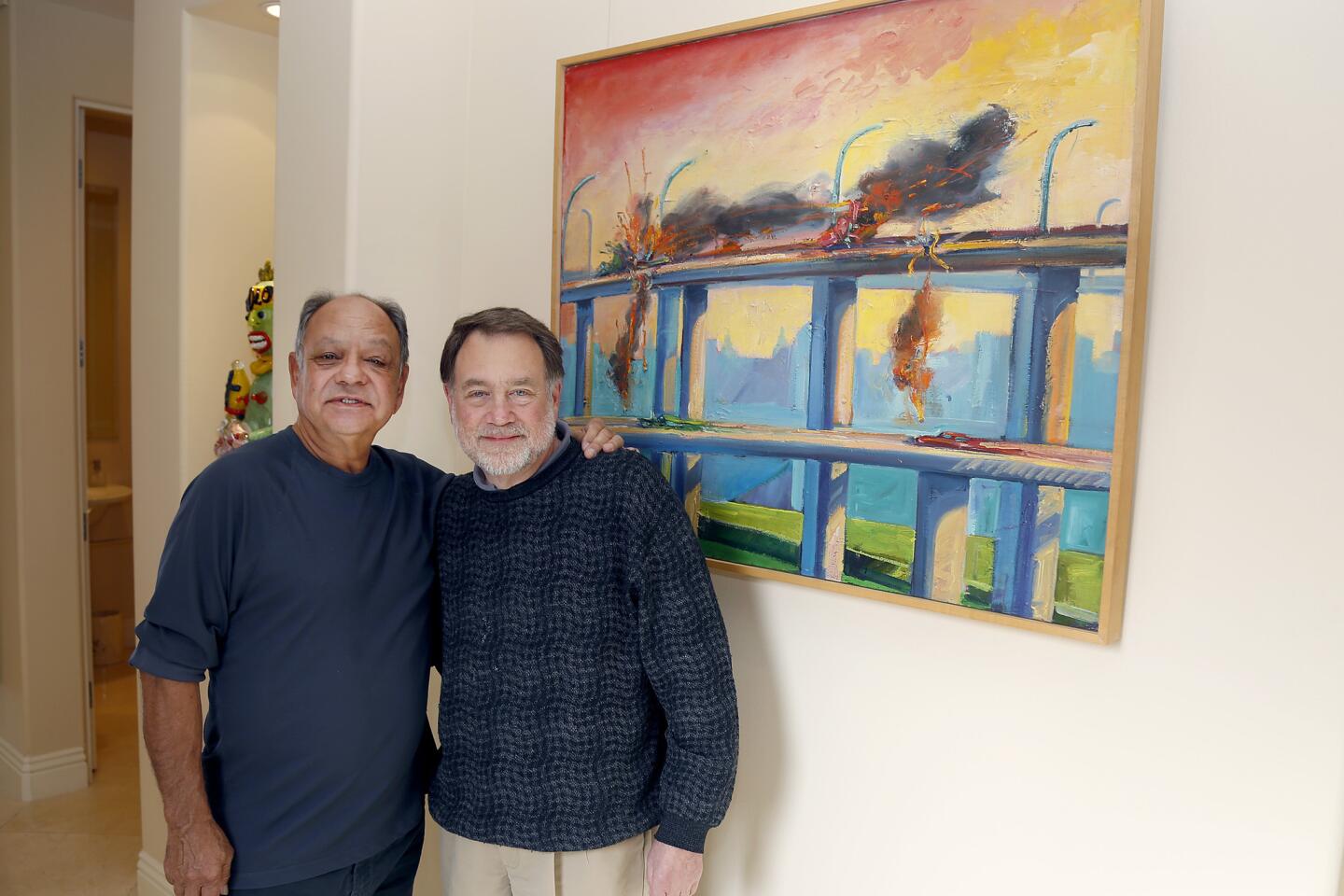
MORE: Carlos Almaraz’s time is coming, nearly 30 years after death (Kirk McKoy / Los Angeles Times)
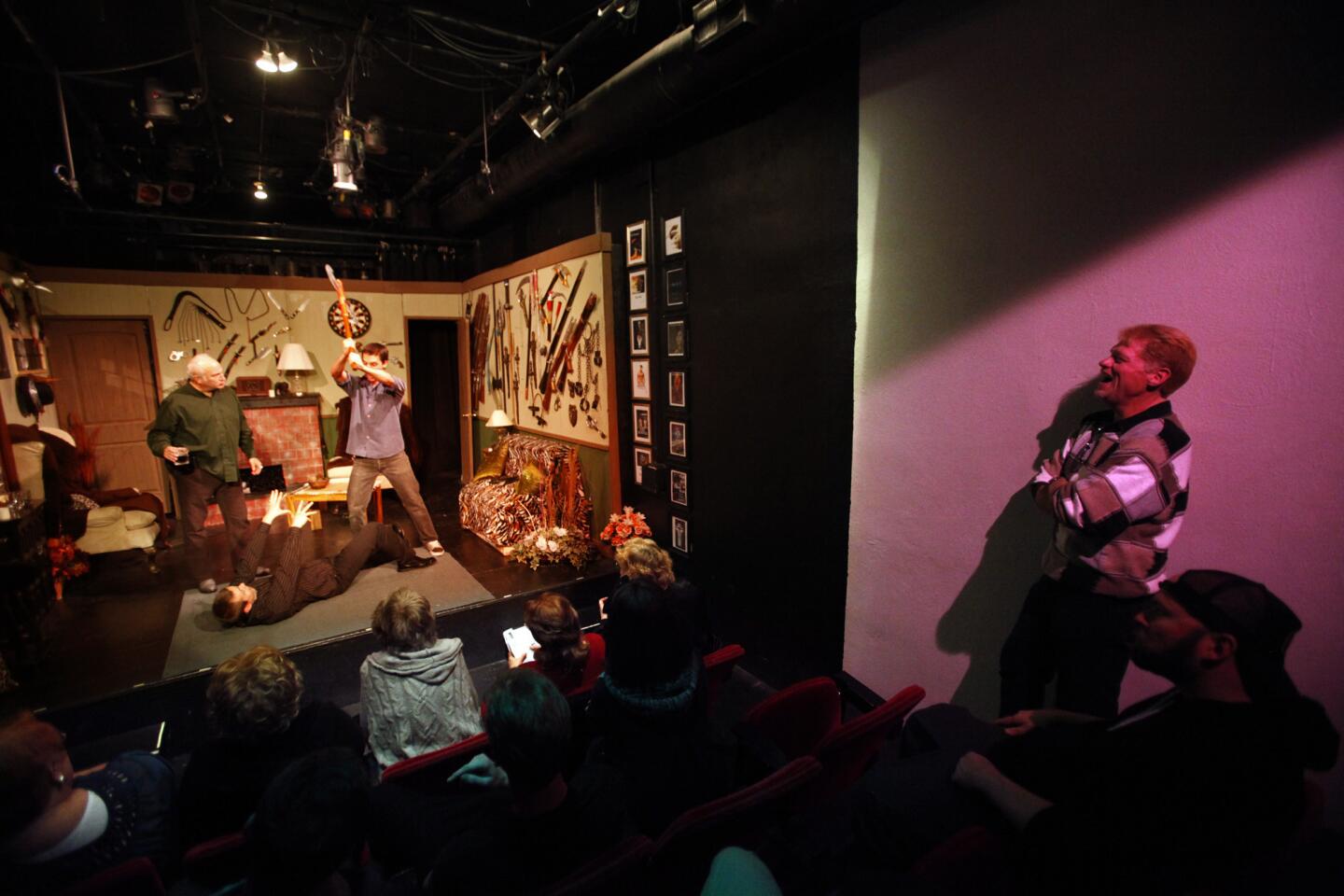
MORE: Hollywood’s Theatre Row sees exits stage right, left as scene changes
INTERACTIVE: Hollywood’s Theatre Row (Genaro Molina / Los Angeles Times)
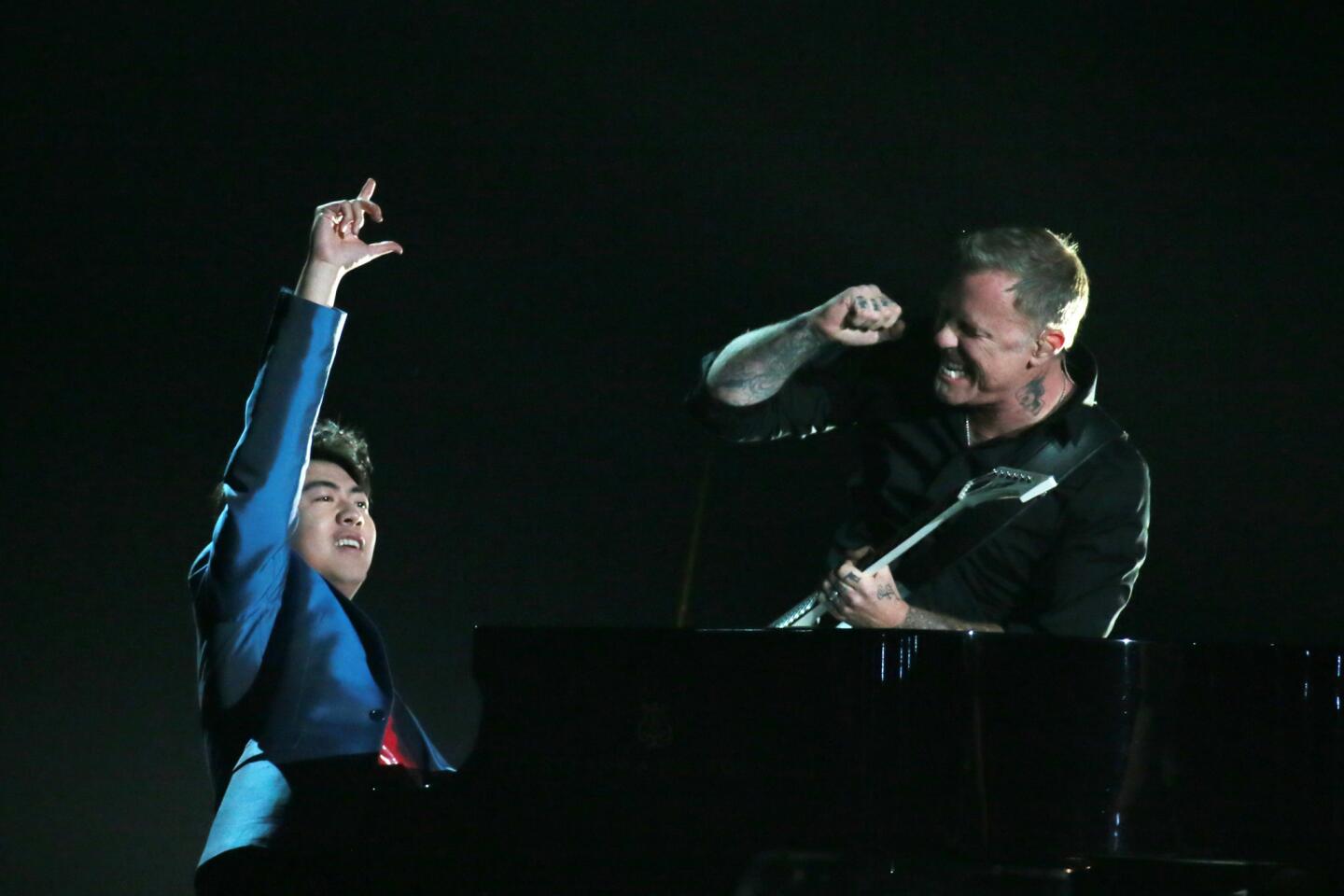
More: Grammys 2014: Lang Lang performs ‘One’ with Metallica (Robert Gauthier / Los Angeles Times)
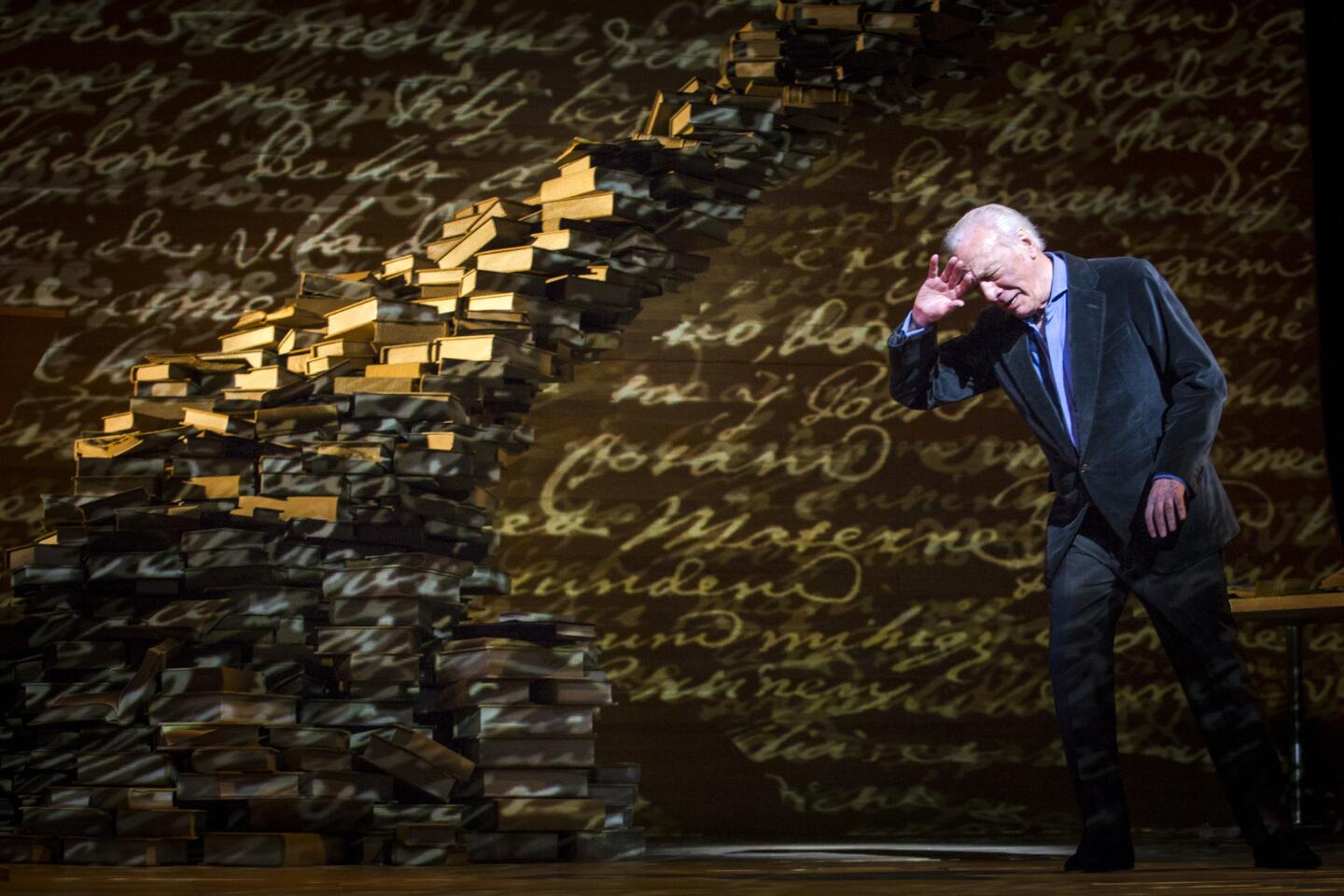
Review: Christopher Plummer, a man of letters, says ‘A Word or Two’ (Doriane Raiman / Los Angeles Times)
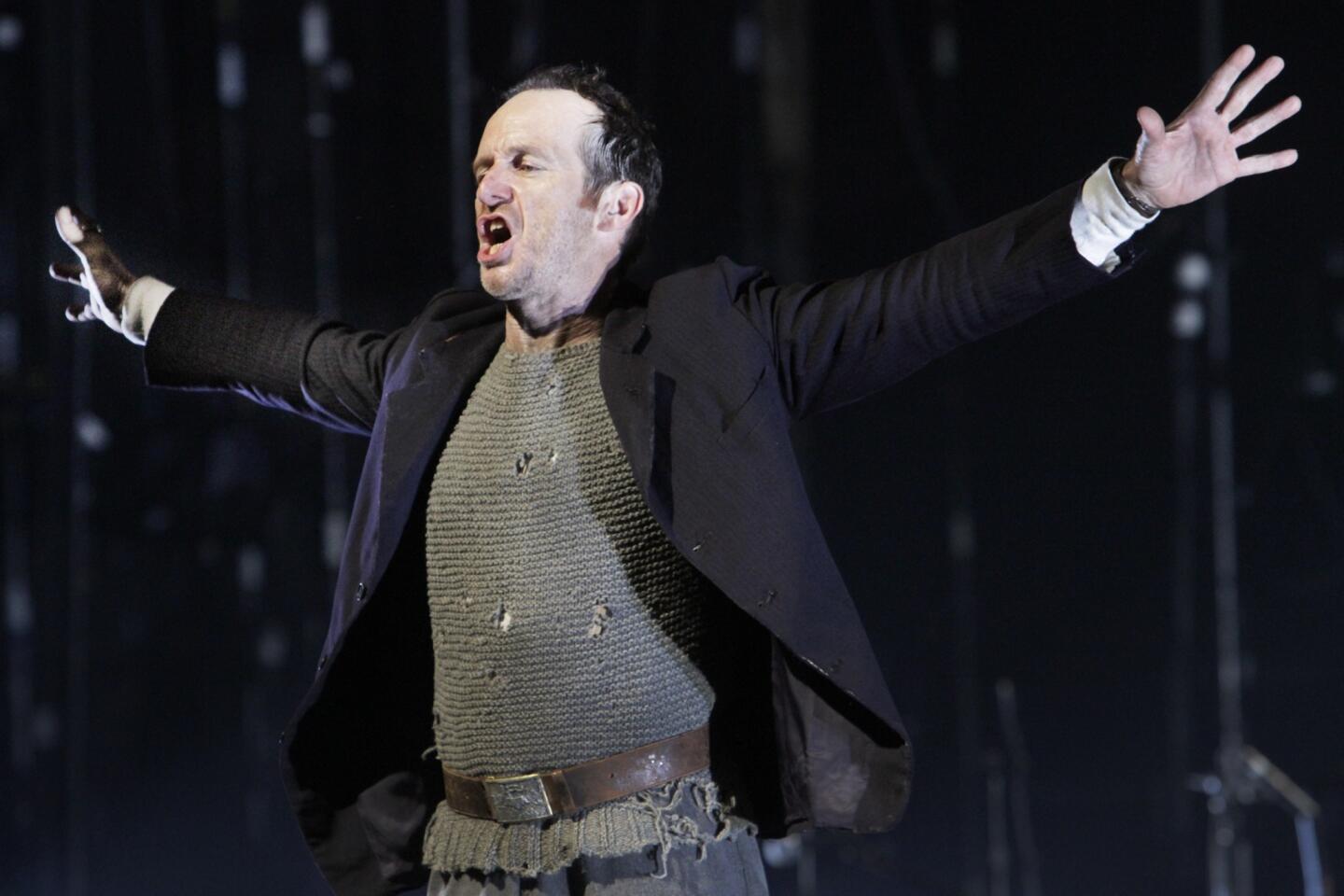
REVIEW: A poet embedded among troops lives to tell ‘An Iliad’ (Lawrence K. Ho / Los Angeles Times)

MORE: New MOCA director Philippe Vergne is a museum veteran
New MOCA director Philippe Vergne plans an artist-enabling museum (Carolyn Cole / Los Angeles Times)
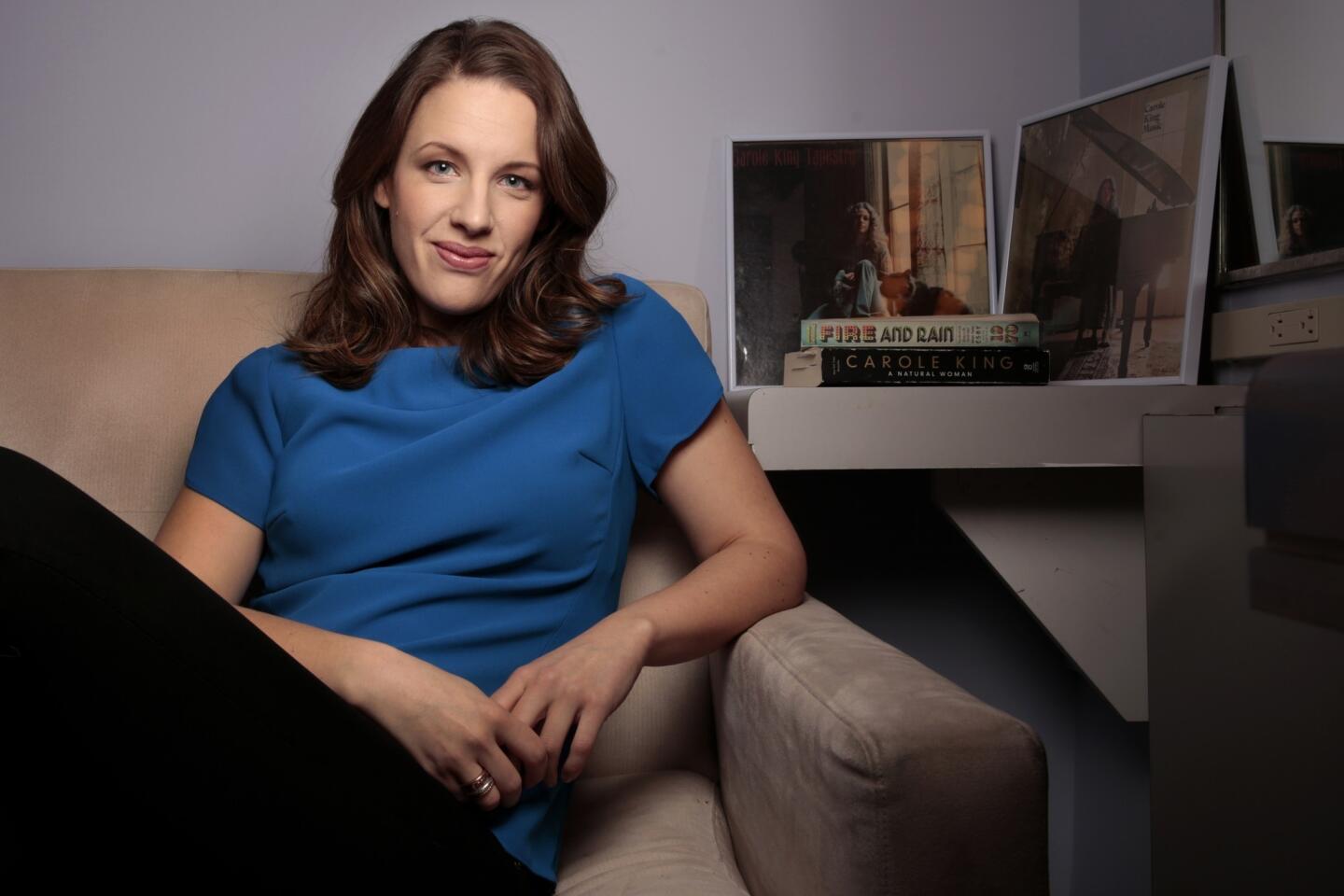
MORE: A ‘Beautiful’ tapestry of Carole King’s life (Carolyn Cole / Los Angeles Times)
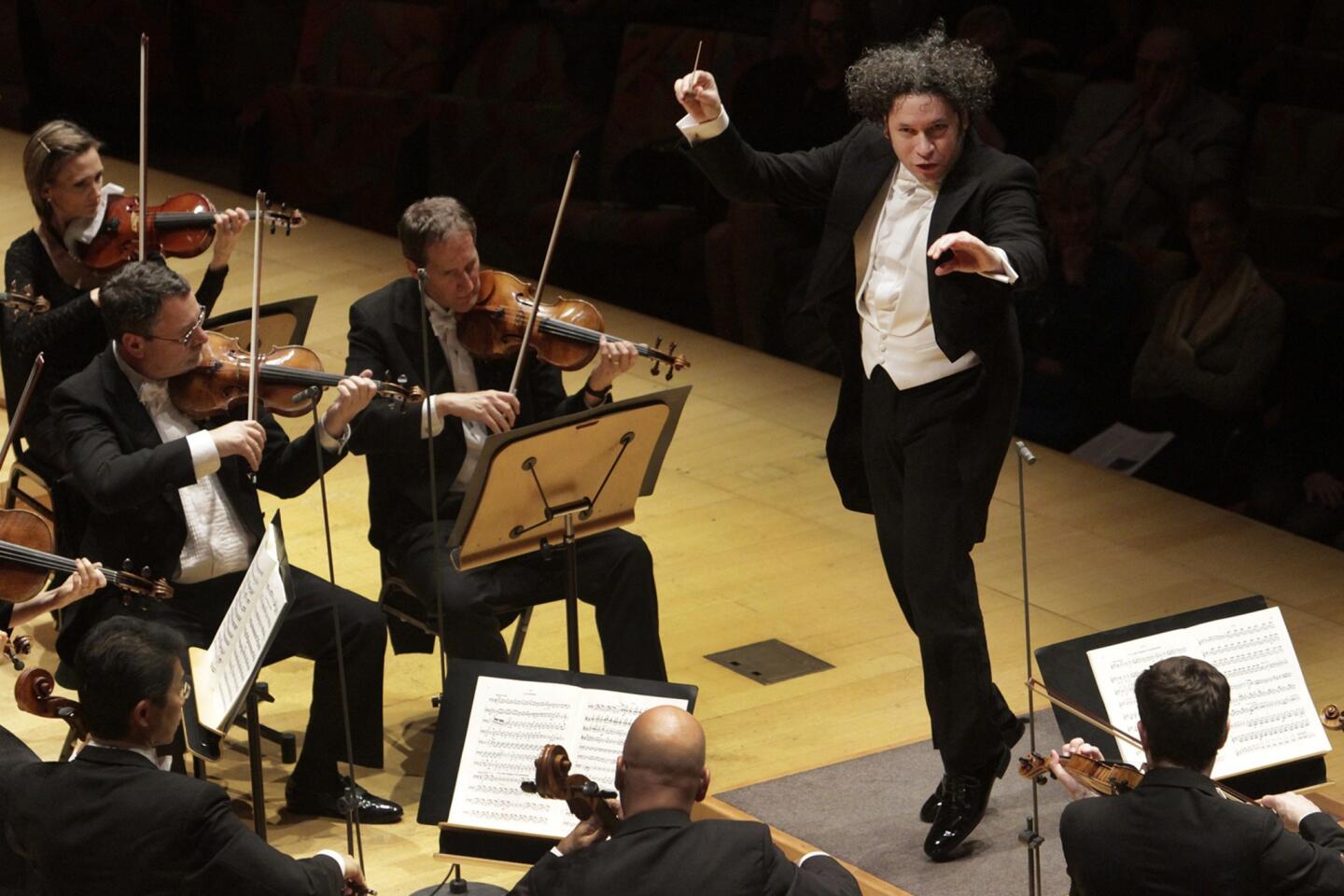
REVIEW: L.A. Phil, Dudamel reinvigorate Tchaikovsky’s ‘Nutcracker’ (Lawrence K. Ho / Los Angeles Times)
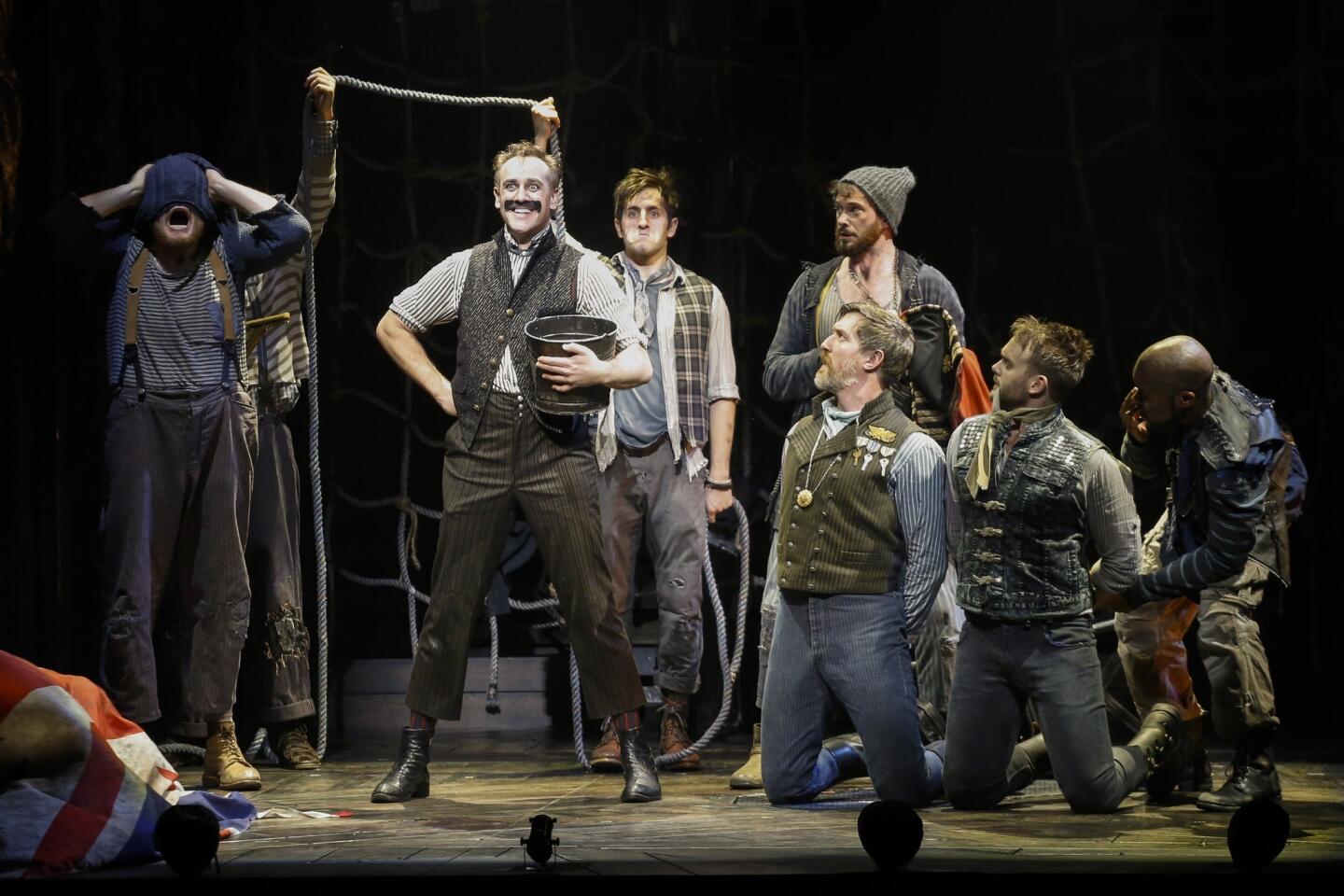
REVIEW: Lively ‘Peter and the Starcatcher’ make us believers again
MORE: Baddie role in ‘Peter and the Starcatcher’ hooked John Sanders (Jay L. Clendenin / Los Angeles Times)
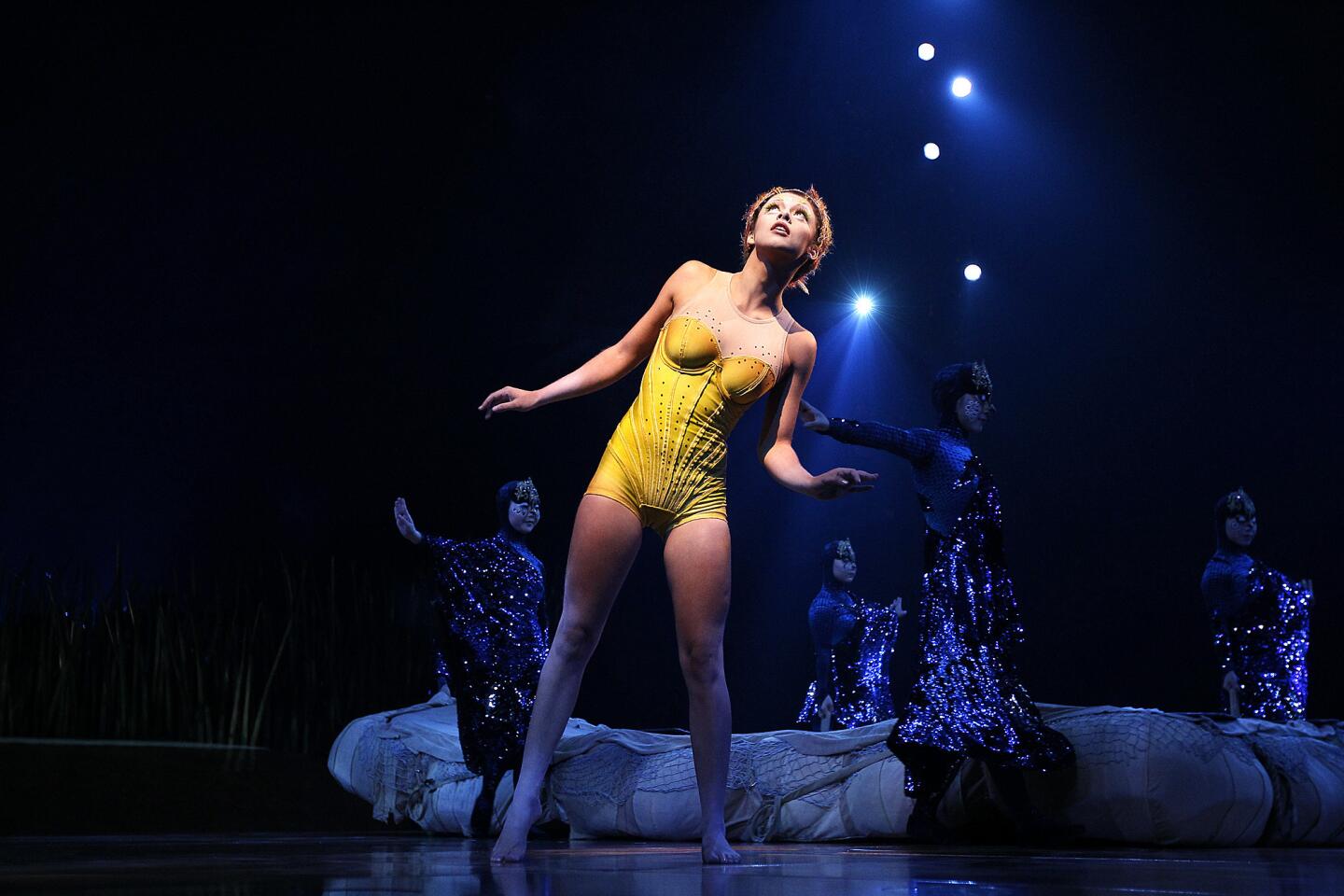
REVIEW: Cirque du Soleil’s ‘Totem’ a thrilling salute to human growth (Christina House / For the Times)
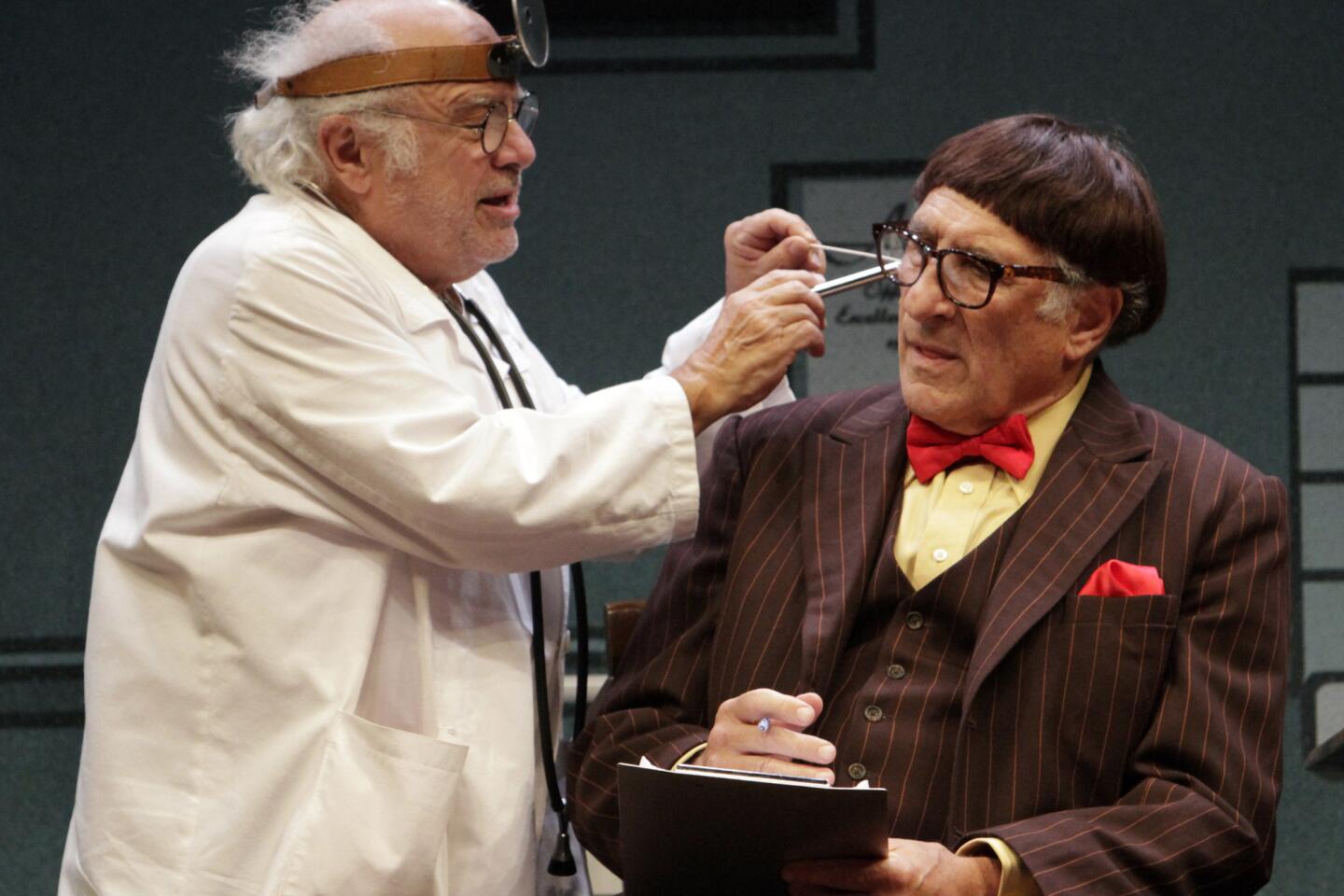
REVIEW: Time has overtaken ‘The Sunshine Boys’ (Lawrence K. Ho / Los Angeles Times)
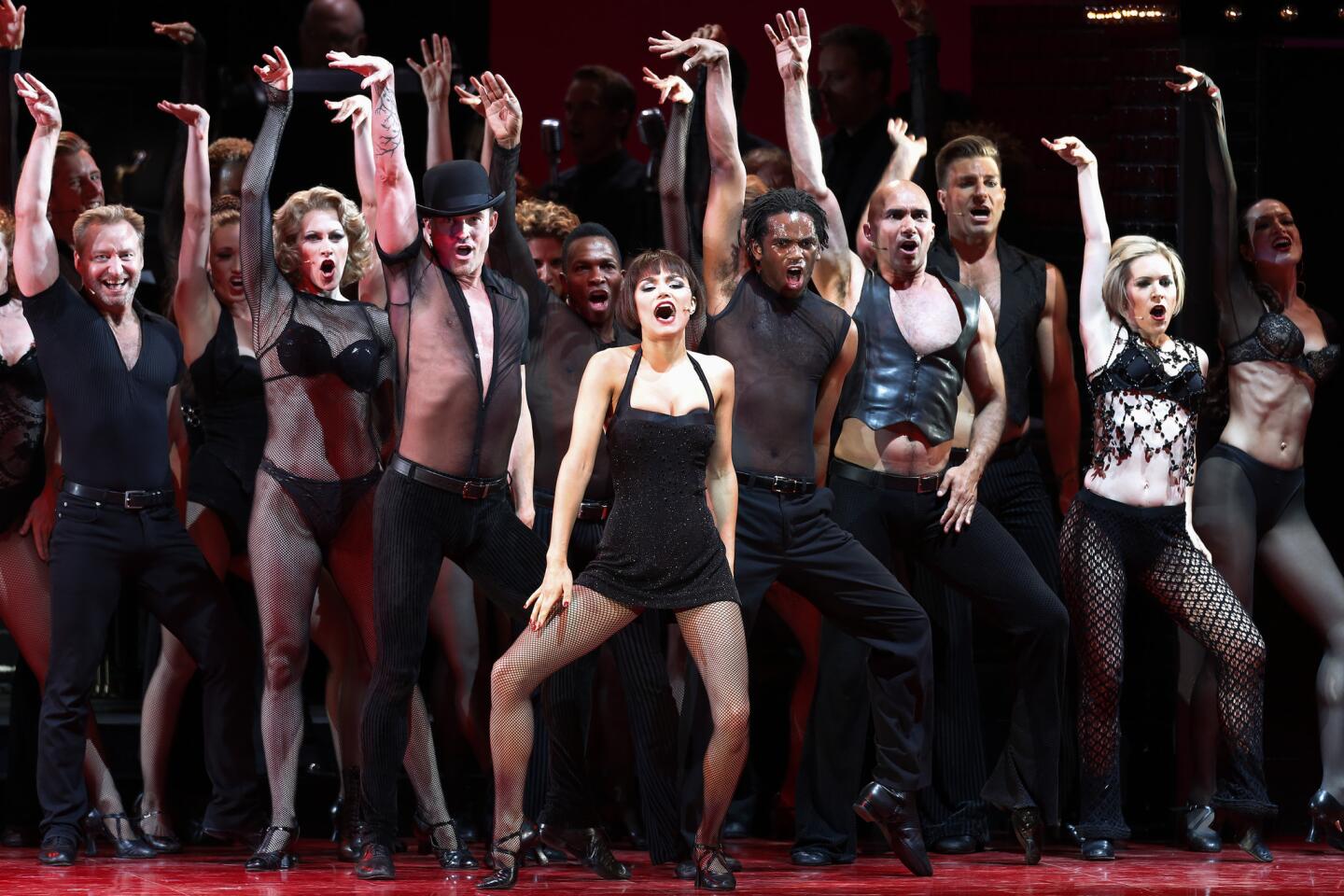
REVIEW: ‘Chicago’ storms into the Hollywood Bowl (Jay L. Clendenin / Los Angeles Times)
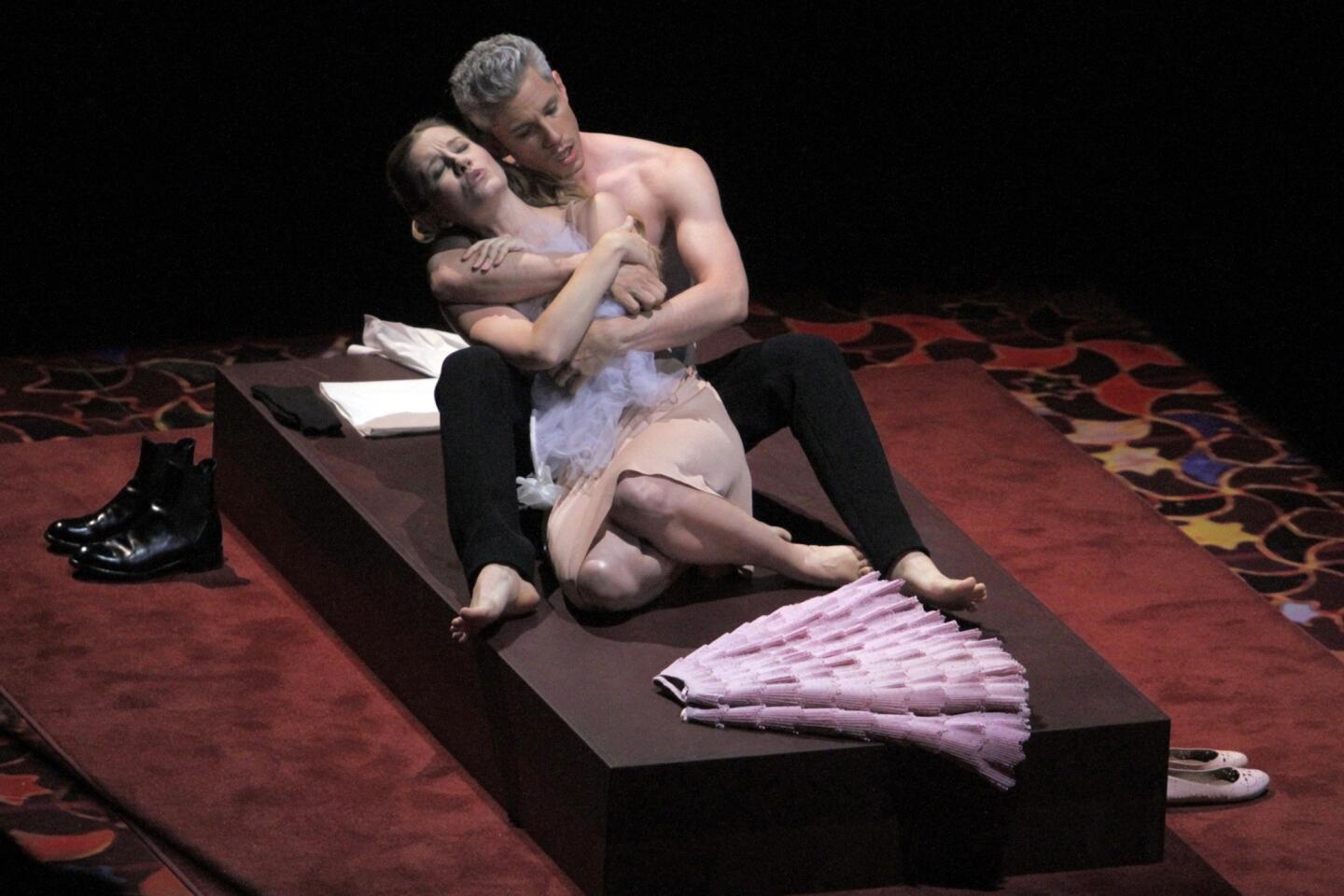
REVIEW: ‘Marriage of Figaro’ a wedding of many talents (Lawrence K. Ho / Los Angeles Times)
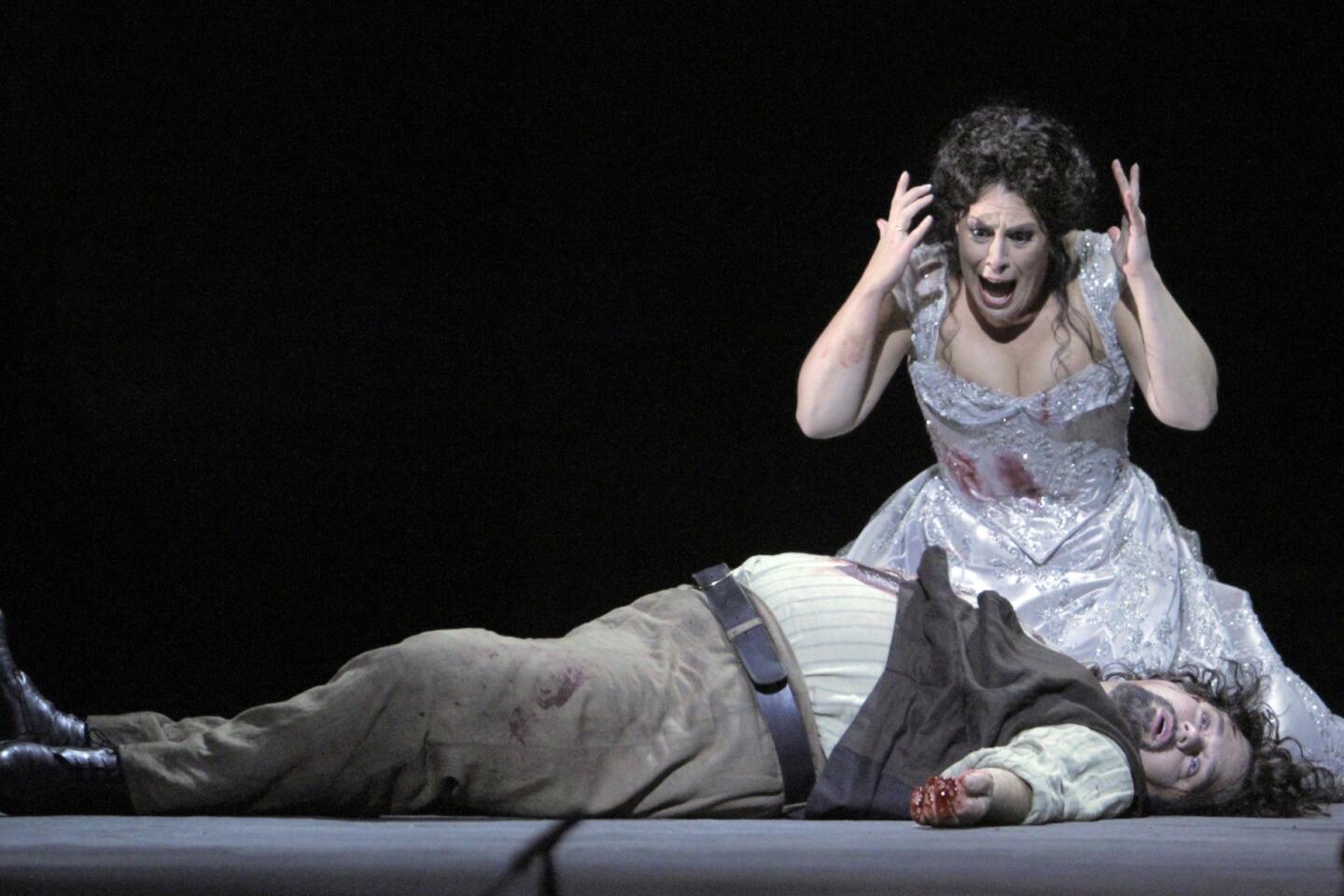
REVIEW: With ‘Tosca,’ Los Angeles Opera goes for grand (Lawrence K. Ho / Los Angeles Times)
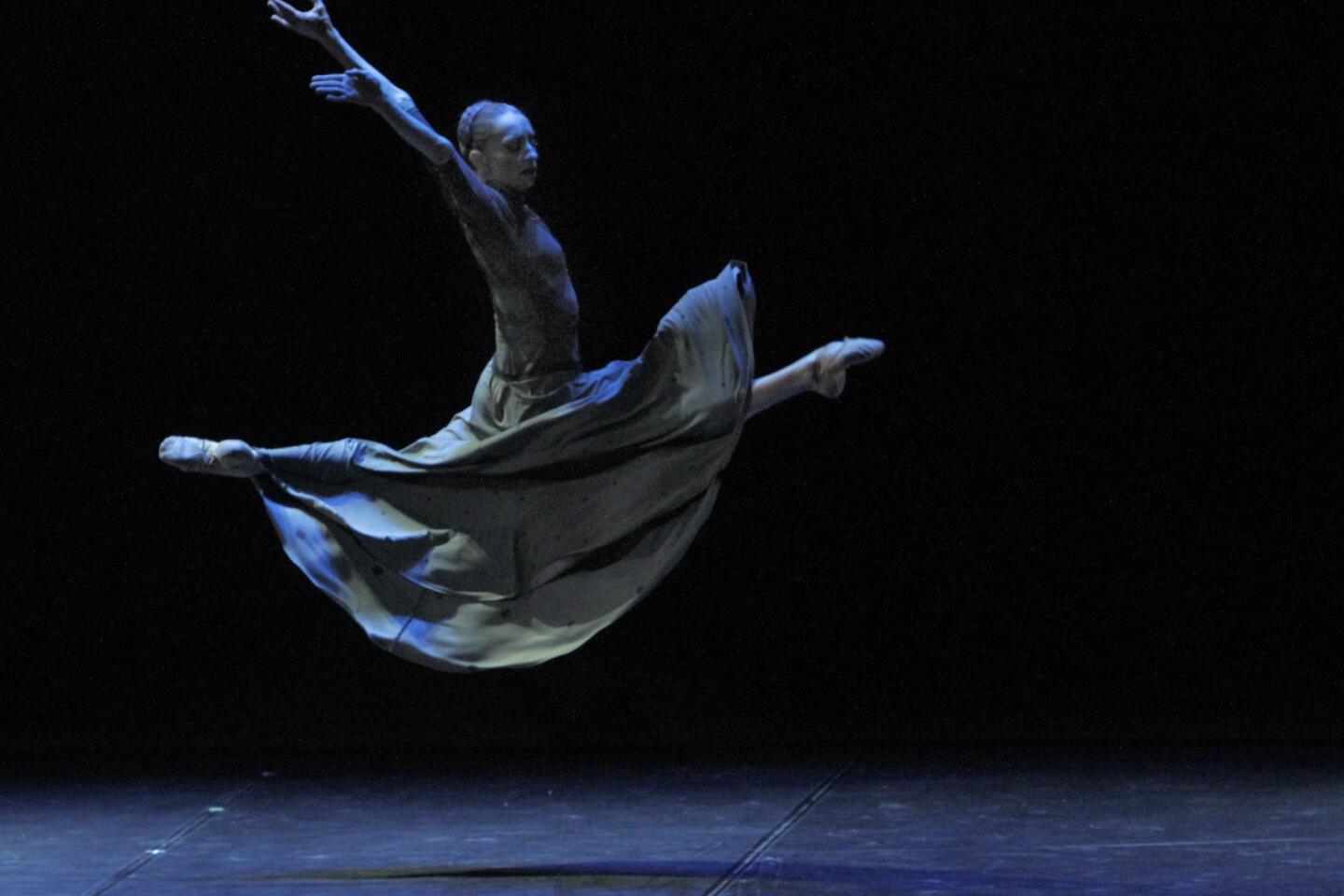
REVIEW: The collateral damage of genius in Boris Eifman’s ‘Rodin’ (Lawrence K. Ho / Los Angeles Times)
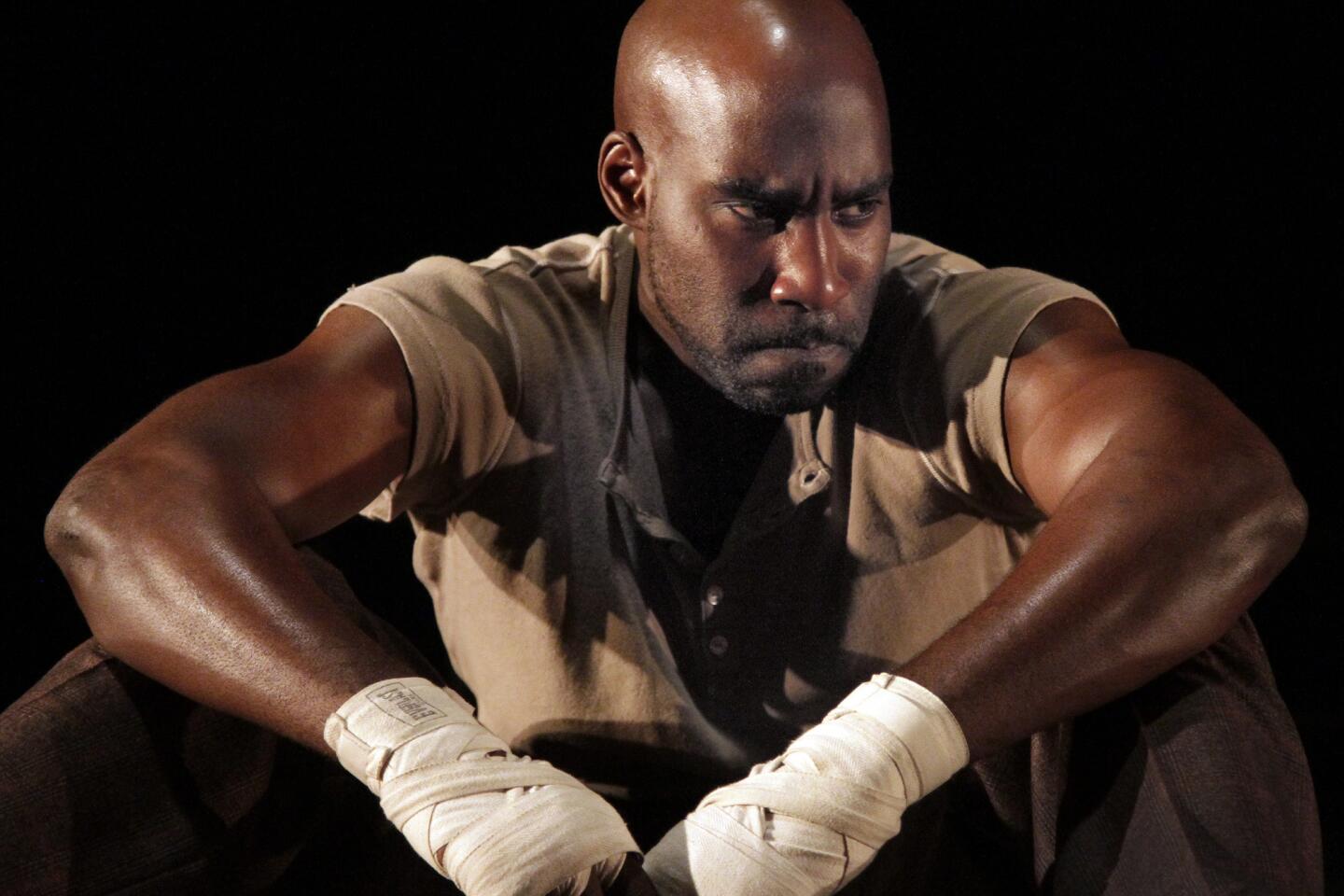
REVIEW: ‘The Royale’ punches well but has character issues (Lawrence K. Ho / Los Angeles Times)
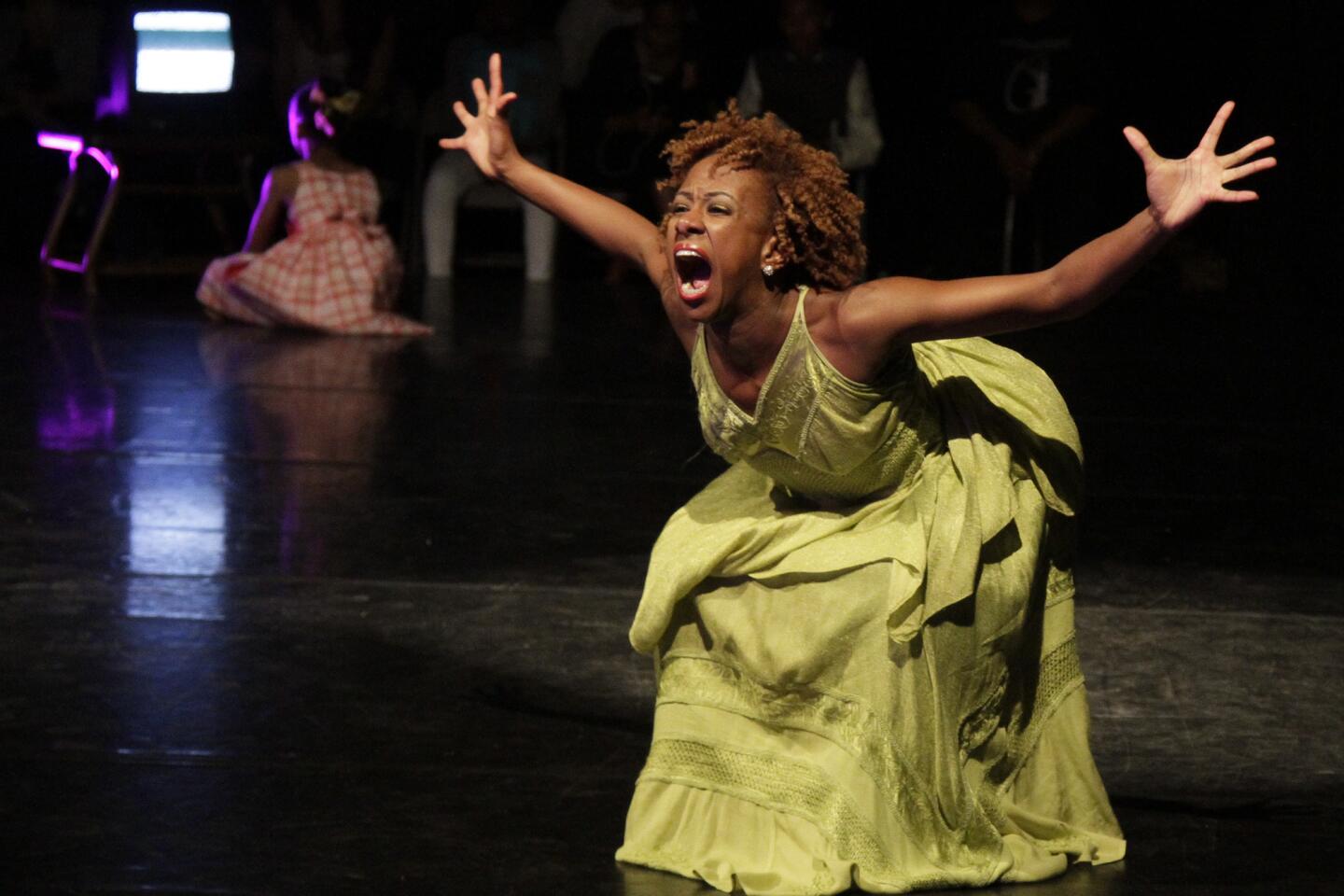
REVIEW: L.A. Dance Festival returns to boost homegrown dance (Lawrence K. Ho / Los Angeles Times)
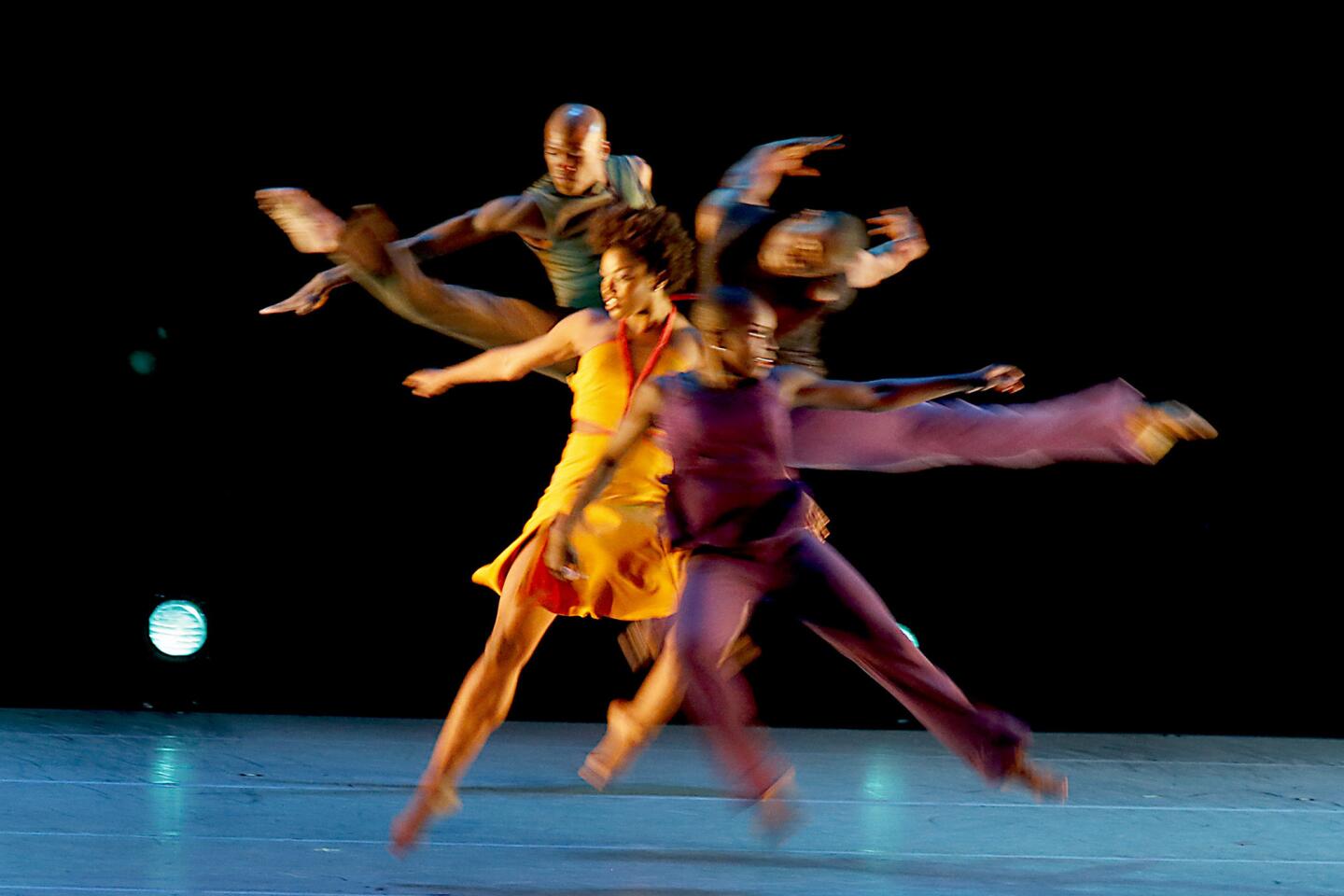
REVIEW: Sensual energy crackles in Alvin Ailey dance program (Luis Sinco / Los Angeles Times)
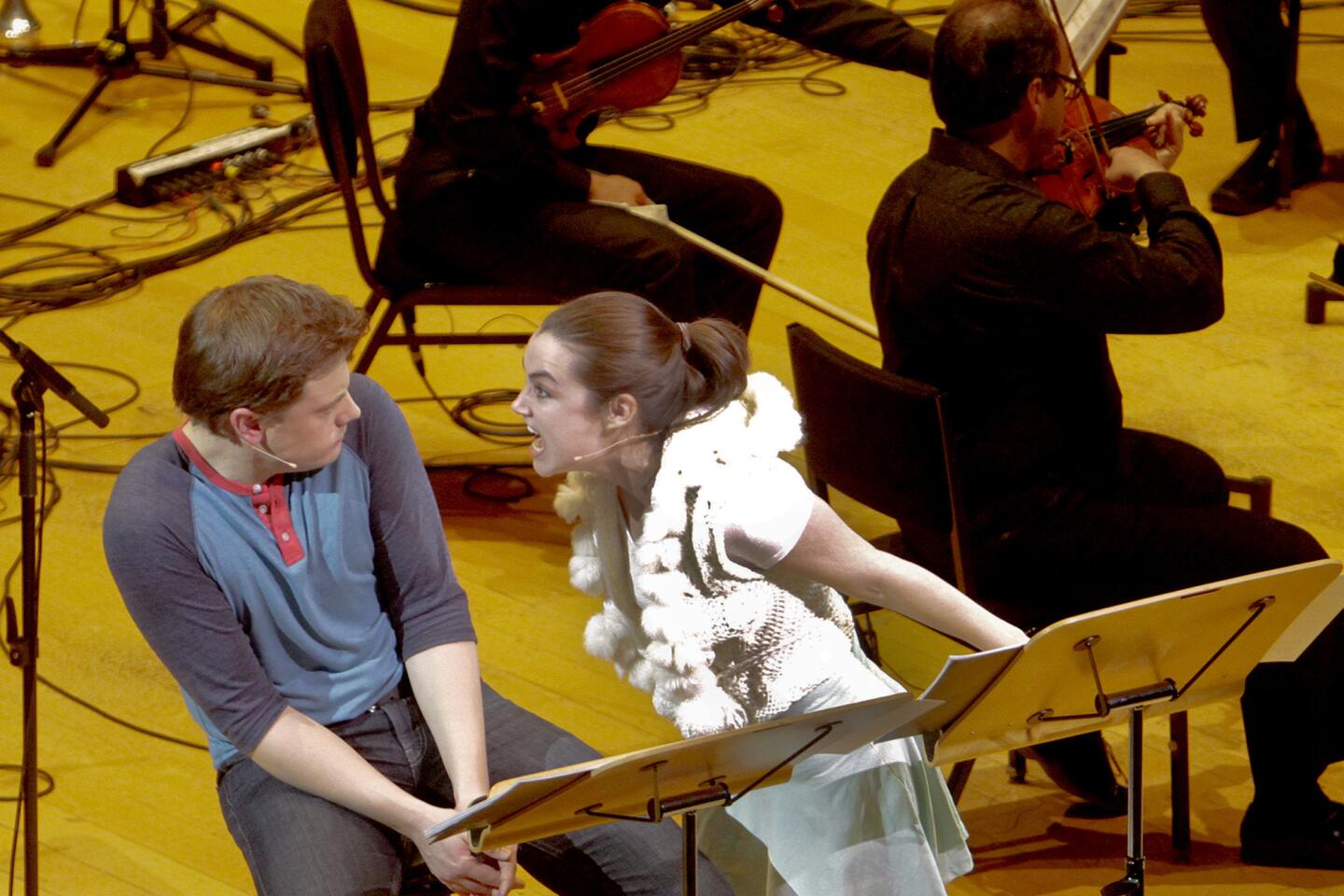
REVIEW: Aaron Copland as a hinge (Lawrence K. Ho / Los Angeles Times)
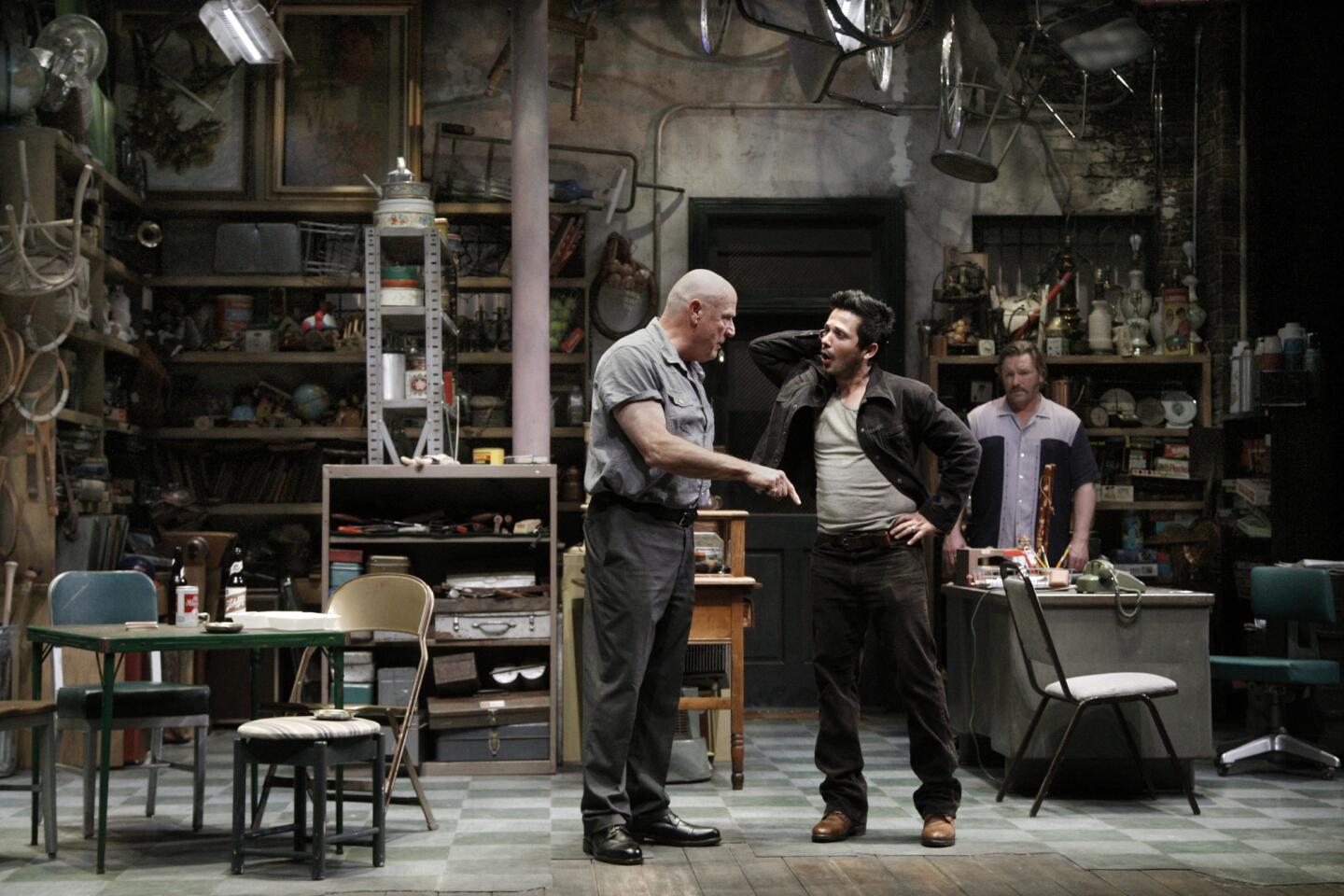
REVIEW: ‘American Buffalo’ at Geffen a refreshing dose of Mamet (Gary Friedman / Los Angeles Times)
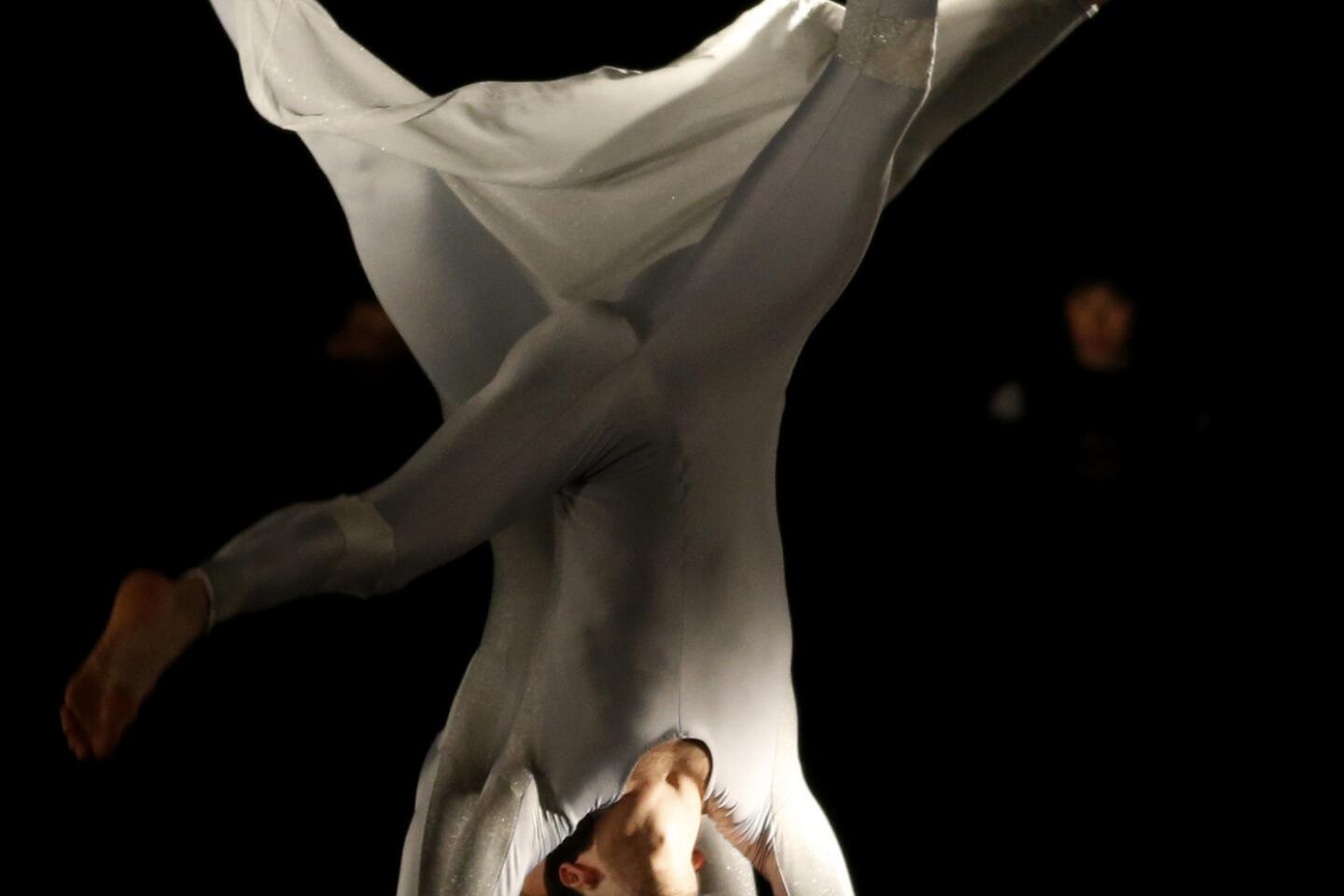
REVIEW: Flashes of lightning in Trisha Brown’s ‘Astral Converted’ (Luis Sinco / Los Angeles Times)
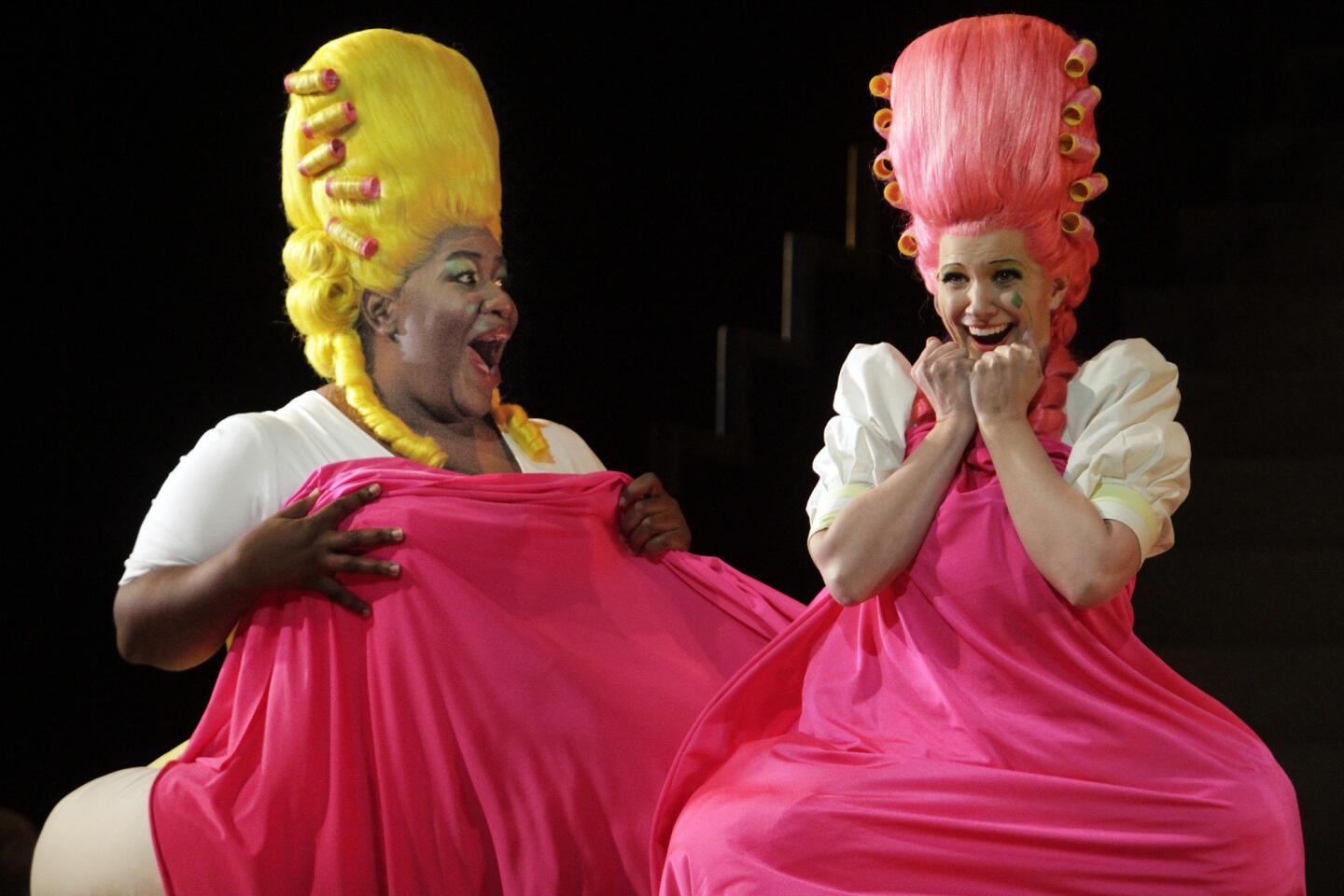
REVIEW: A new Cinderella at Los Angeles Opera makes an impression (Lawrence K. Ho / Los Angeles Times)
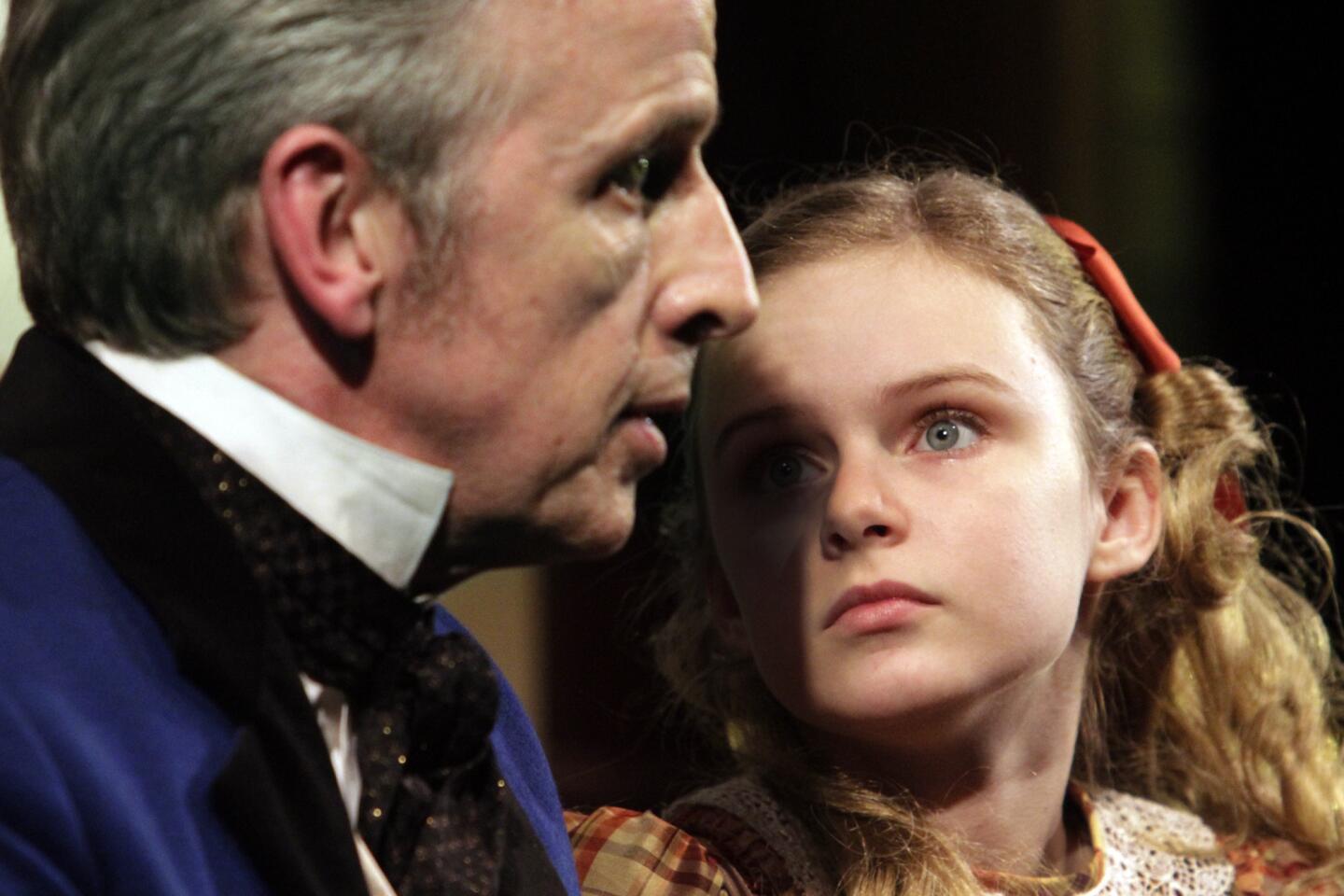
REVIEW: Ethical quandaries buzz in ‘The Nether’ (Lawrence K. Ho / Los Angeles Times)
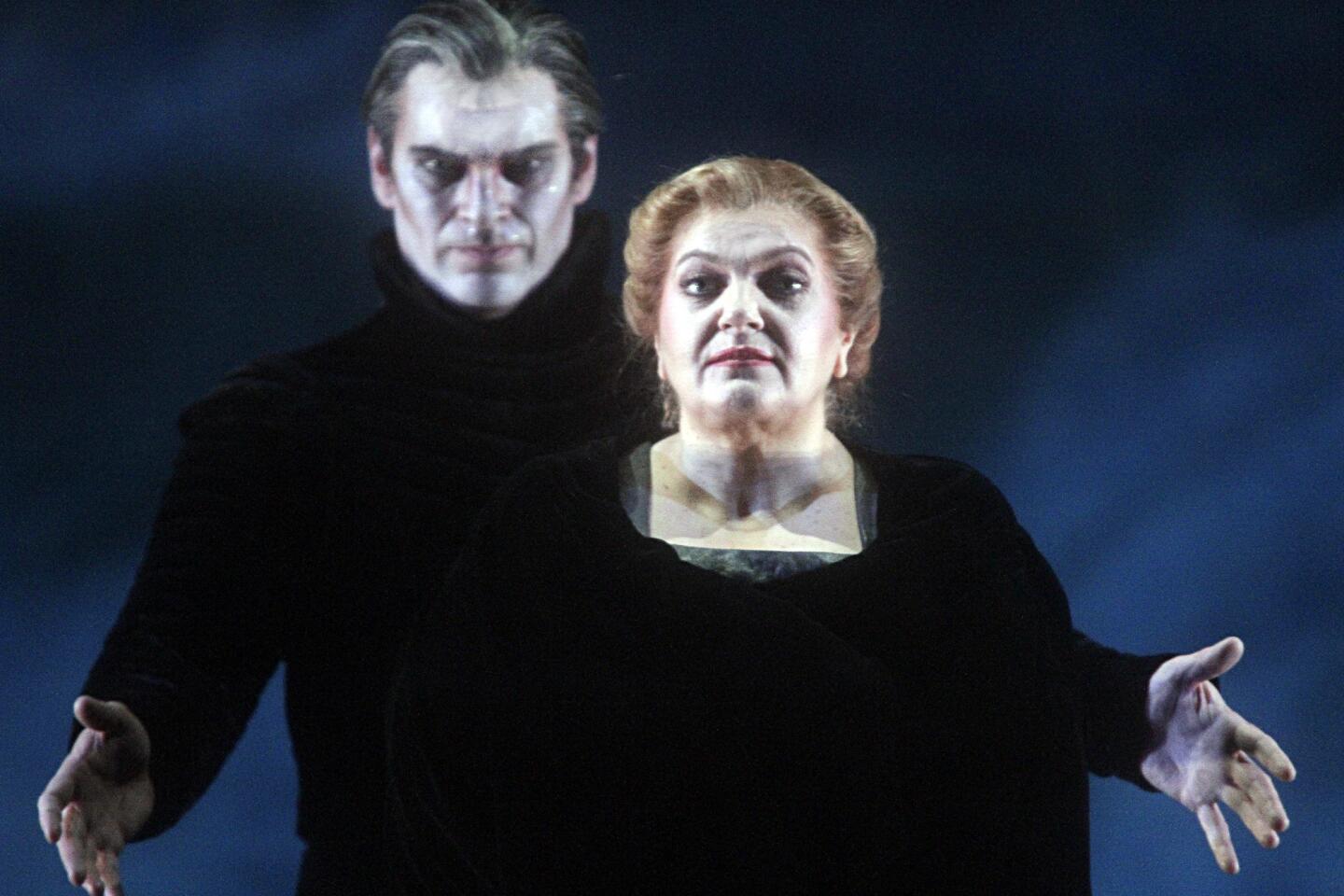
REVIEW: L.A. Opera’s ‘Flying Dutchman’ back in action (Lawrence K. Ho / Los Angeles Times)
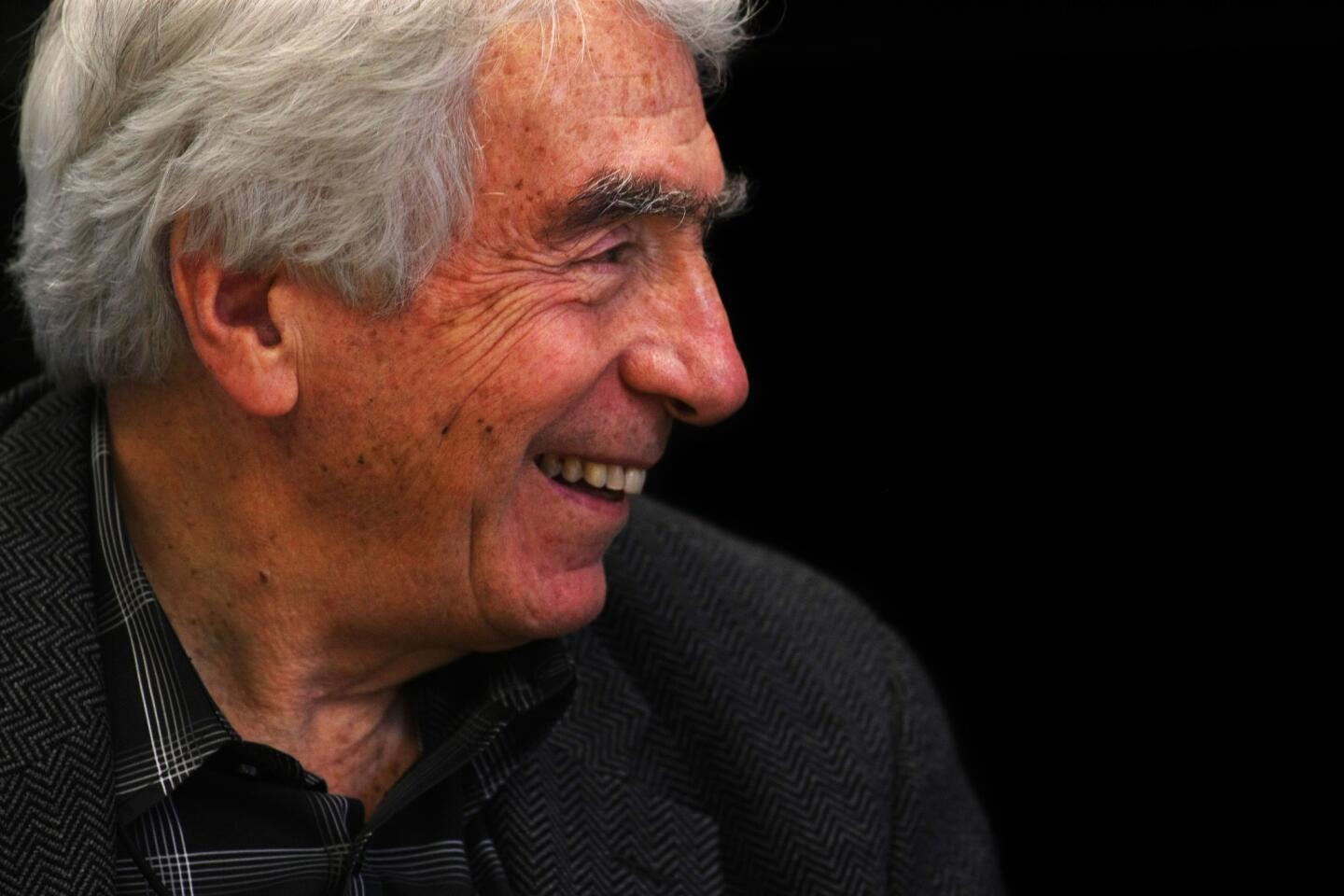
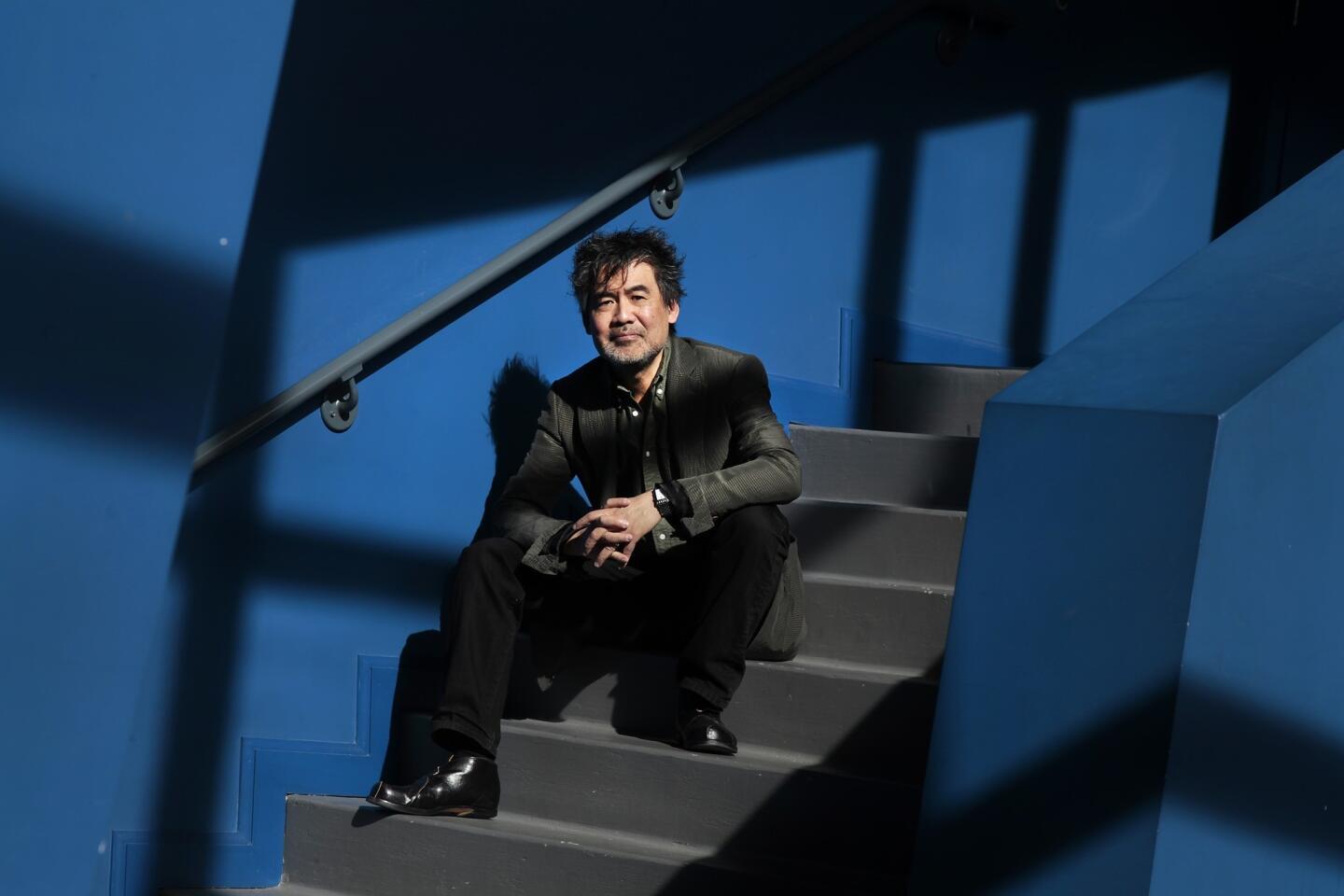
MORE: For David Henry Hwang’s ‘Chinglish,’ a case of bad timing in China (Rick Loomis / Los Angeles Times)
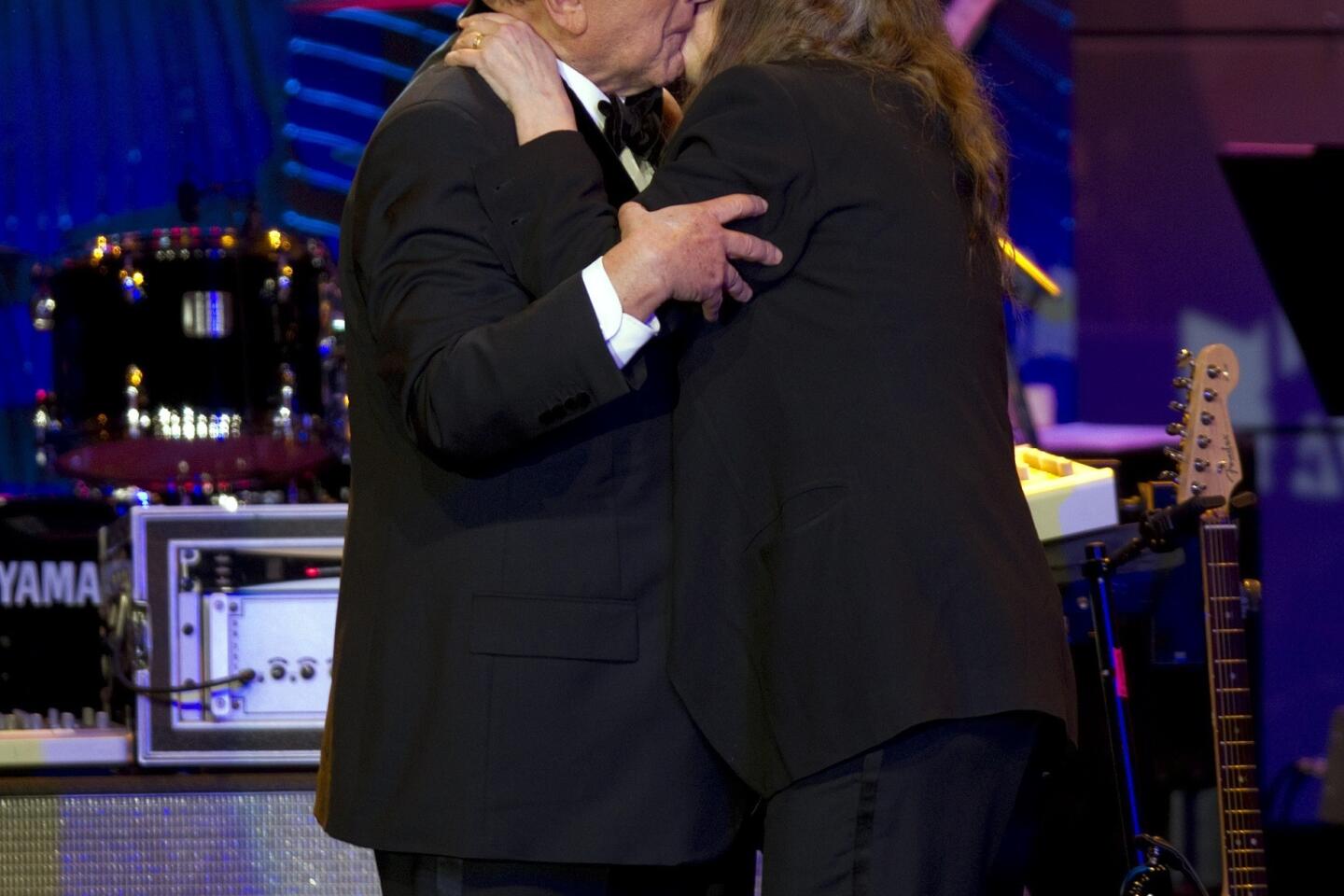
MORE: Clive Davis’ next role: Broadway producer of a new ‘My Fair Lady’ (Gina Ferazzi / Los Angeles Times)
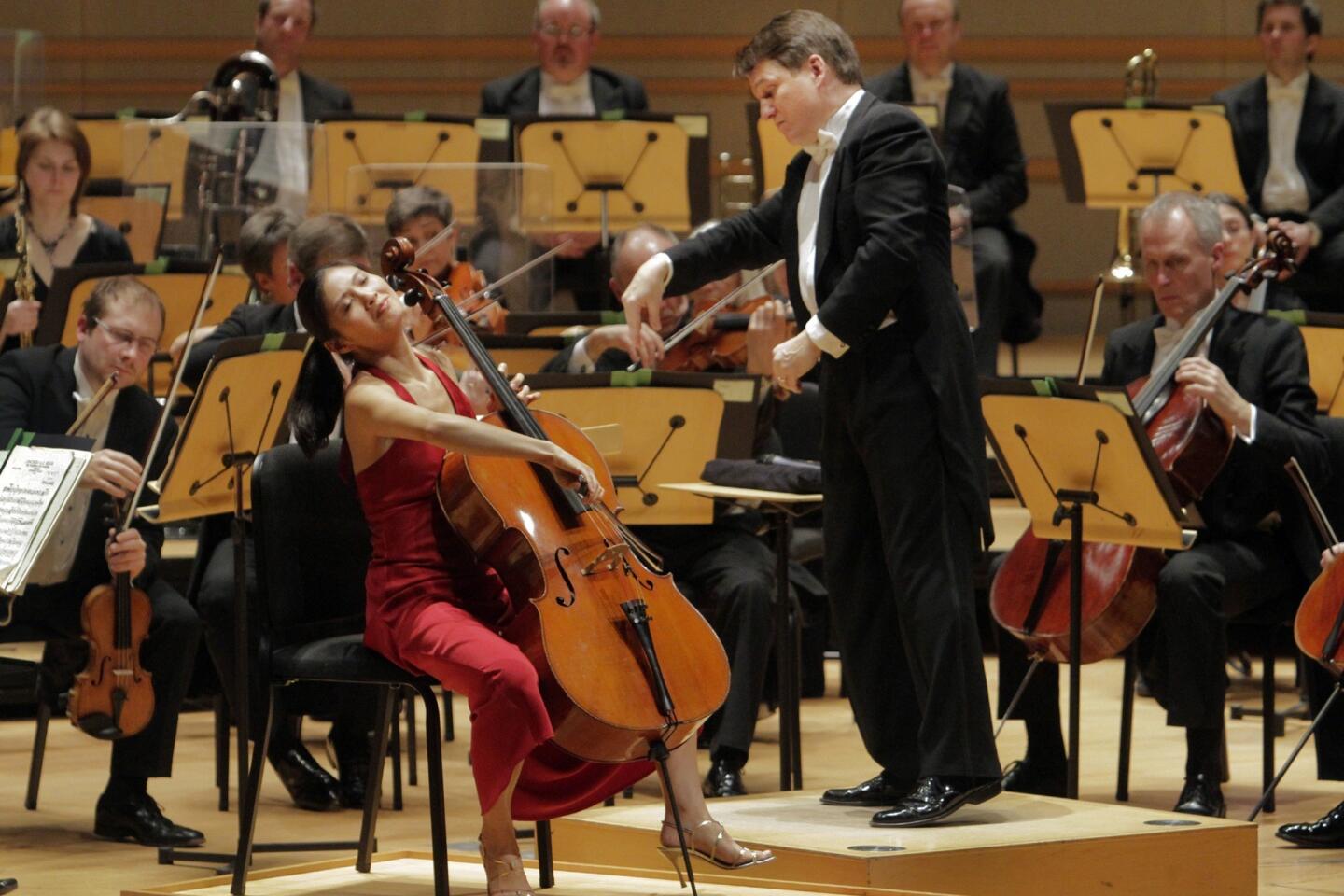
REVIEW: The usually inventive BBC Concert Orchestra goes retro (Lawrence K. Ho / Los Angeles Times)
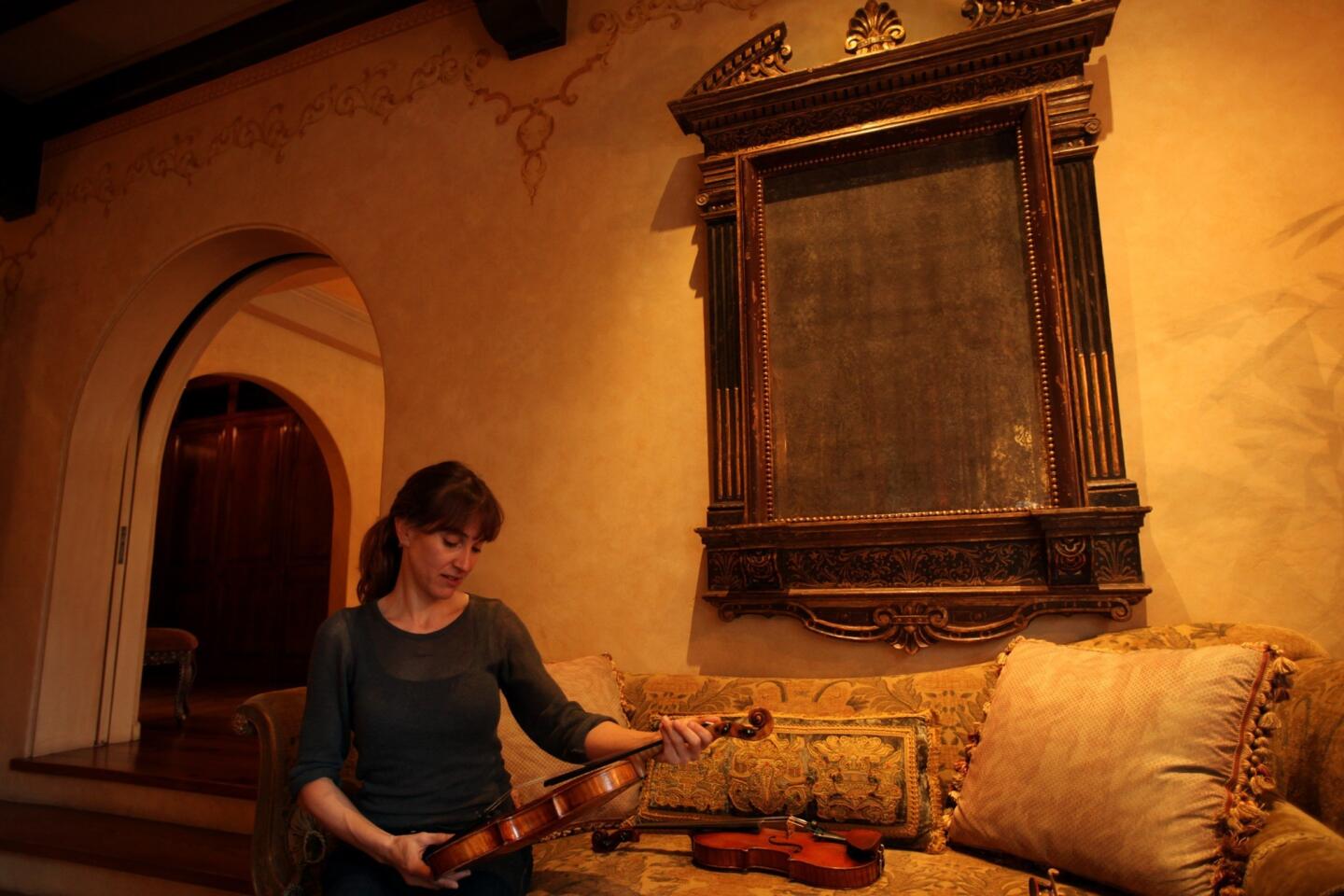
MORE: Los Angeles Chamber Orchestra violinist has a date with a Stradivarius (Francine Orr / Los Angeles Times)
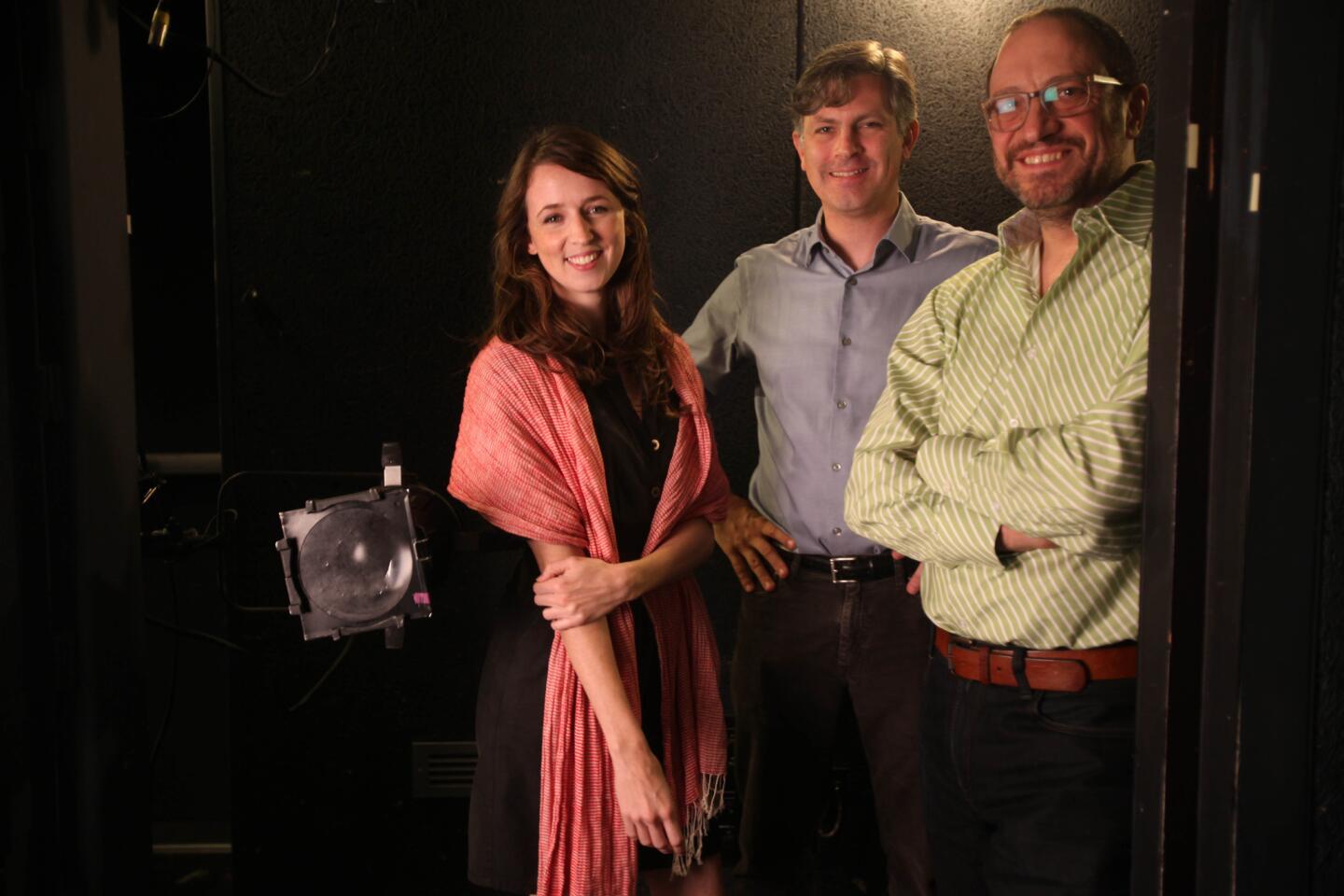
REVIEW: Elevator Repair Service’s ‘Gatz’ a rewarding marathon | Elevator Repair Service takes on the great ‘Gatz’ | Marathon plays stand the test of time (Michael Robinson Chavez / Los Angeles Times)
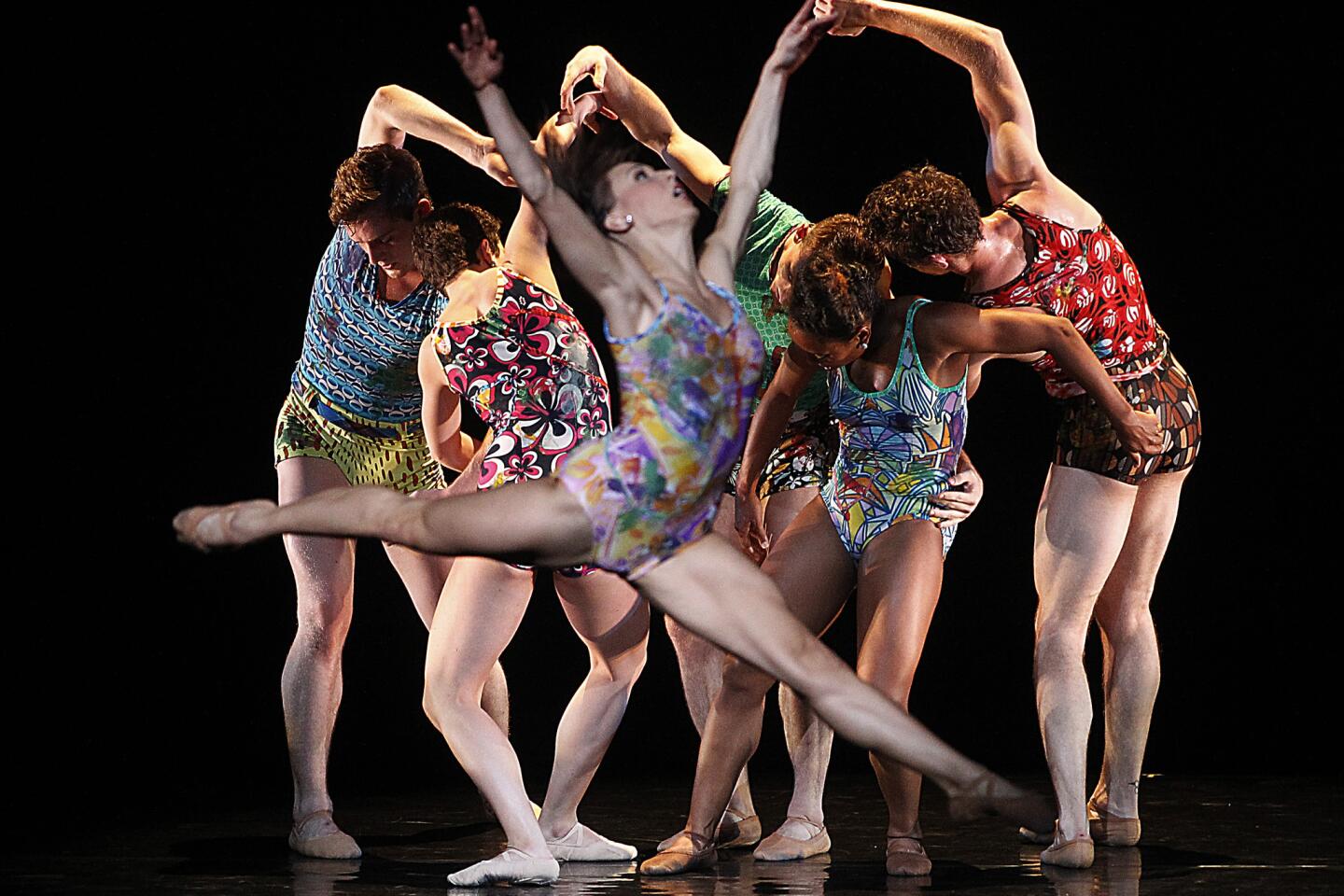
REVIEW: Trey McIntyre Project dances are both slight and potent | Trey McIntyre Project brings ‘Ways of Seeing’ to Segerstrom (Luis Cinco / Los Angeles Times)

REVIEW: Esa-Pekka Salonen and an electrifying L.A. Philharmonic | Esa-Pekka Salonen returns to L.A. with murder in mind (Matthew Lloyd / For The Times)
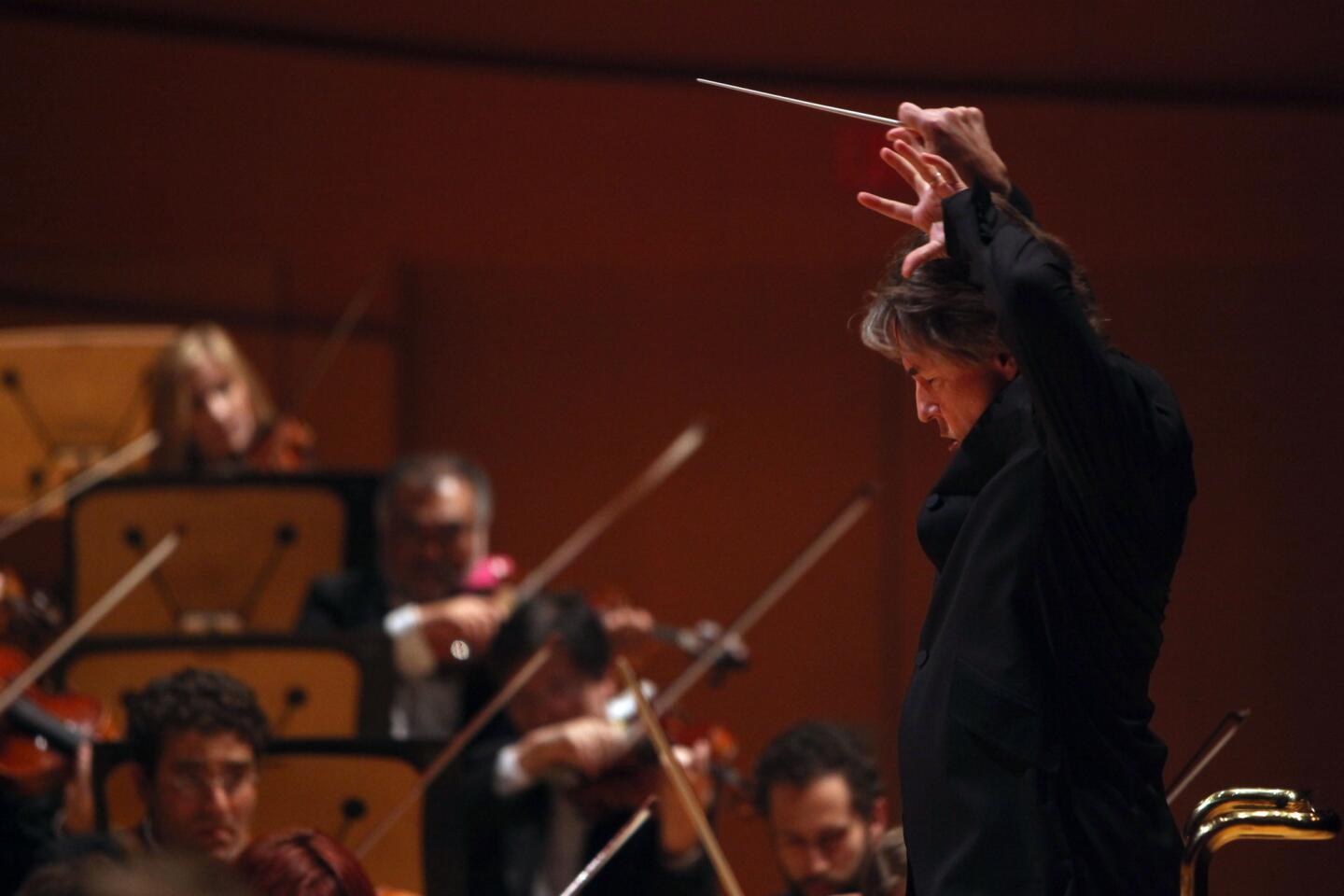
REVIEW: Esa-Pekka Salonen and an electrifying L.A. Philharmonic | Esa-Pekka Salonen returns to L.A. with murder in mind (Michael Robinson Chavez / Los Angeles Times)
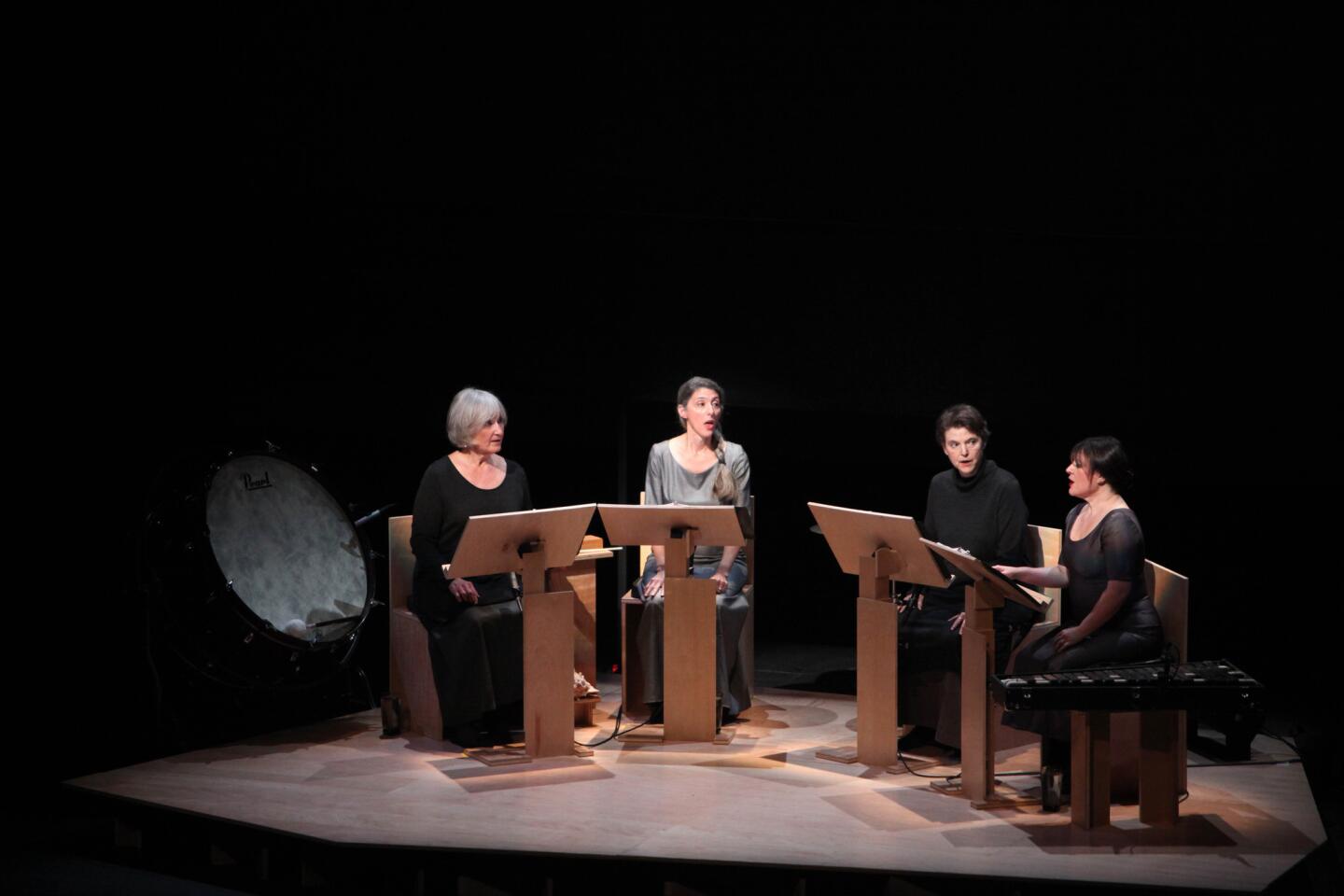
REVIEW: How David Lang’s ‘love fail’ succeeds sublimely (Michael Robinson Chavez / Los Angeles Times)
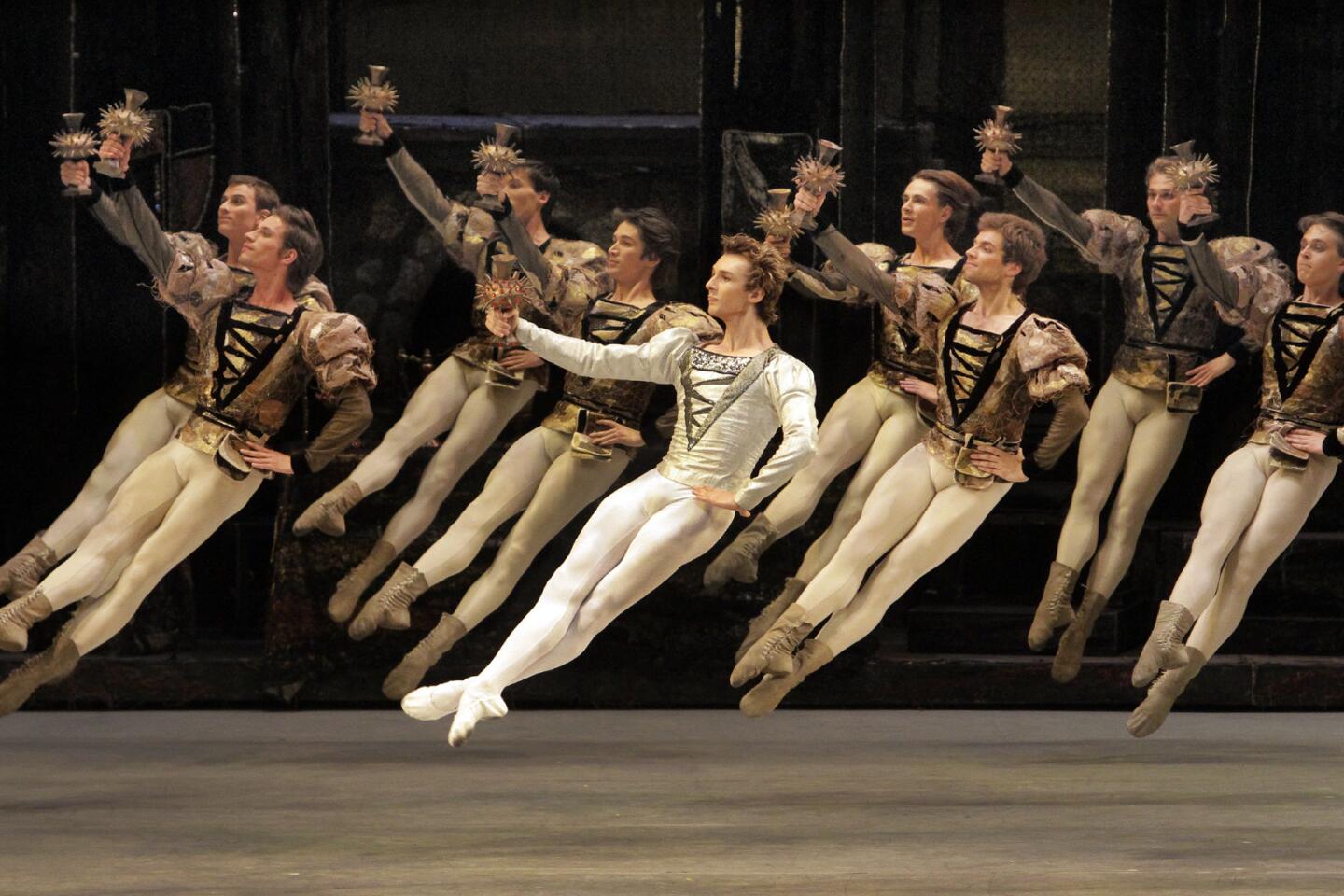
REVIEW: Bolshoi’s ‘Lake’ is sometimes choppy, sometimes smooth | Photos (Lawrence K. Ho / Los Angeles Times)
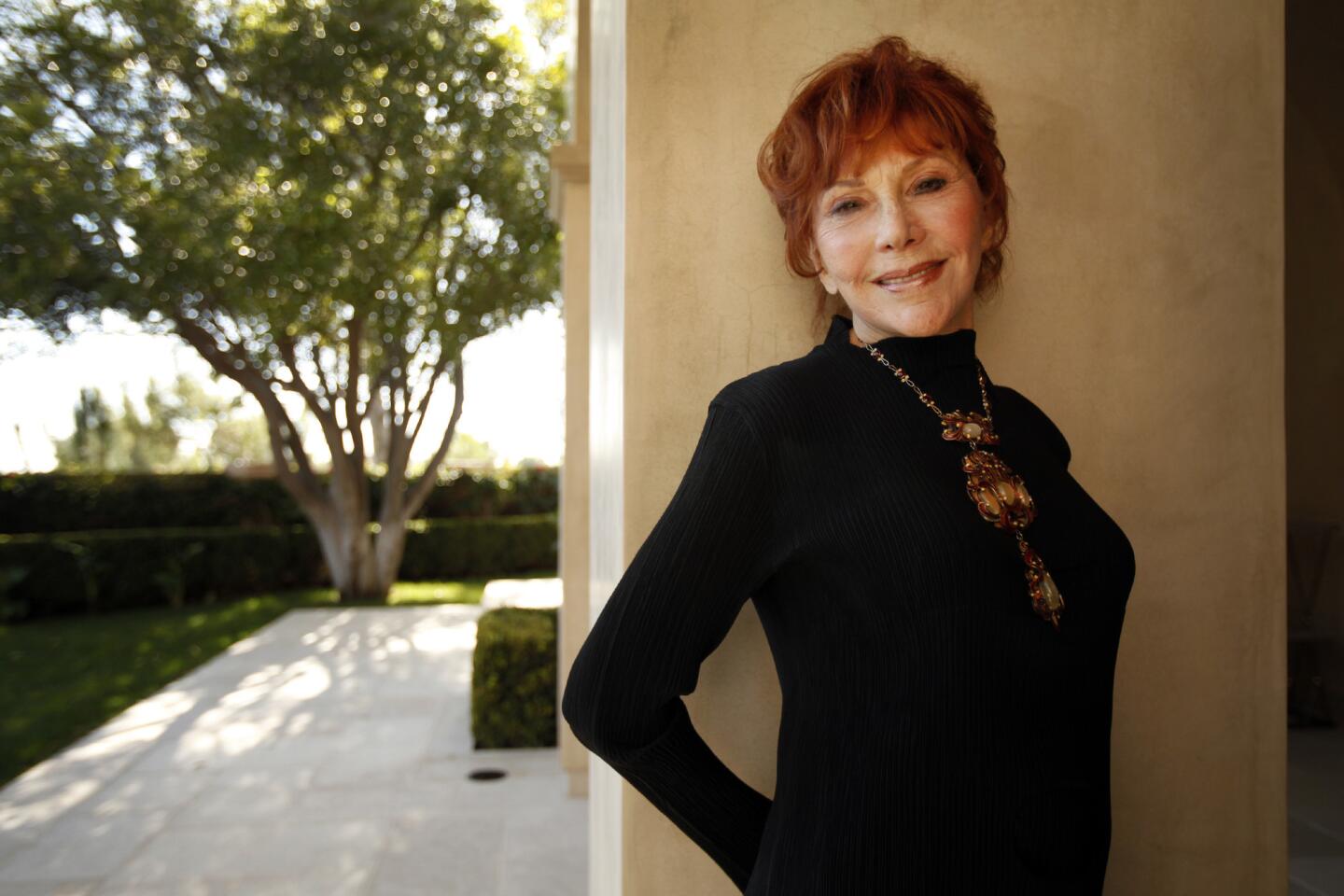
MORE: Glorya Kaufman gives USC millions to build a dance school (Al Seib / Los Angeles Times)
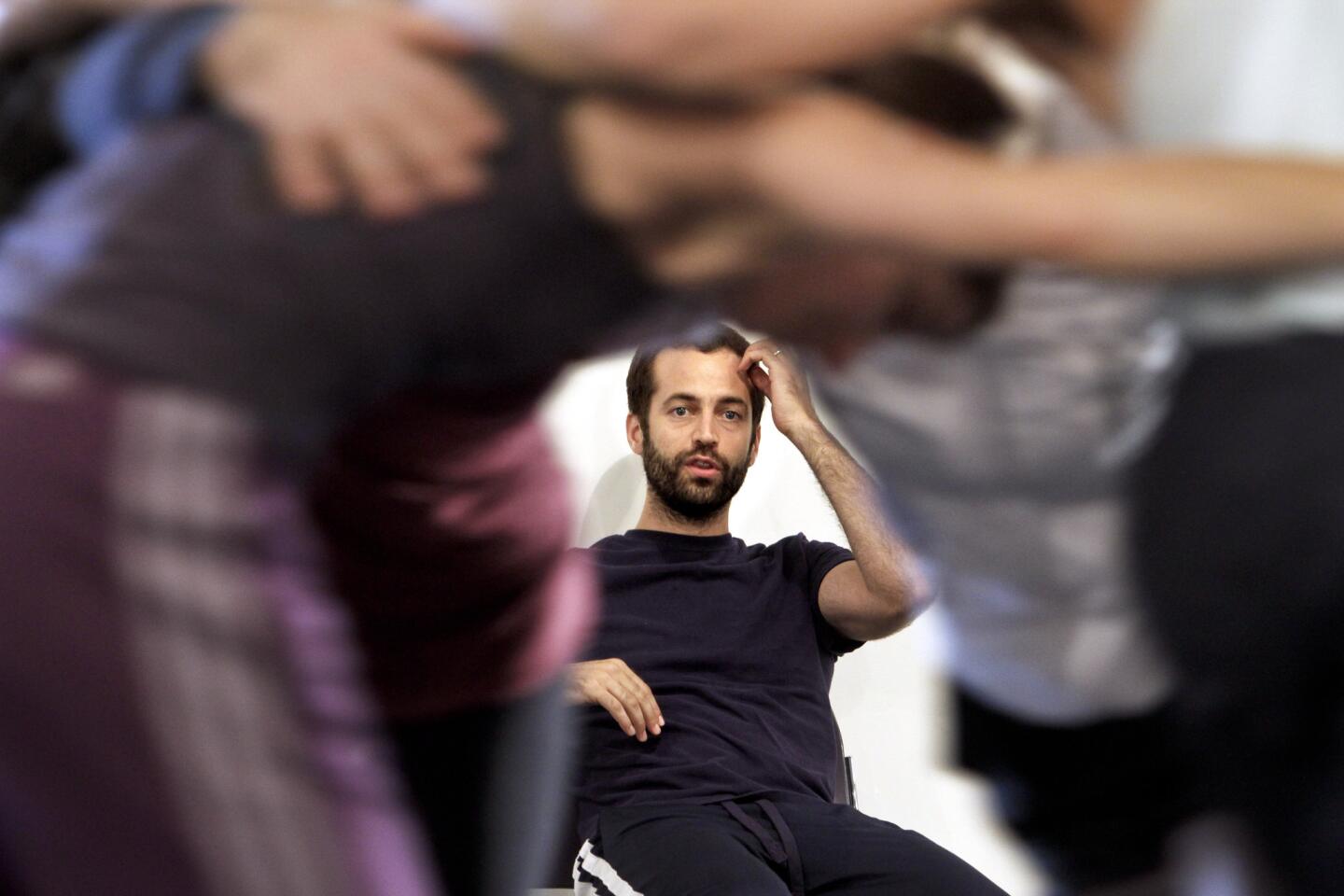
MORE: Benjamin Millepied gets moving in Los Angeles | Photos | Review (Ricardo DeAratanha / Los Angeles Times)
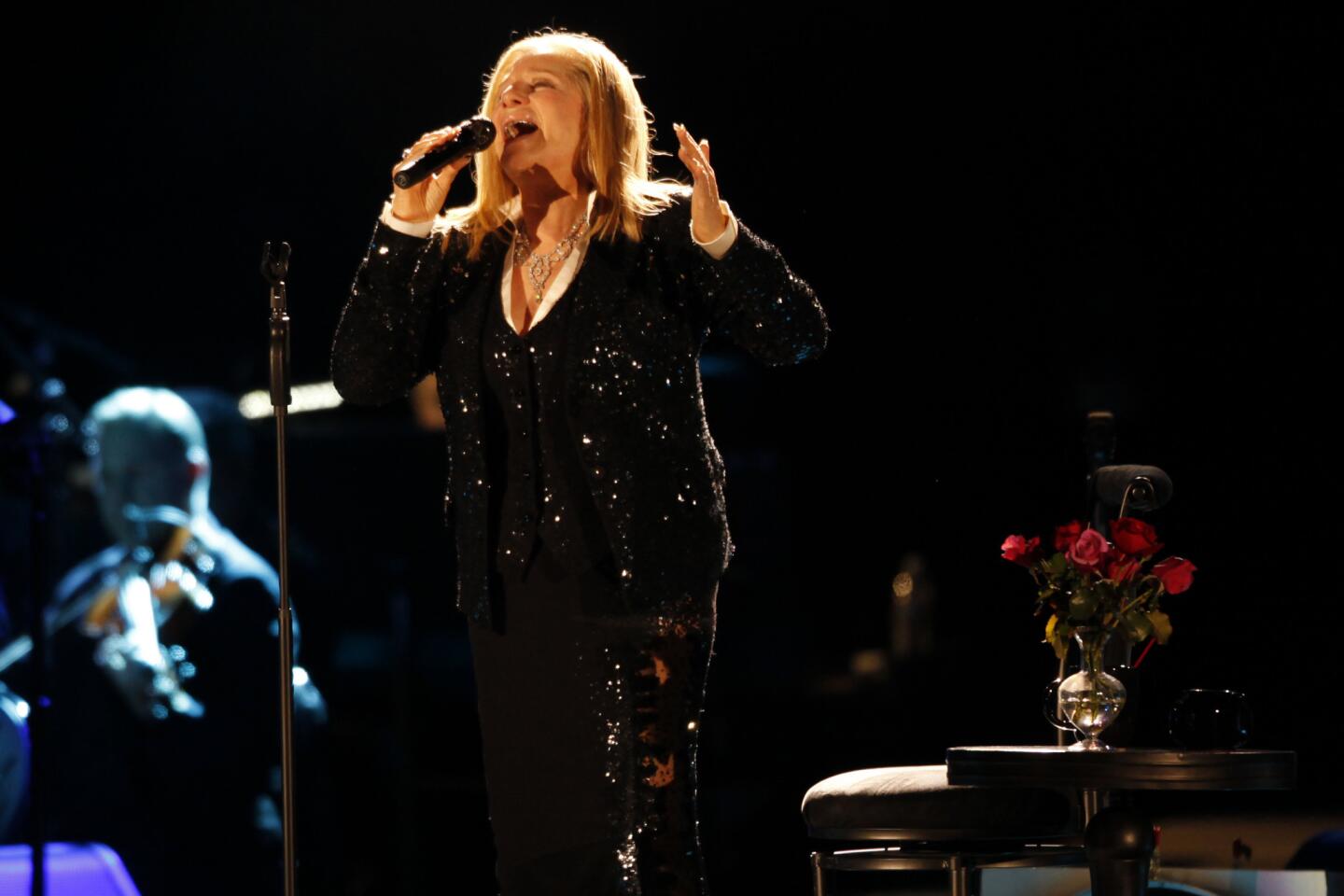
REVIEW: Barbra Streisand puts the Hollywood Bowl under her spell (Michael Robinson Chavez / Los Angeles Times)
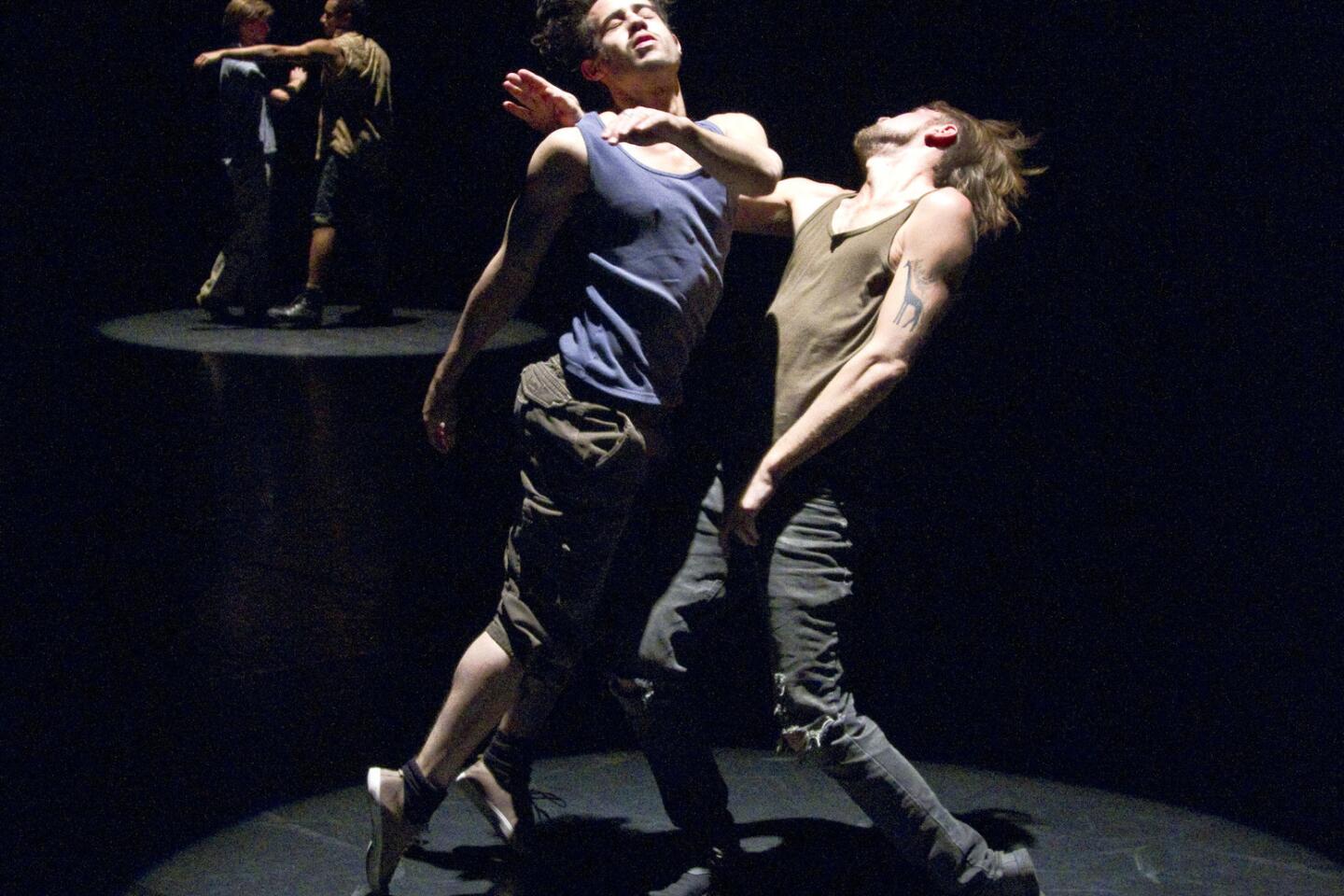
REVIEW: Desire and sexual politics whirl among ‘Them’ (Ricardo DeAratanha / Los Angeles Times)
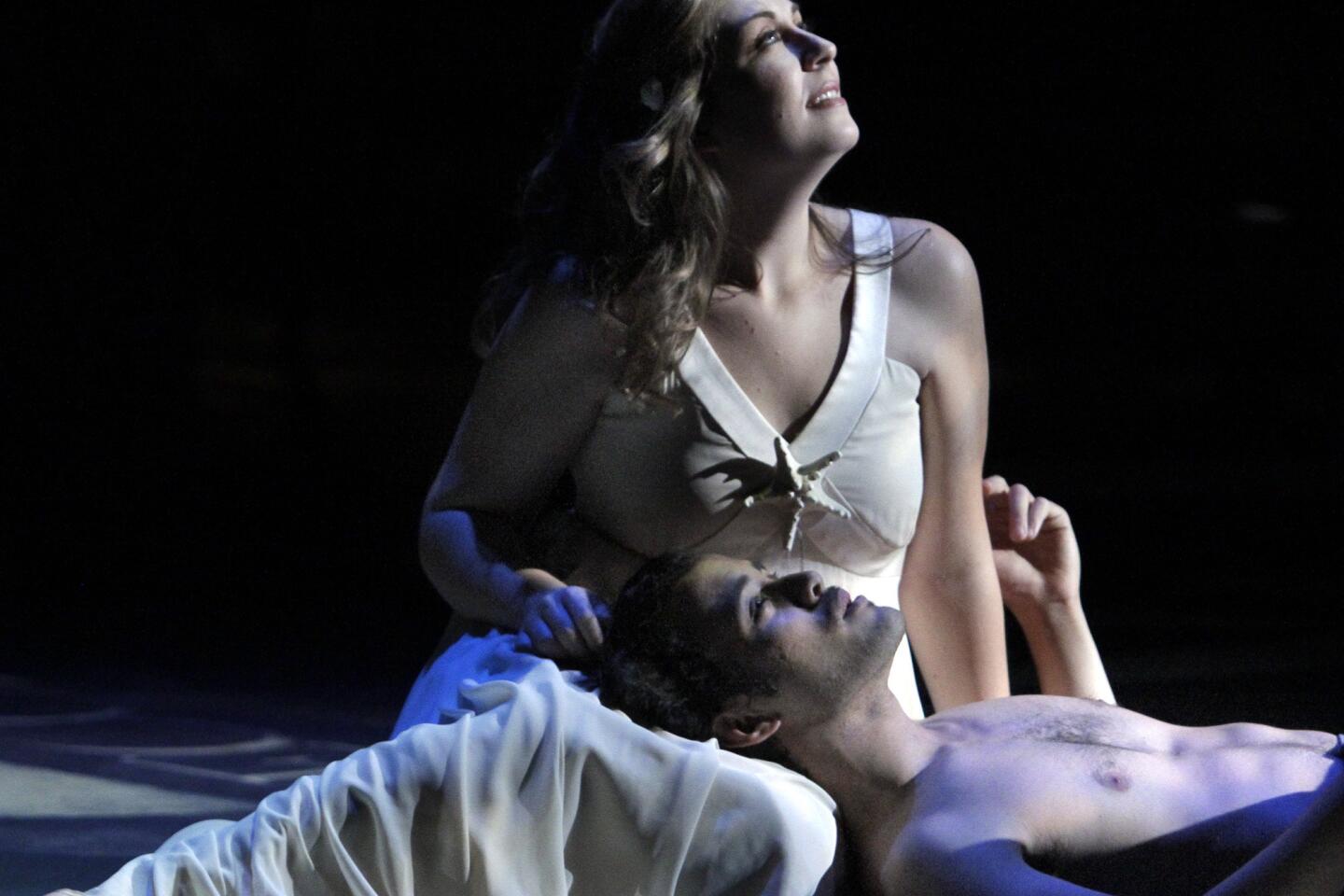
REVIEW: Two ways to capture magic of ‘The Tempest’ | Photos (Lawrence K. Ho / Los Angeles Times)
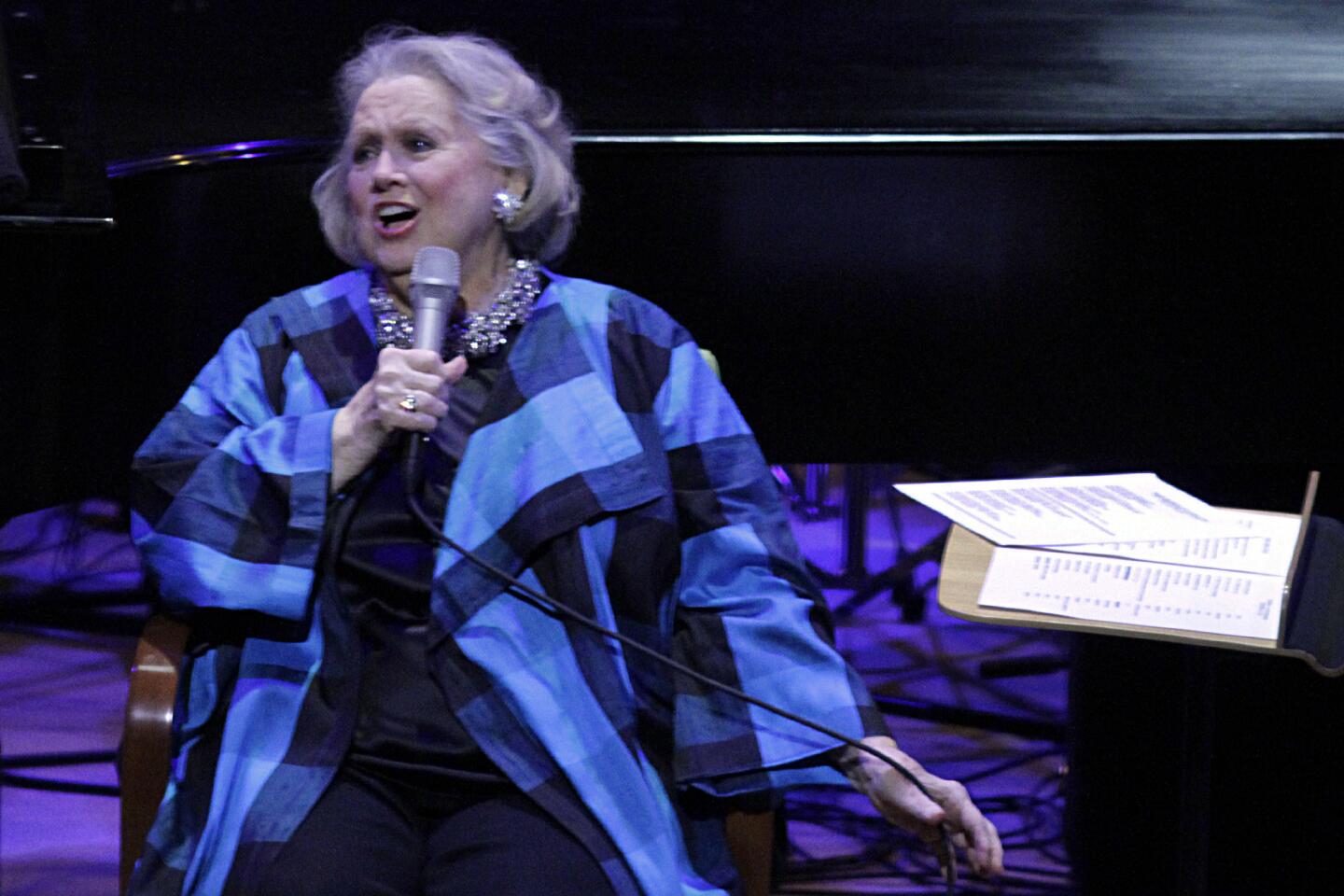
REVIEW: Barbara Cook rejuvenates song standards (Lawrence K. Ho / Los Angeles Times)
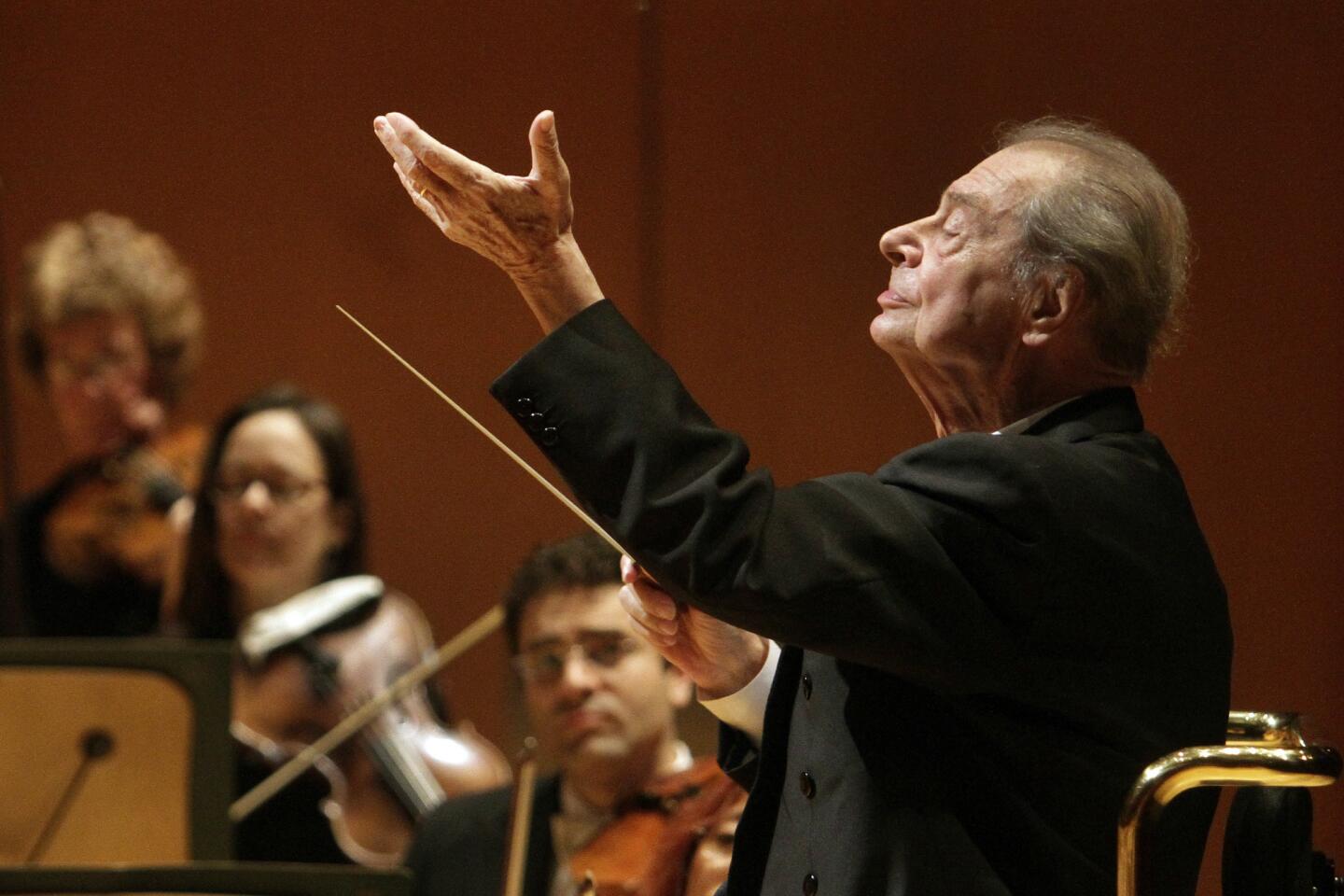
MORE: Rafael Fruhbeck de Burgos, Lynn Harrell at Disney Hall (Lawrence K. Ho / Los Angeles Times)
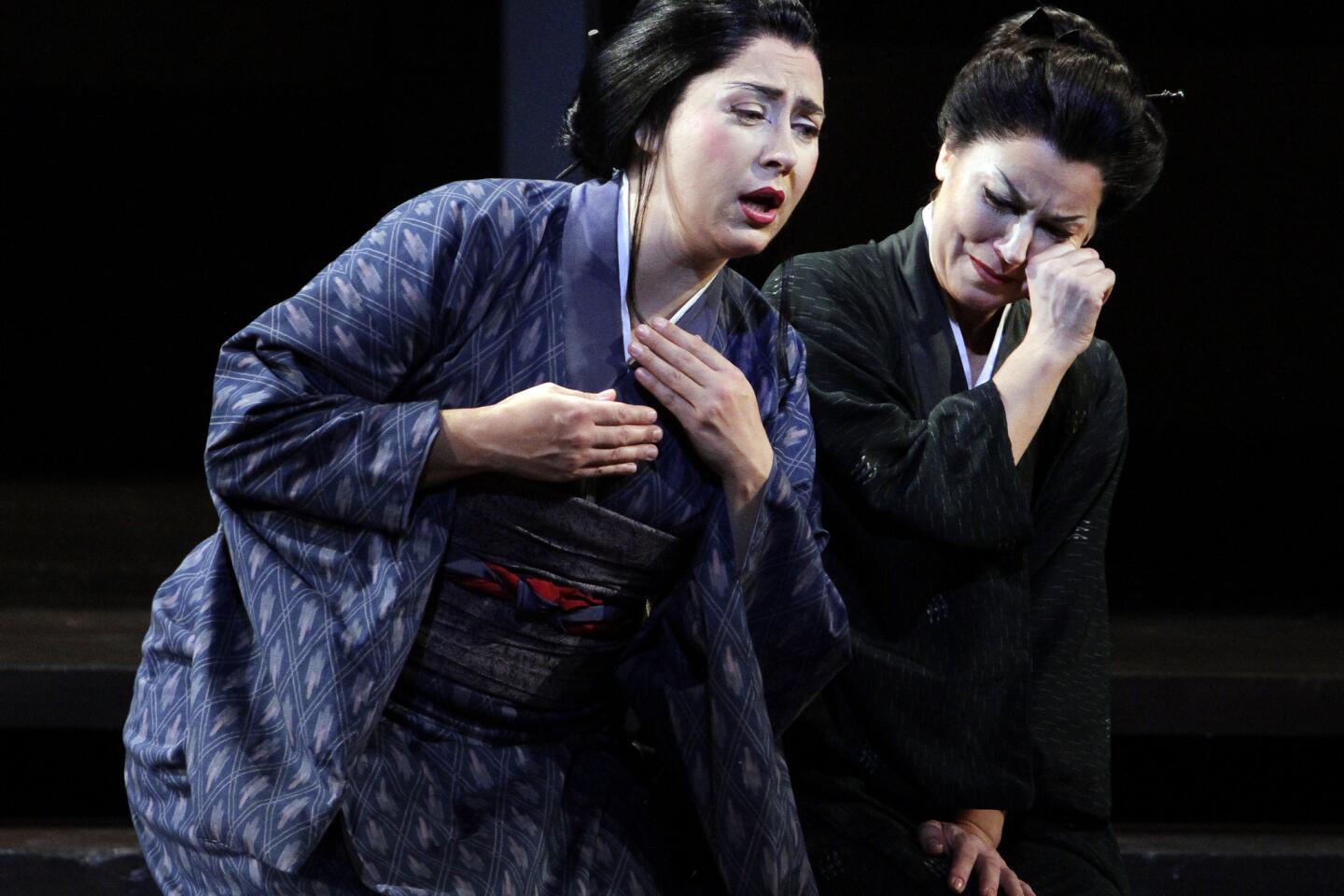
REVIEW: Some bright spots in a lesser ‘Madame Butterfly’ | Photos (Lawrence K. Ho / Los Angeles Times)
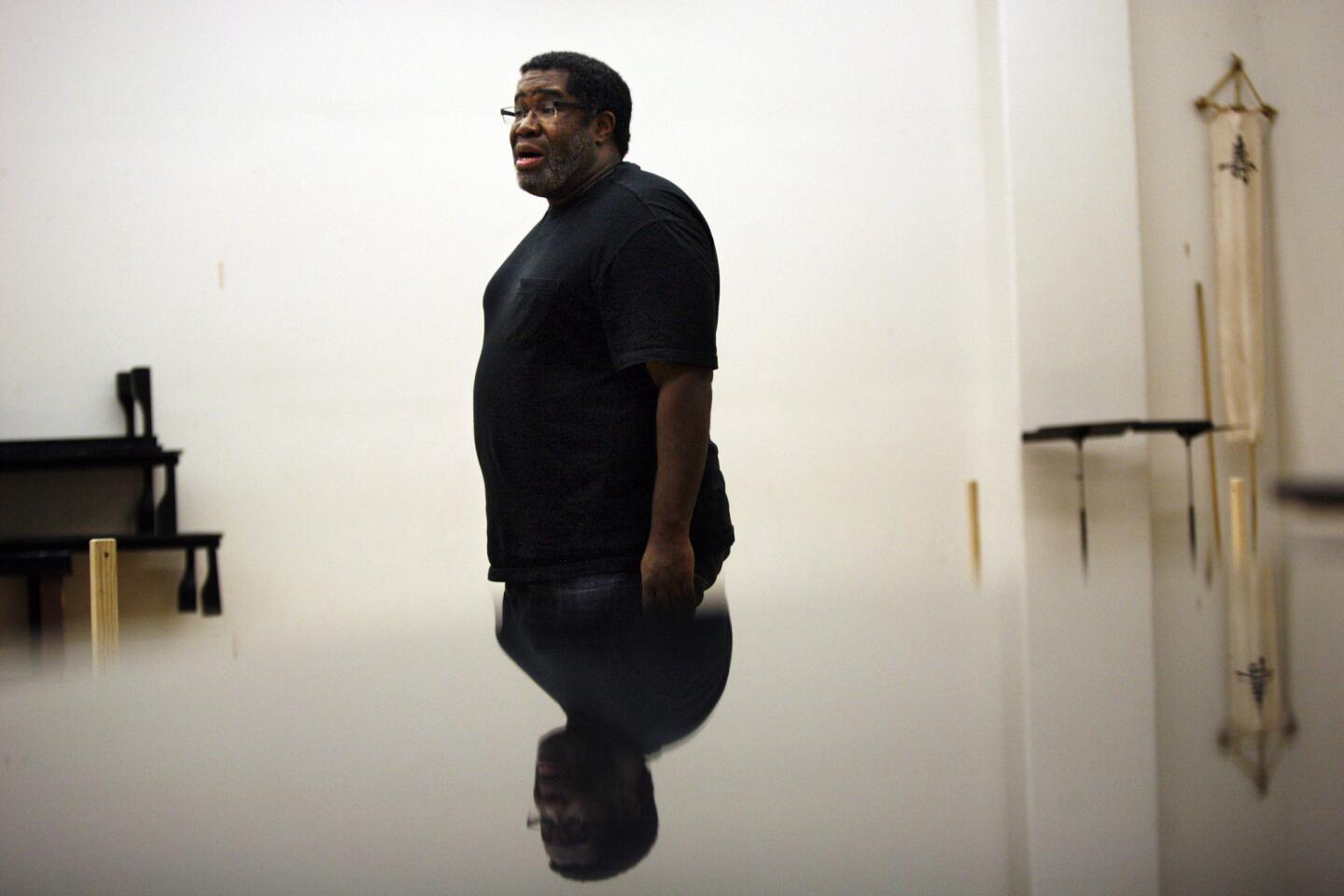
MORE: Opera’s ever-inquisitive Eric Owens is in high demand (Bob Chamberlin / Los Angeles Times)
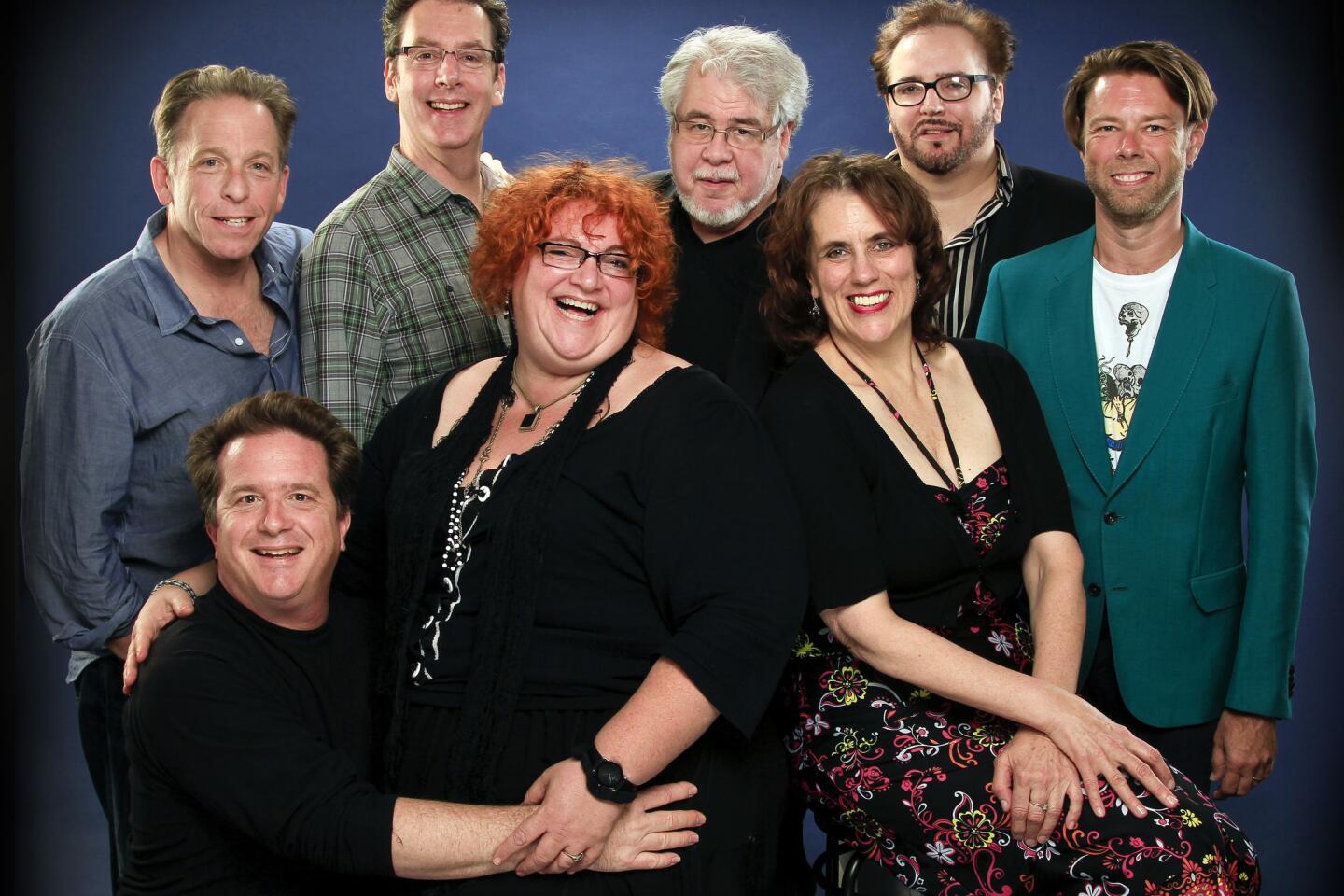
Critic’s Notebook: The joys and challenges of the L.A. small-theater scene (Ricardo DeAratanha / Los Angeles Times)
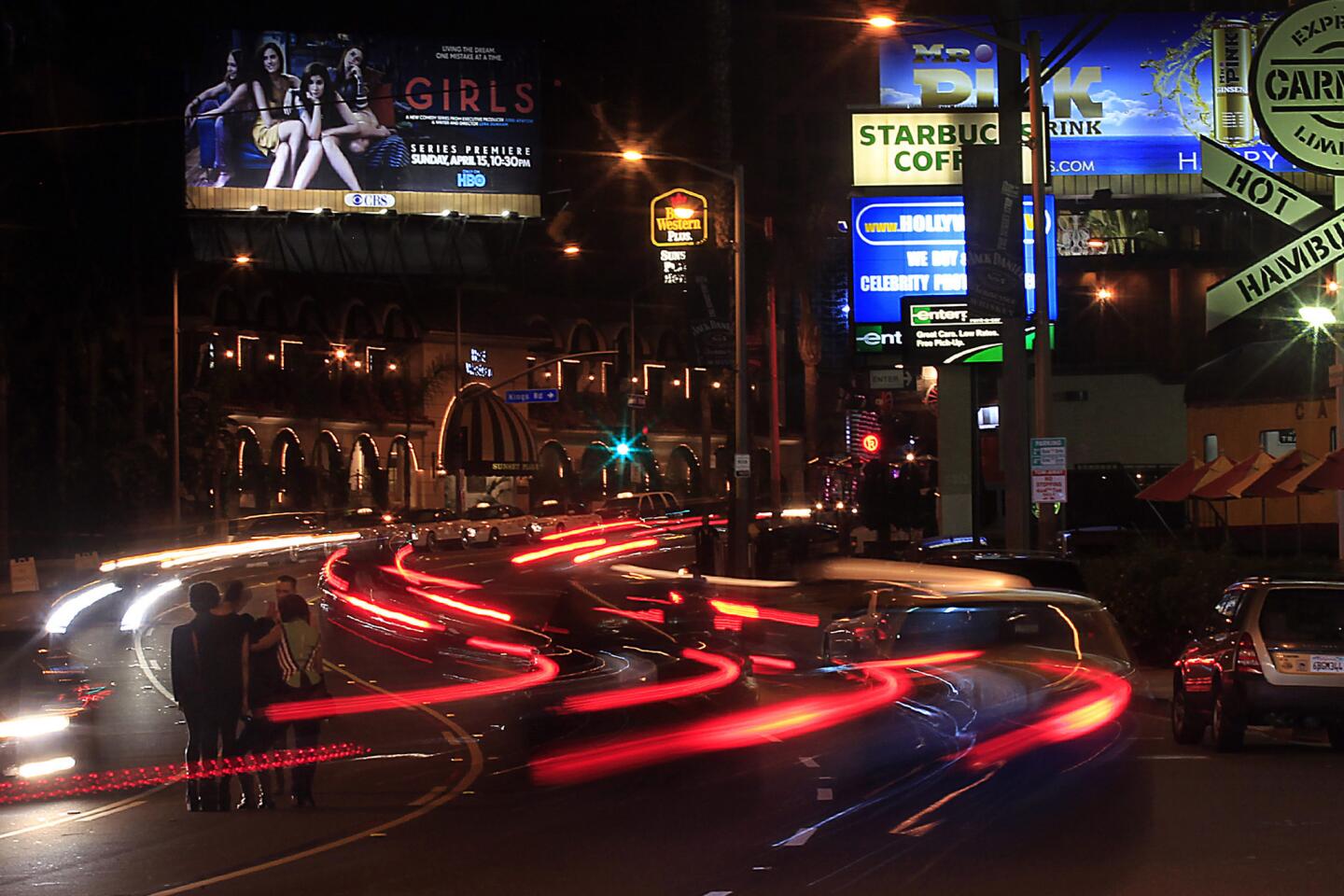
MORE: Christopher Hawthorne’s On the Boulevards Project (Luis Cinco / Los Angeles Times)
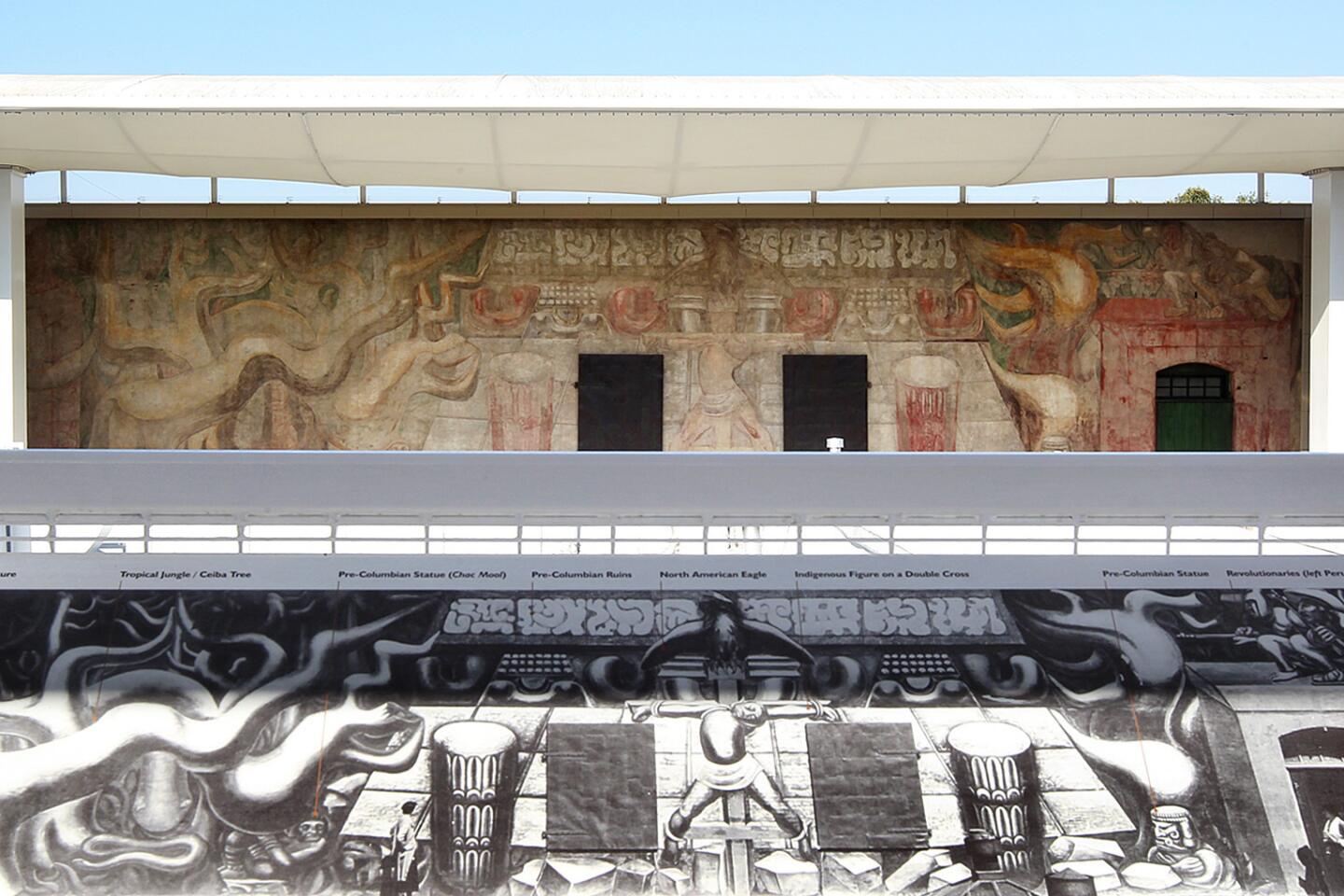
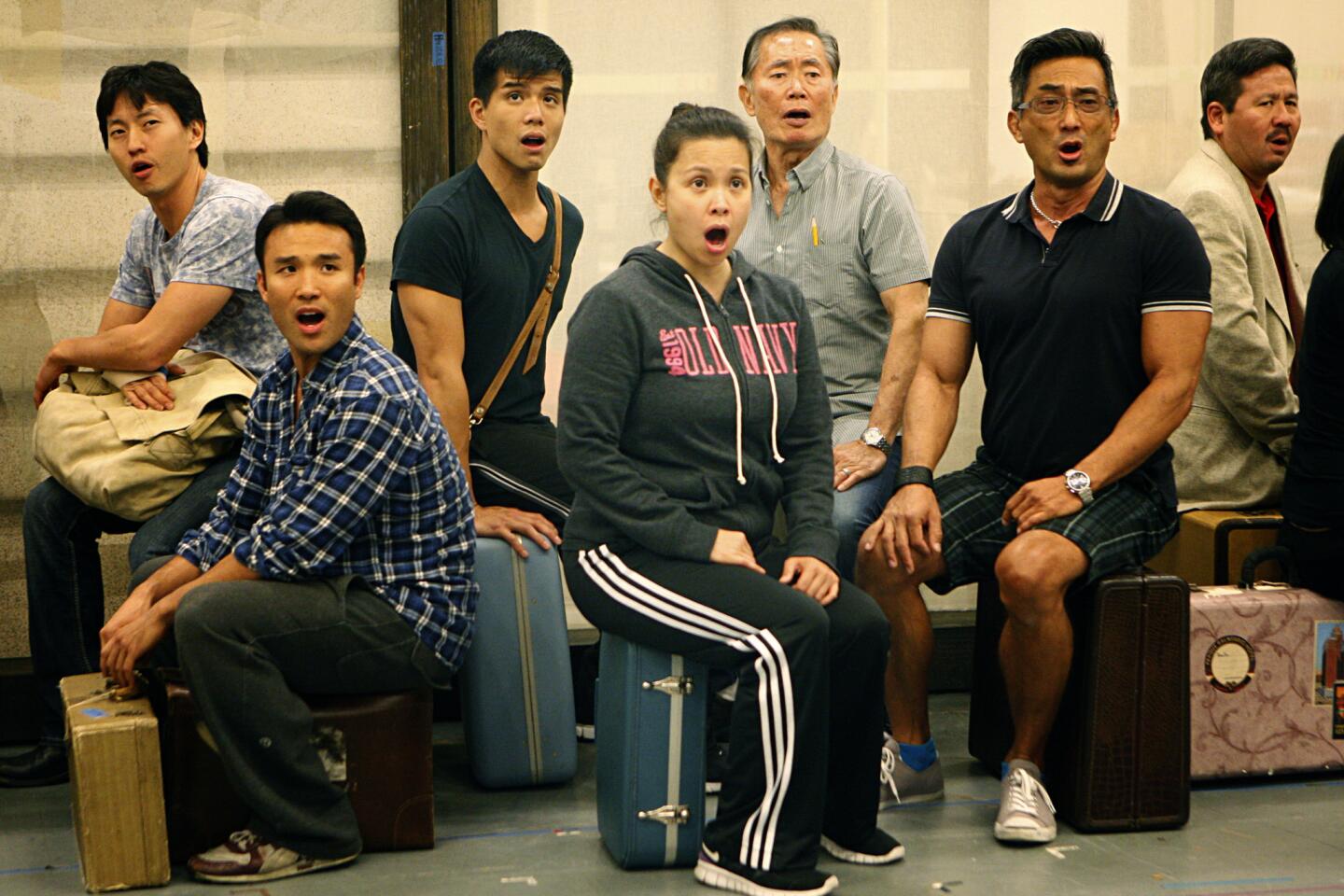
MORE: George Takei builds on legacy with ‘Allegiance’ at the Old Globe (Don Bartletti / Los Angeles Times)
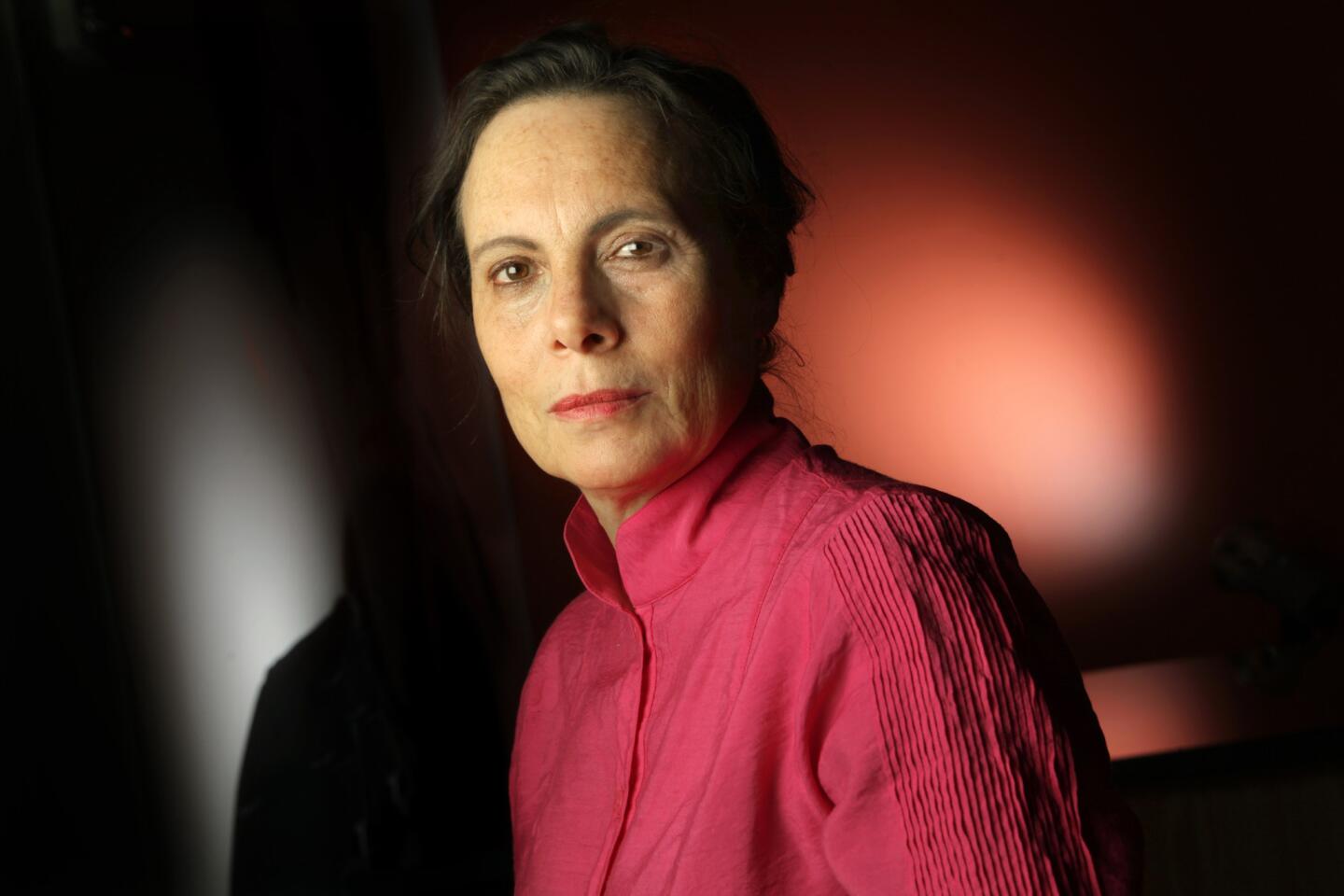
MORE: Emily Mann a natural to direct ‘Streetcar’ and ‘The Convert’ (Carolyn Cole / Los Angeles Times)

REVIEW: Lackluster Expo Line reflects Metro’s weak grasp of design (Mark Boster / Los Angeles Times)
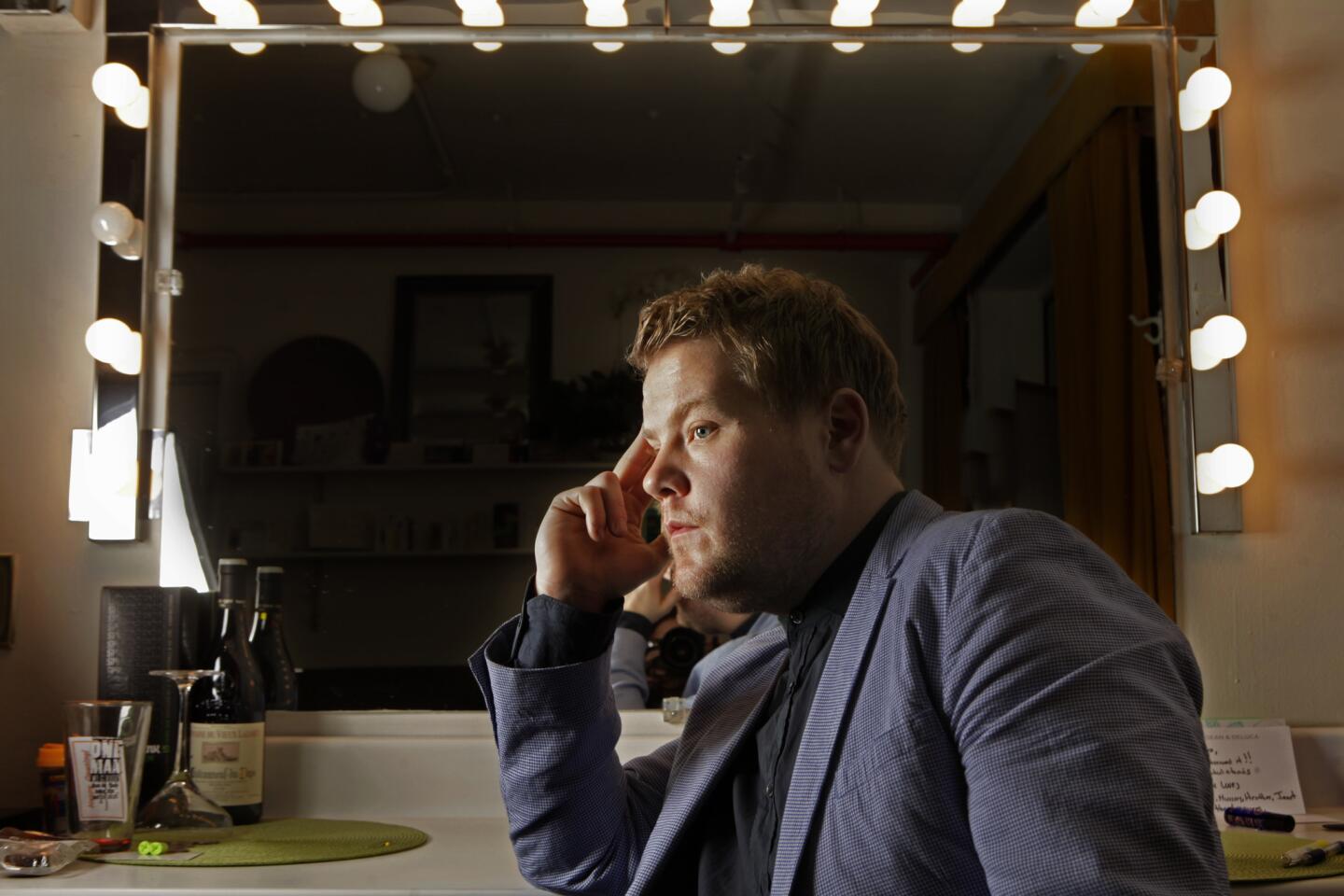
MORE: James Corden, ‘One Man’ and a plethora of talent (Carolyn Cole / Los Angeles Times)
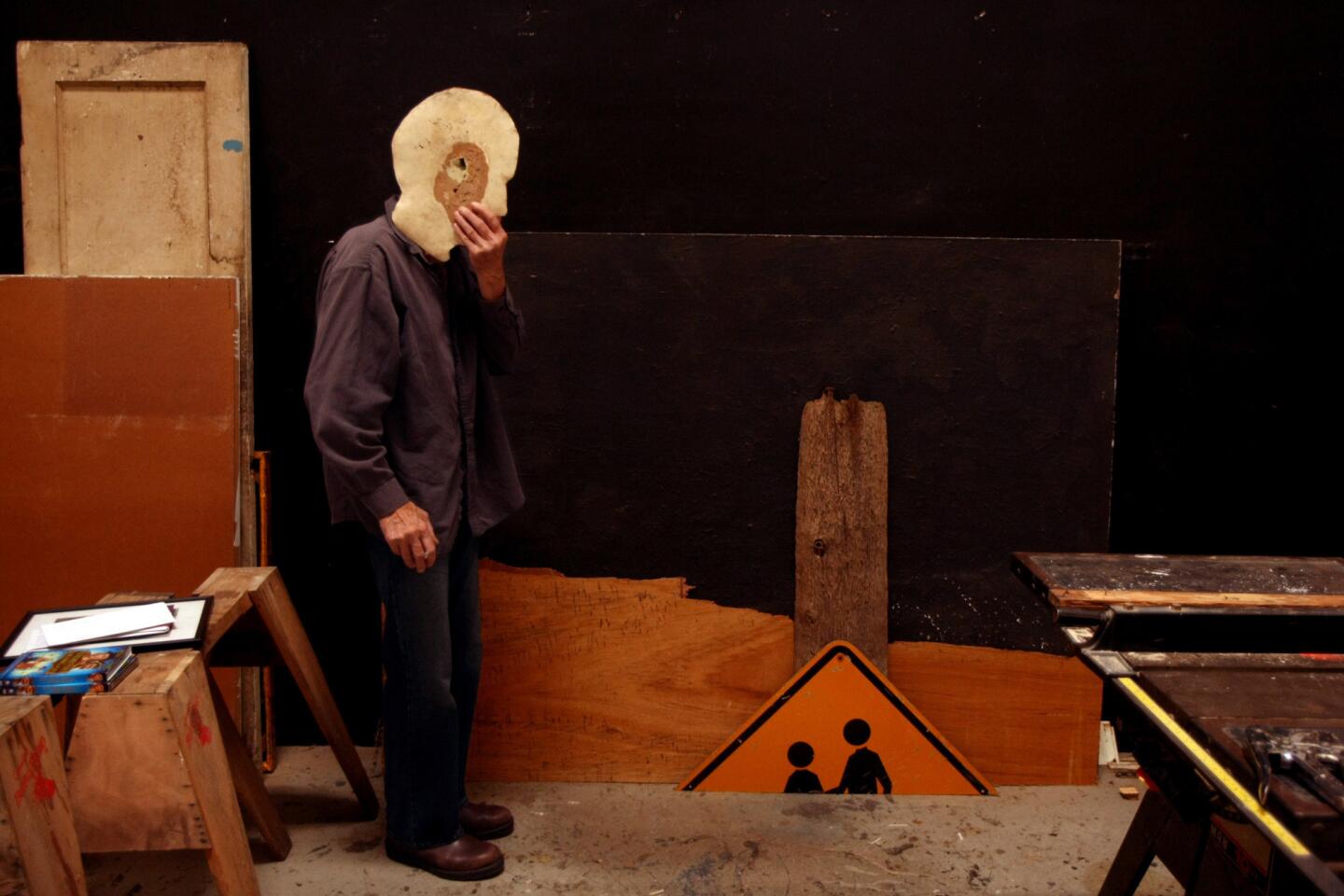
MORE: Llyn Foulkes’ art of raw emotion (Genaro Molina / Los Angeles Times)
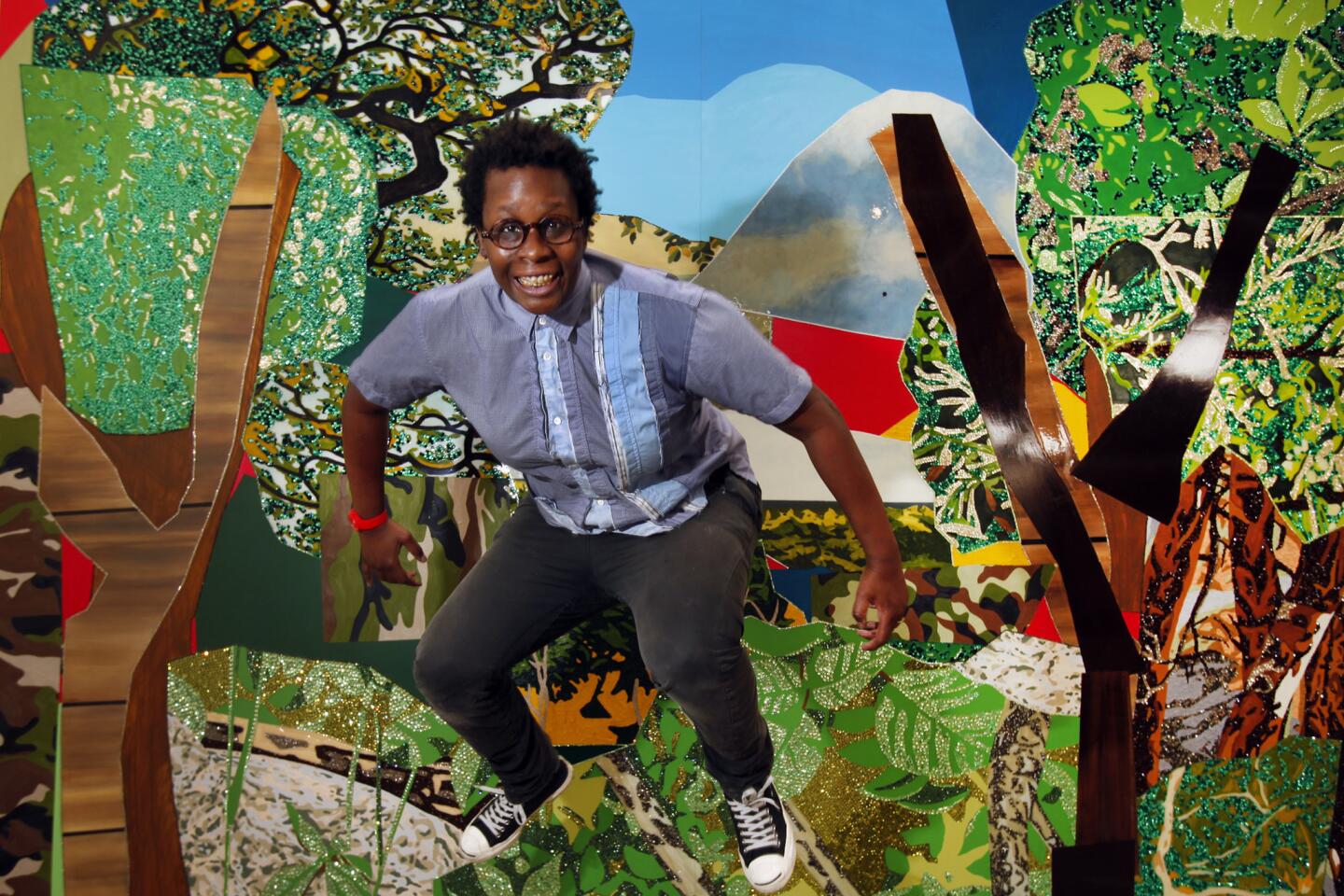
MORE: Mickalene Thomas, up close and very personal (Al Seib / Los Angeles Times)
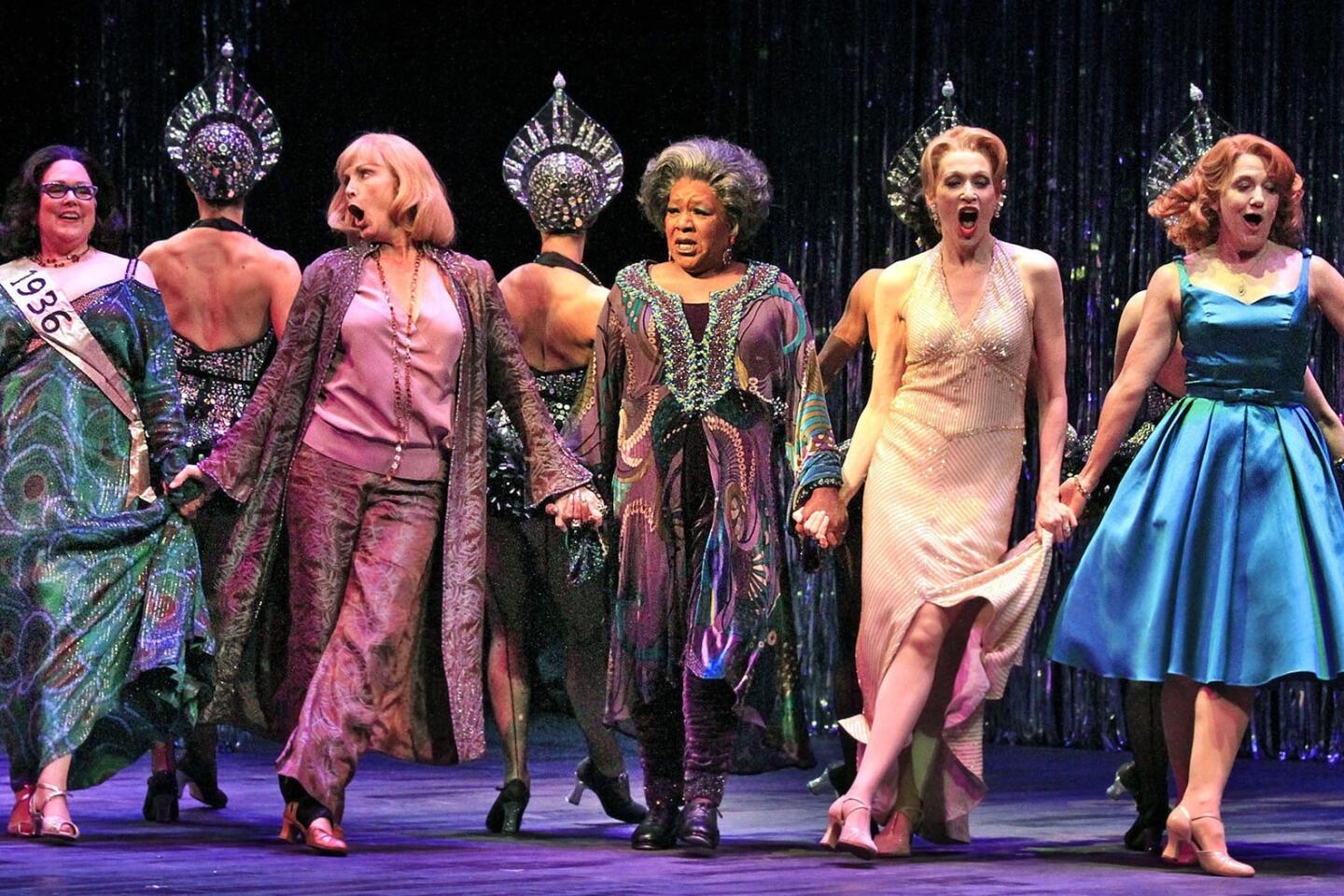
REVIEW: “Follies” is a source of heartache and razzmatazz (Glenn Koenig / Los Angeles Times)
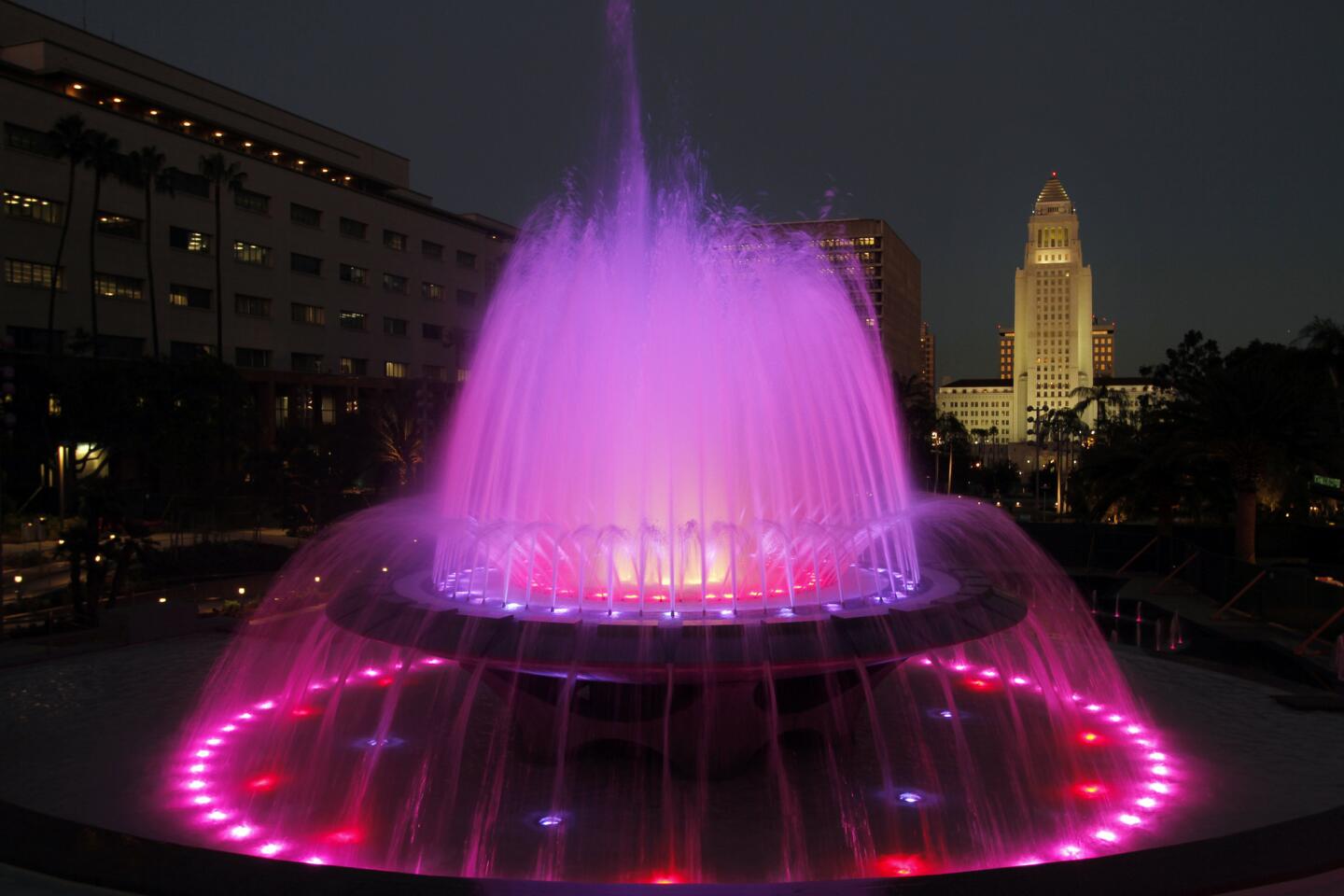
MORE: Will downtown L.A.’s Grand Park succeed? | Photos (Francine Orr / Los Angeles Times)
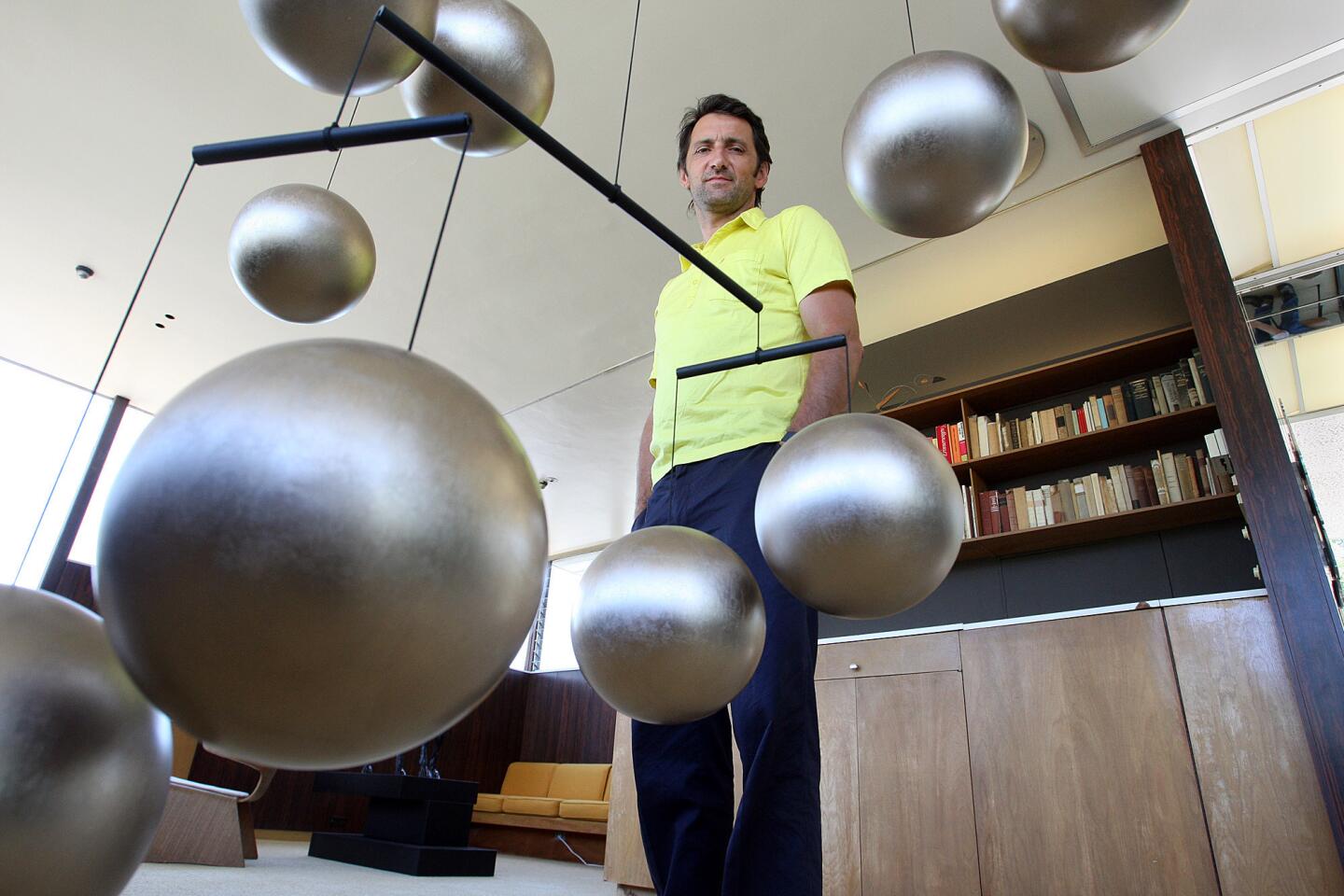
MORE: Artist Xavier Veilhan casts Richard Neutra’s VDL House in a new light (Gary Friedman / Los Angeles Times)
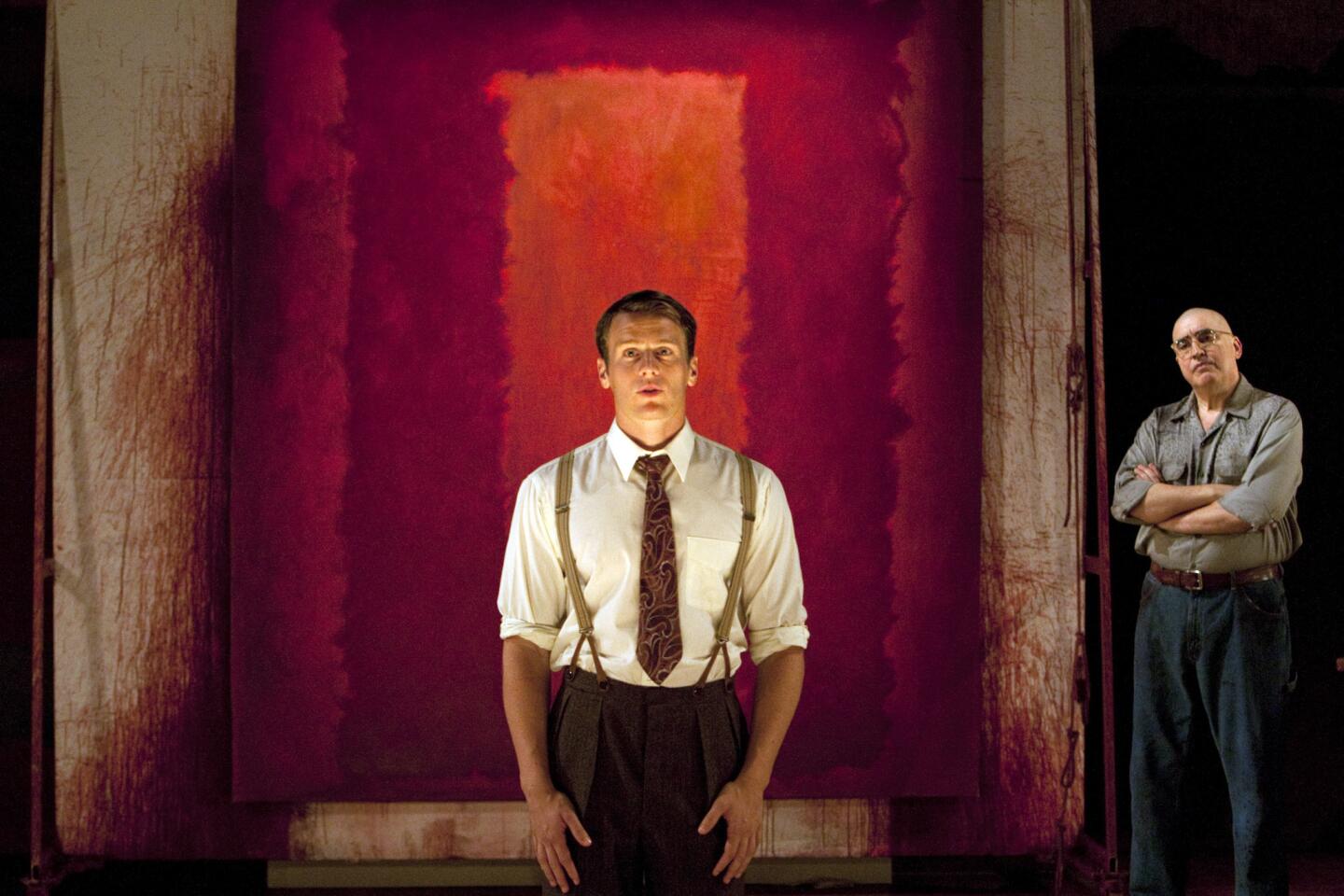
REVIEW: A blazing “Red” with Alfred Molina as Mark Rothko (Gina Ferazzi / Los Angeles Times)
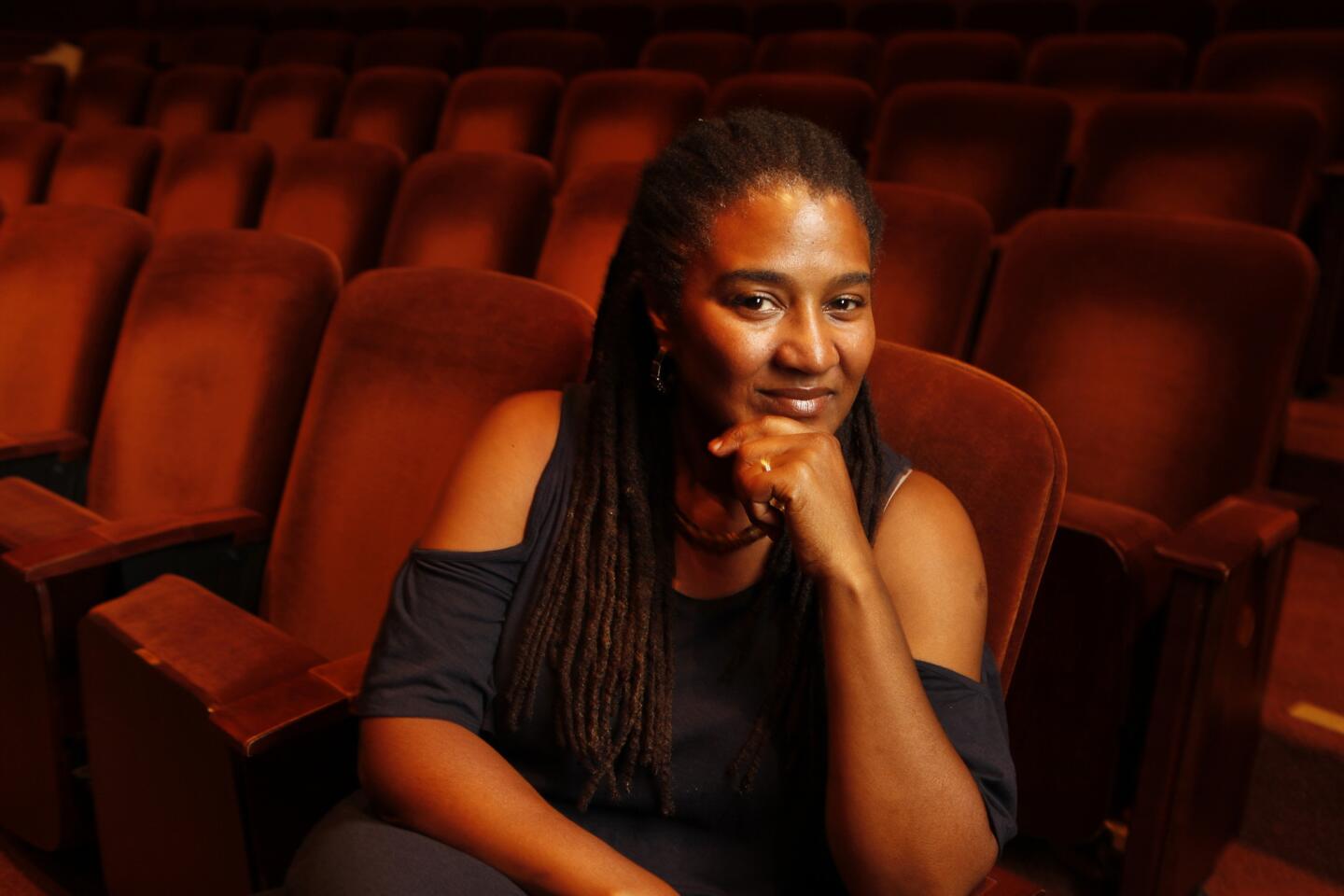
MORE: Lynn Nottage wants “Vera Stark” to be a conversation starter (Al Seib / Los Angeles Times)
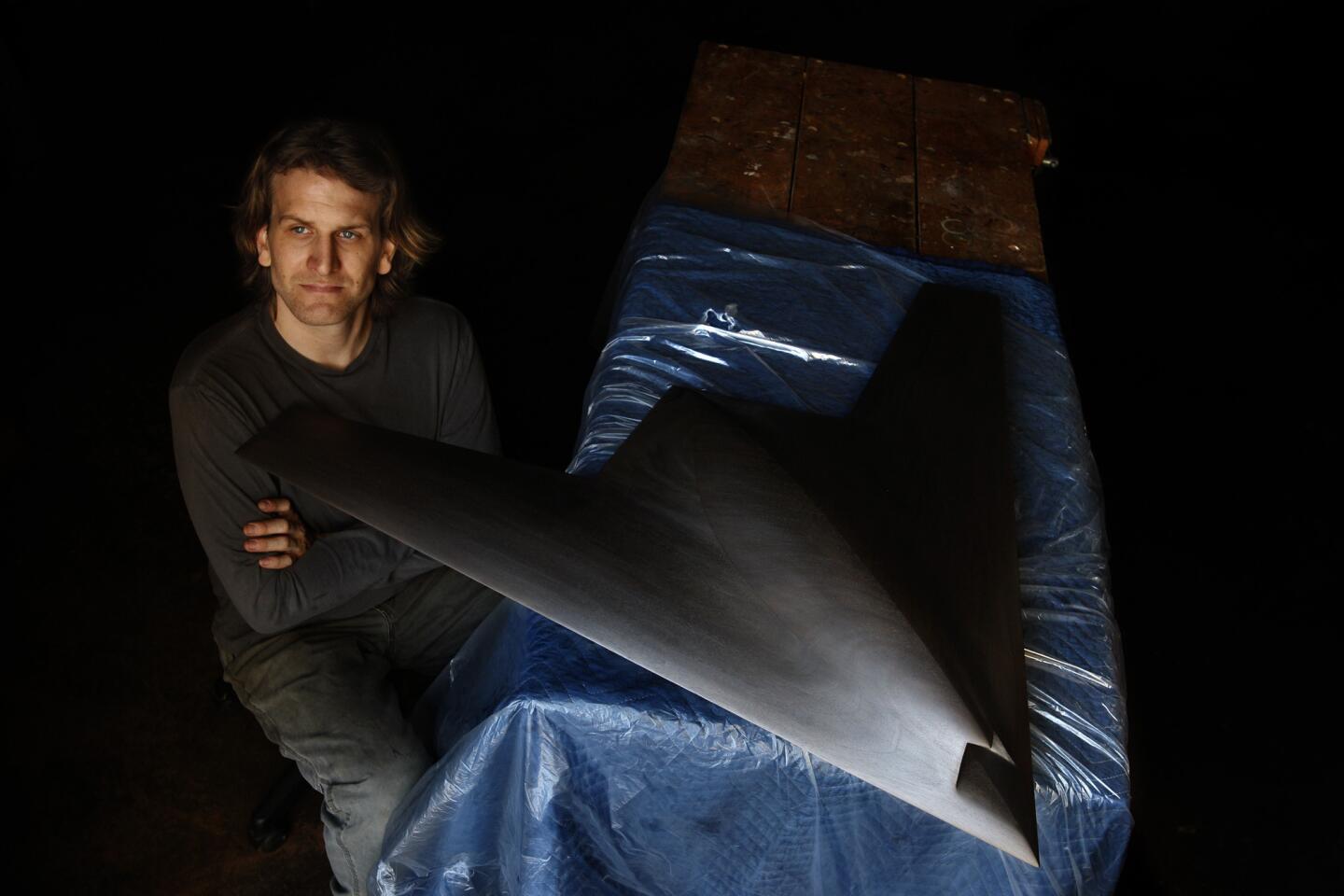
MORE: In the Studio: Ben Jackel uses broad ax strokes (Genaro Molina / Los Angeles Times)
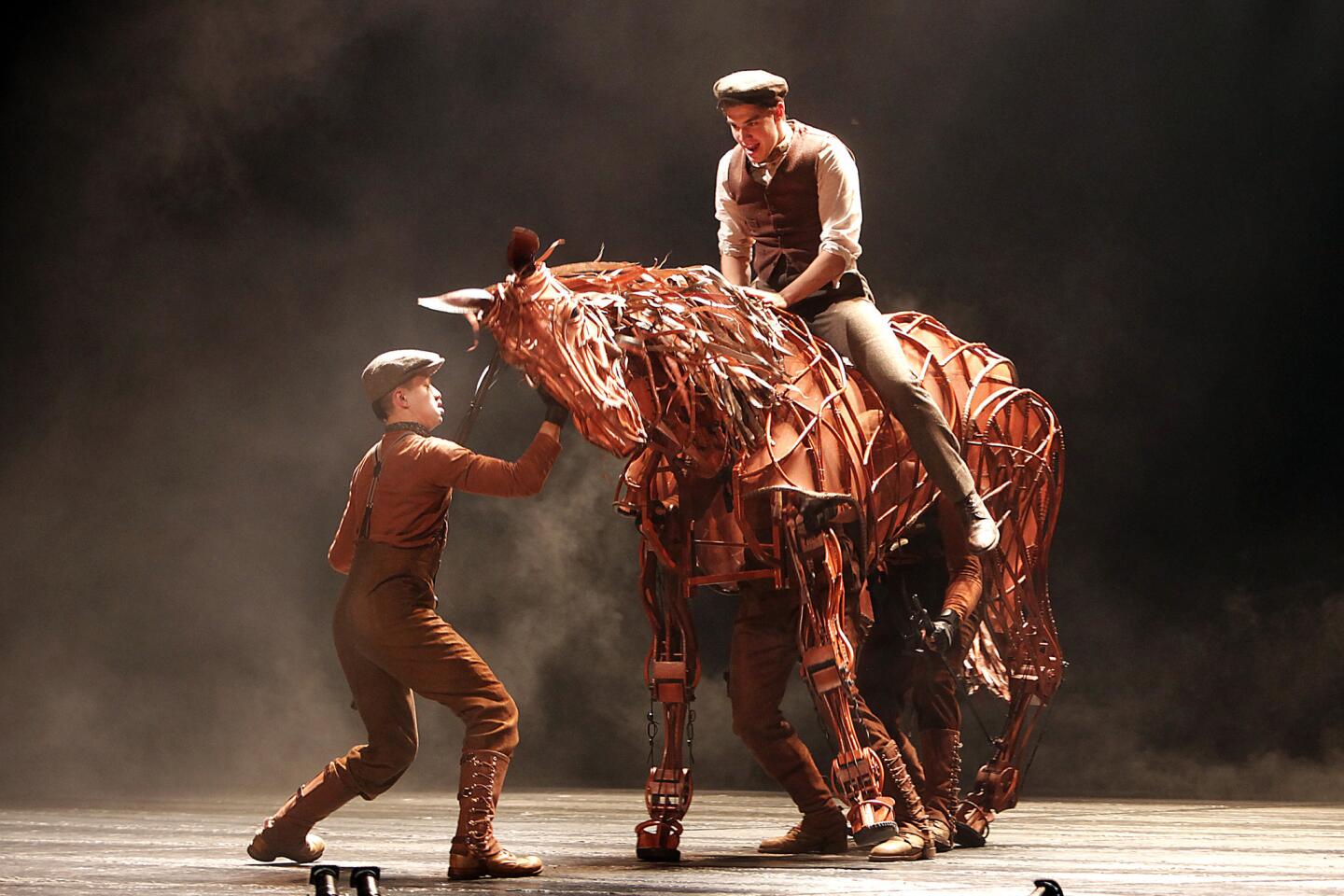
Review: “War Horse” at Ahmanson Theatre is a marvel of stagecraft | Photos (Kirk McKoy / Los Angeles Times)
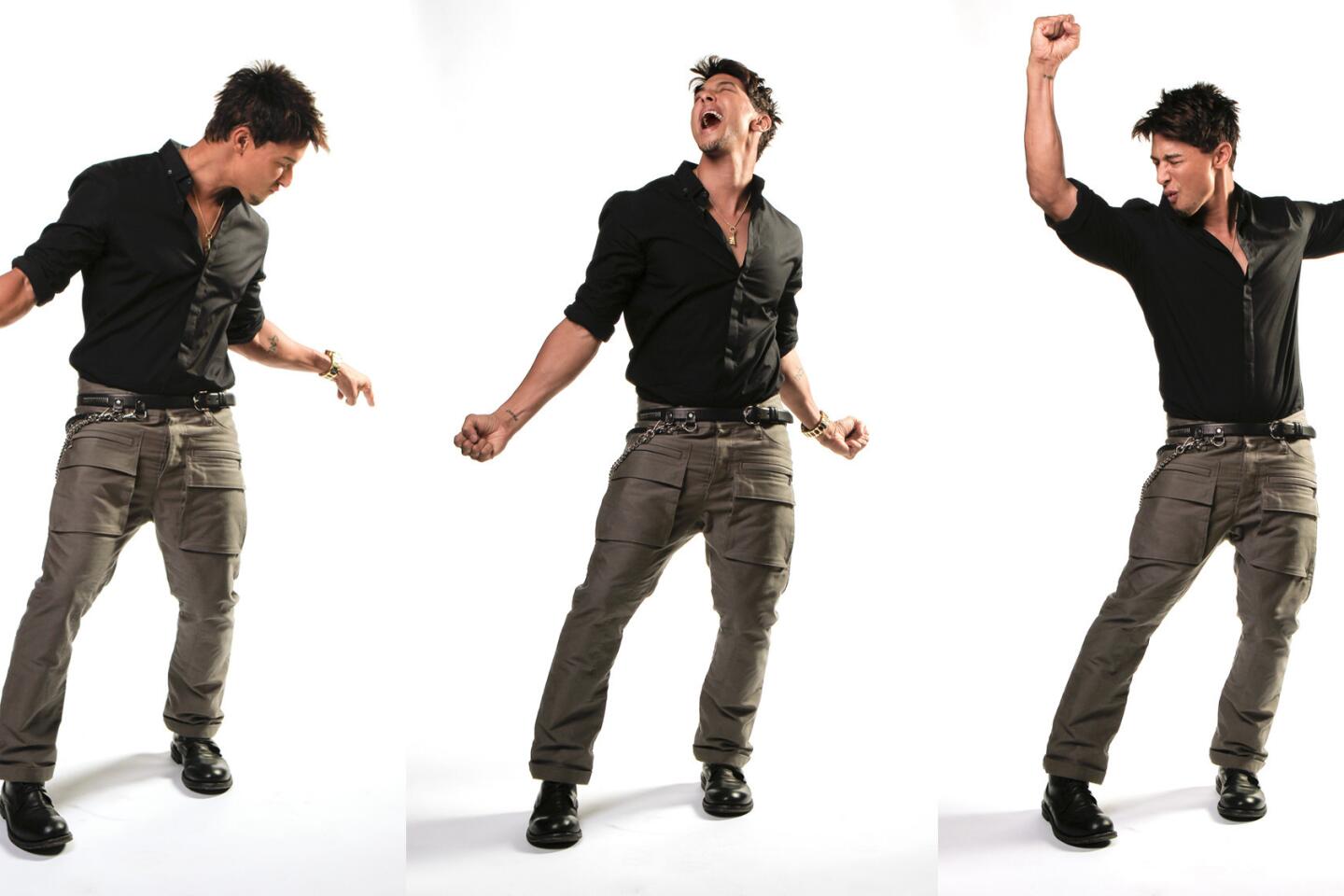
More: A pop choreographer with a busy schedule (Ricardo DeAratanha / Los Angeles Times)
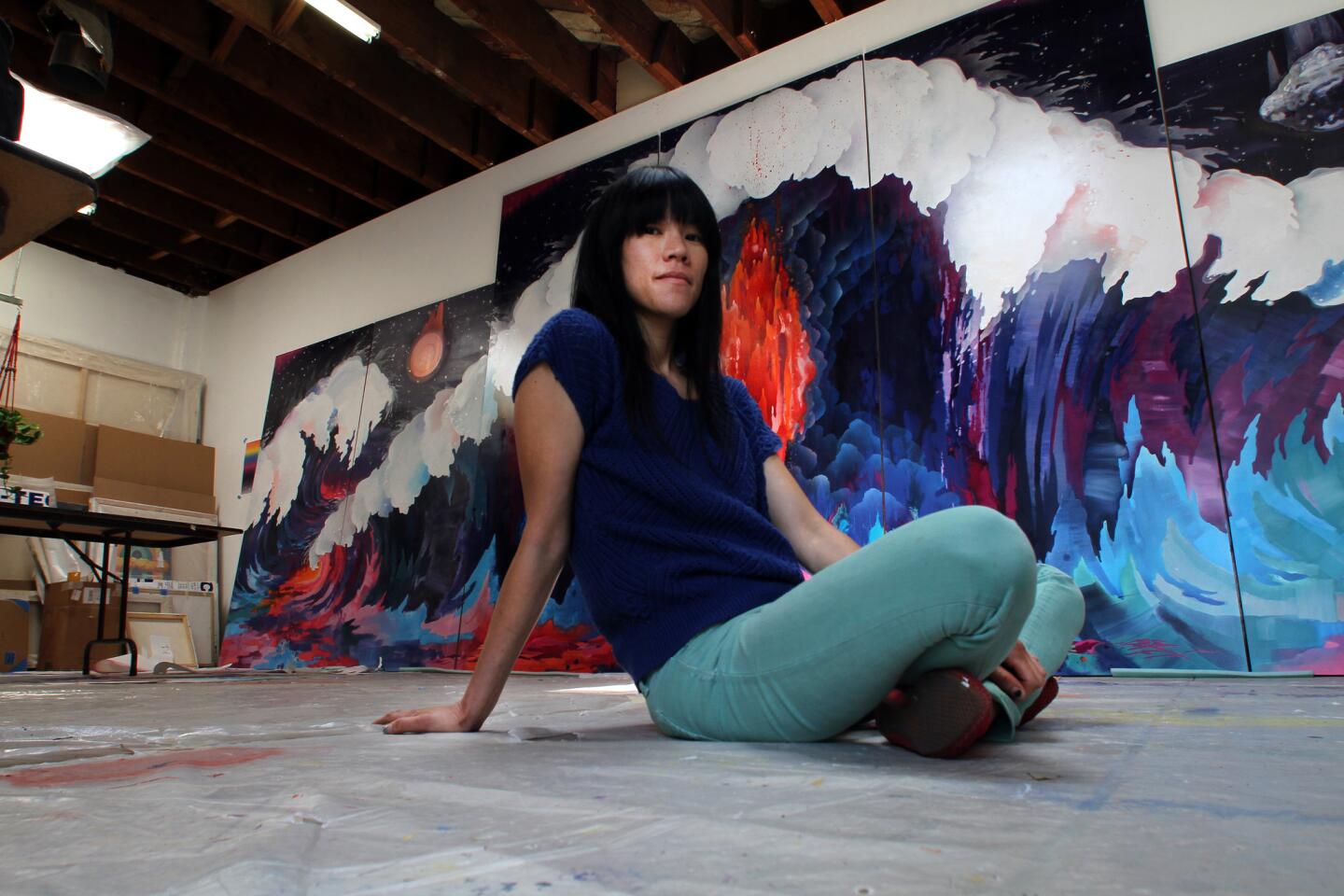
More: Hammer biennial lends artists a helping hand (Kirk McKoy / Los Angeles Times)

More: Plácido Domingo leads an uptempo life (Robert Gauthier / Los Angeles Times)
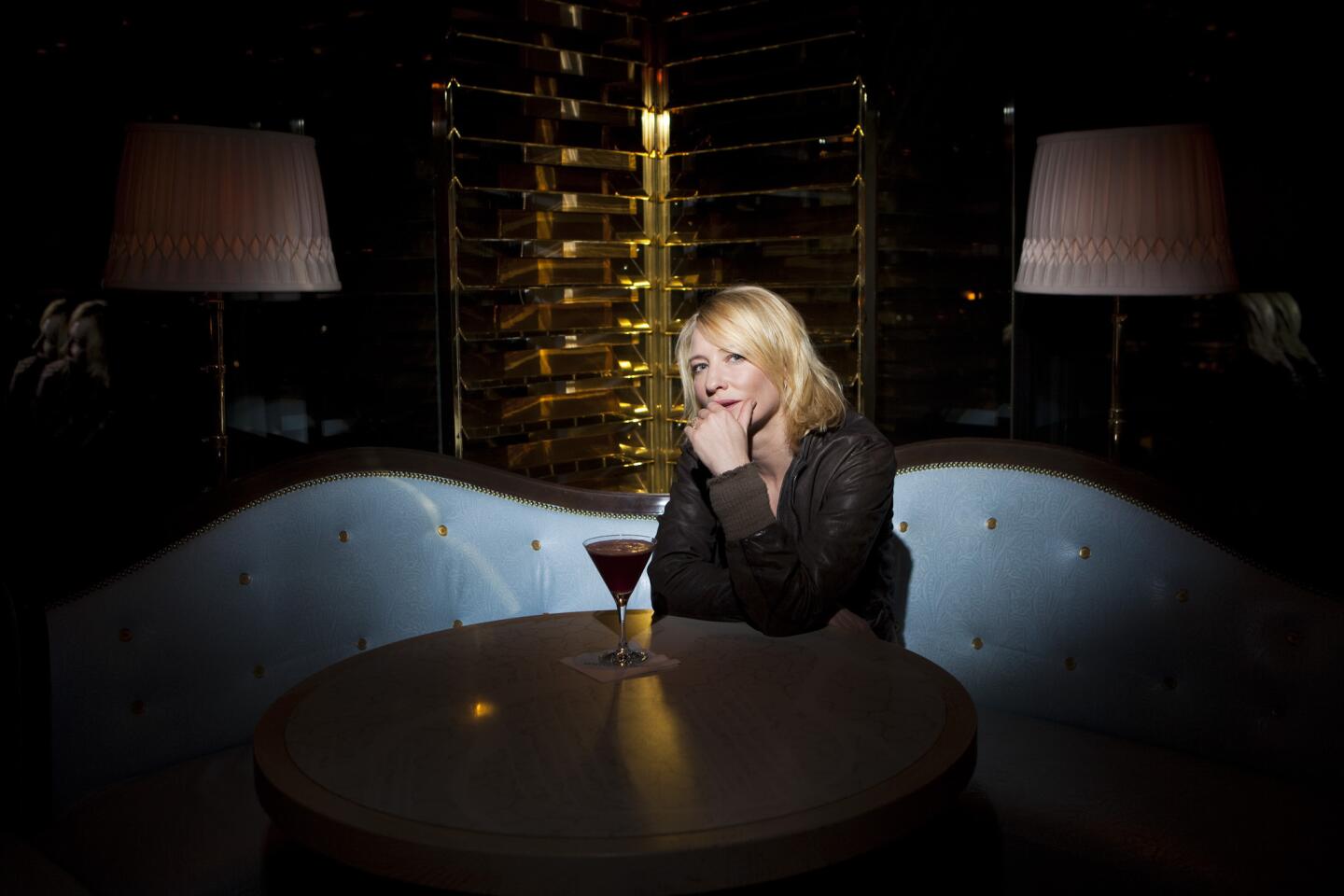
More: In the moment with Cate Blanchett (Jay L. Clendenin / Los Angeles Times)
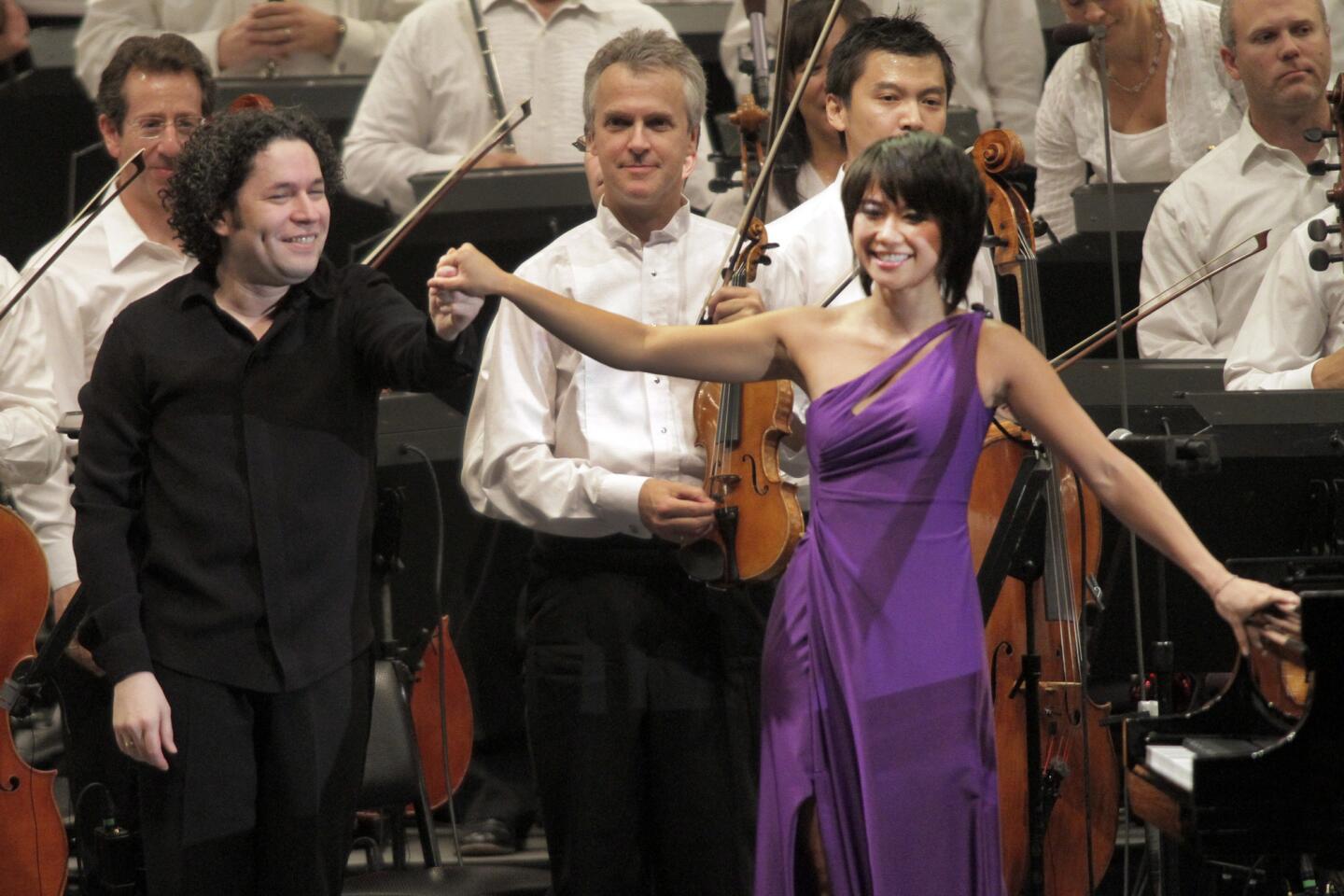
More: Yuja Wang turns heads at the Hollywood Bowl with a purple gown Photos (Lawrence K. Ho / Los Angeles Times)
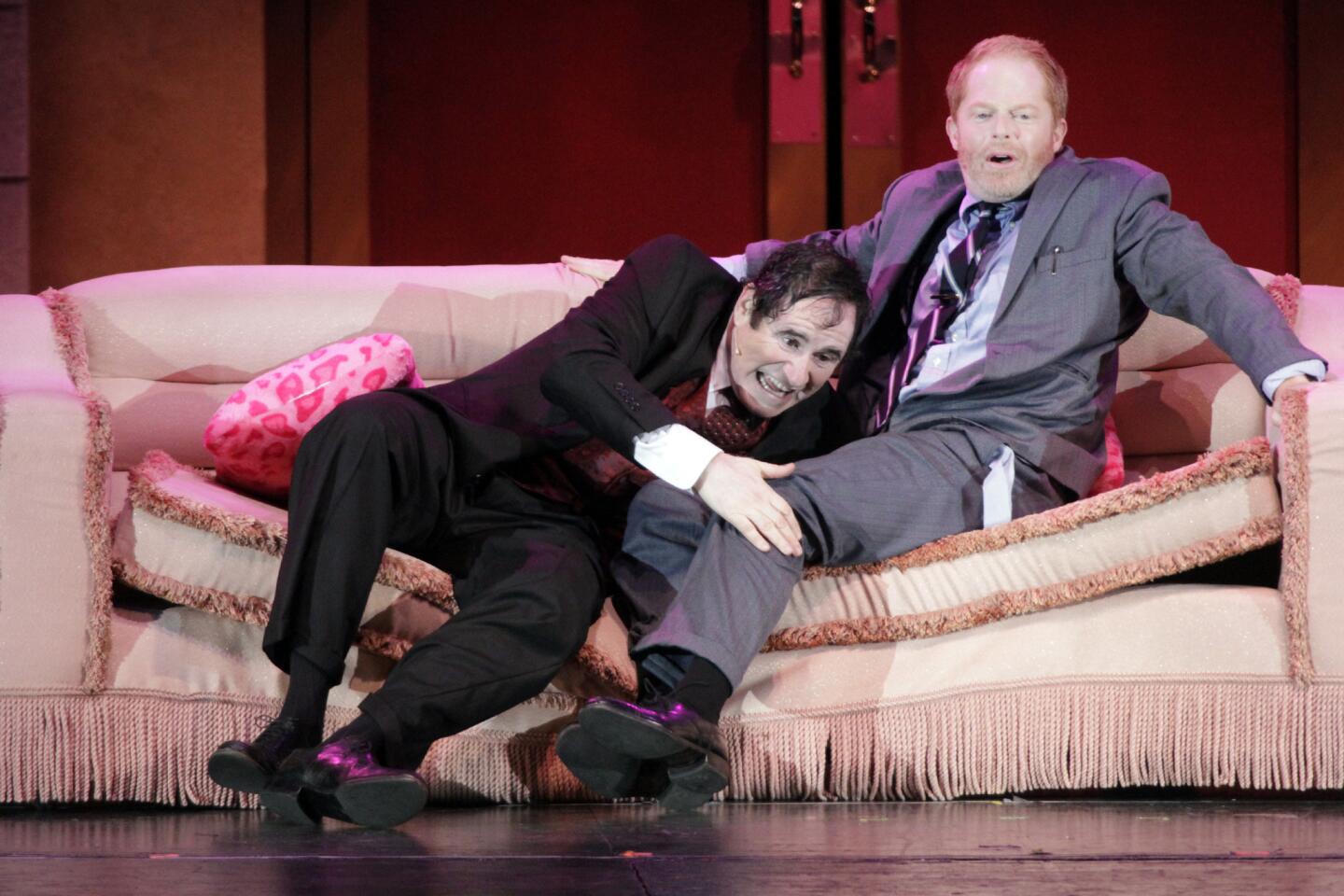
More: Jesse Tyler Ferguson takes on ‘The Producers’ at the Bowl | Review | Photos (Lawrence K. Ho / Los Angeles Times)

Review: LACMA’s new hunk ‘Levitated Mass’ has some substance | Critic’s Notebook: Art on an architectural scale at LACMA (Gina Ferazzi / Los Angeles Times)
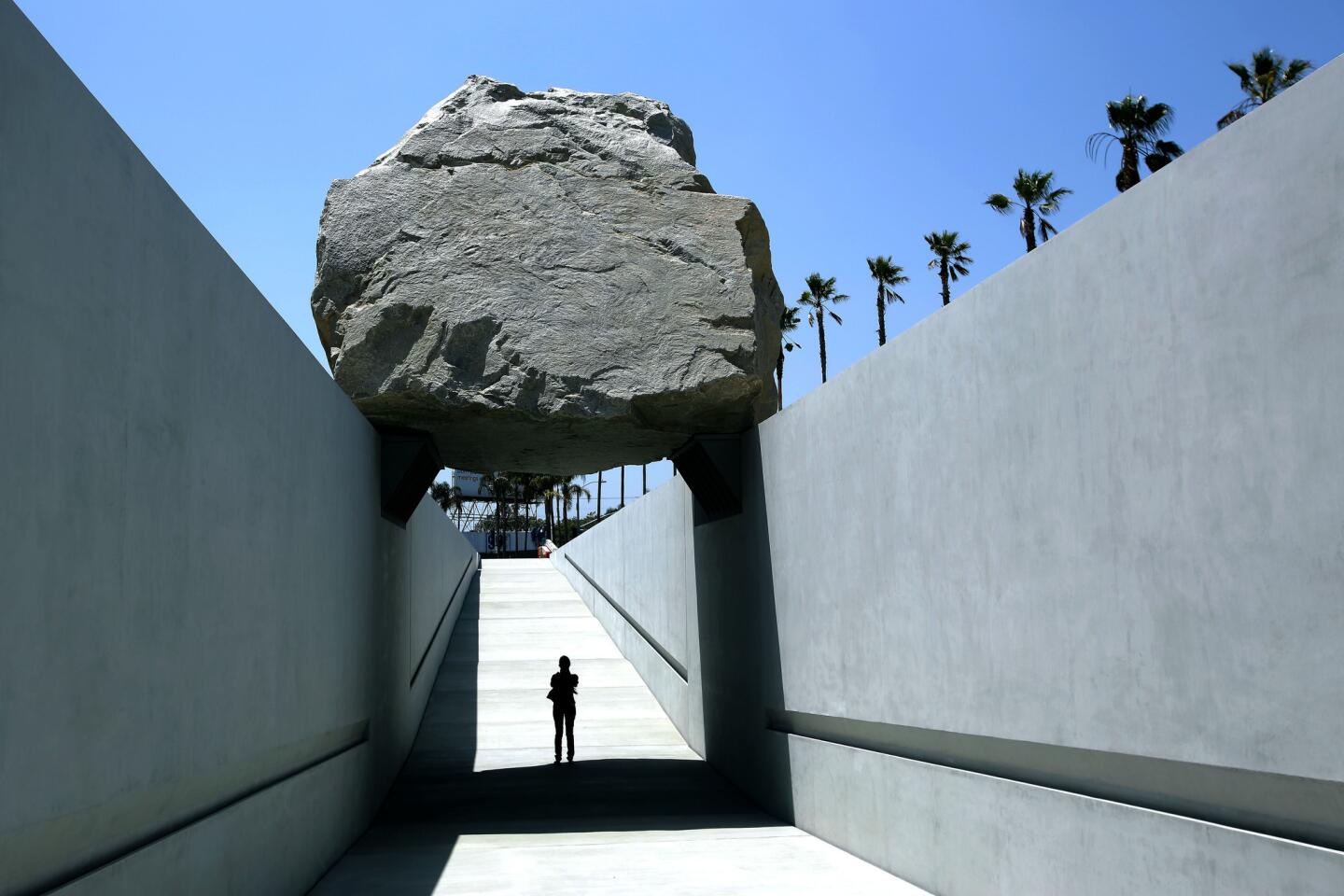
Review: LACMA’s new hunk ‘Levitated Mass’ has some substance | Critic’s Notebook: Art on an architectural scale at LACMA (Mel Melcon / Los Angeles Times)
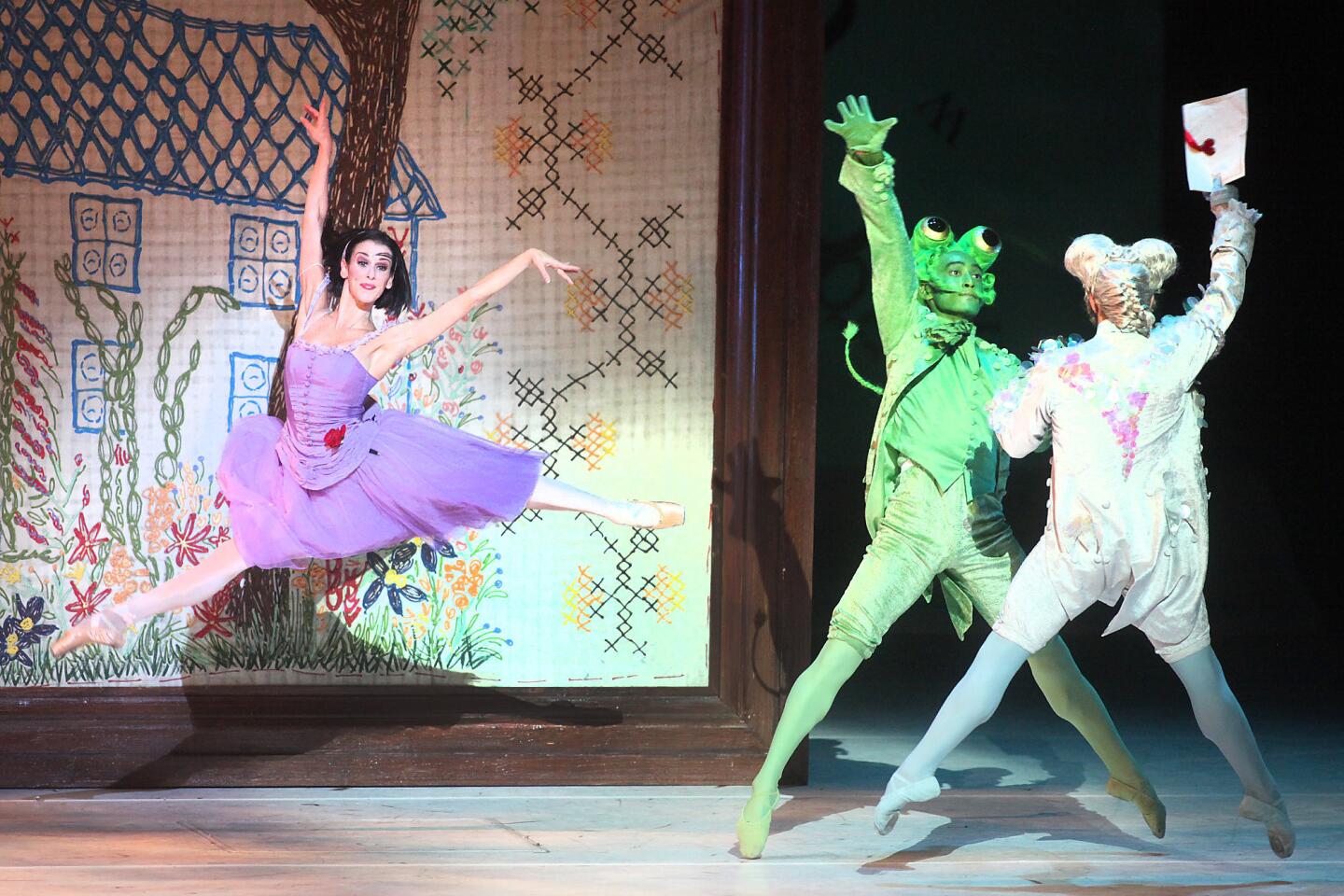
Review: Antic ‘Alice’s Adventures in Wonderland’ a scenic spectacle | More photos (Brian van der Brug / Los Angeles Times)
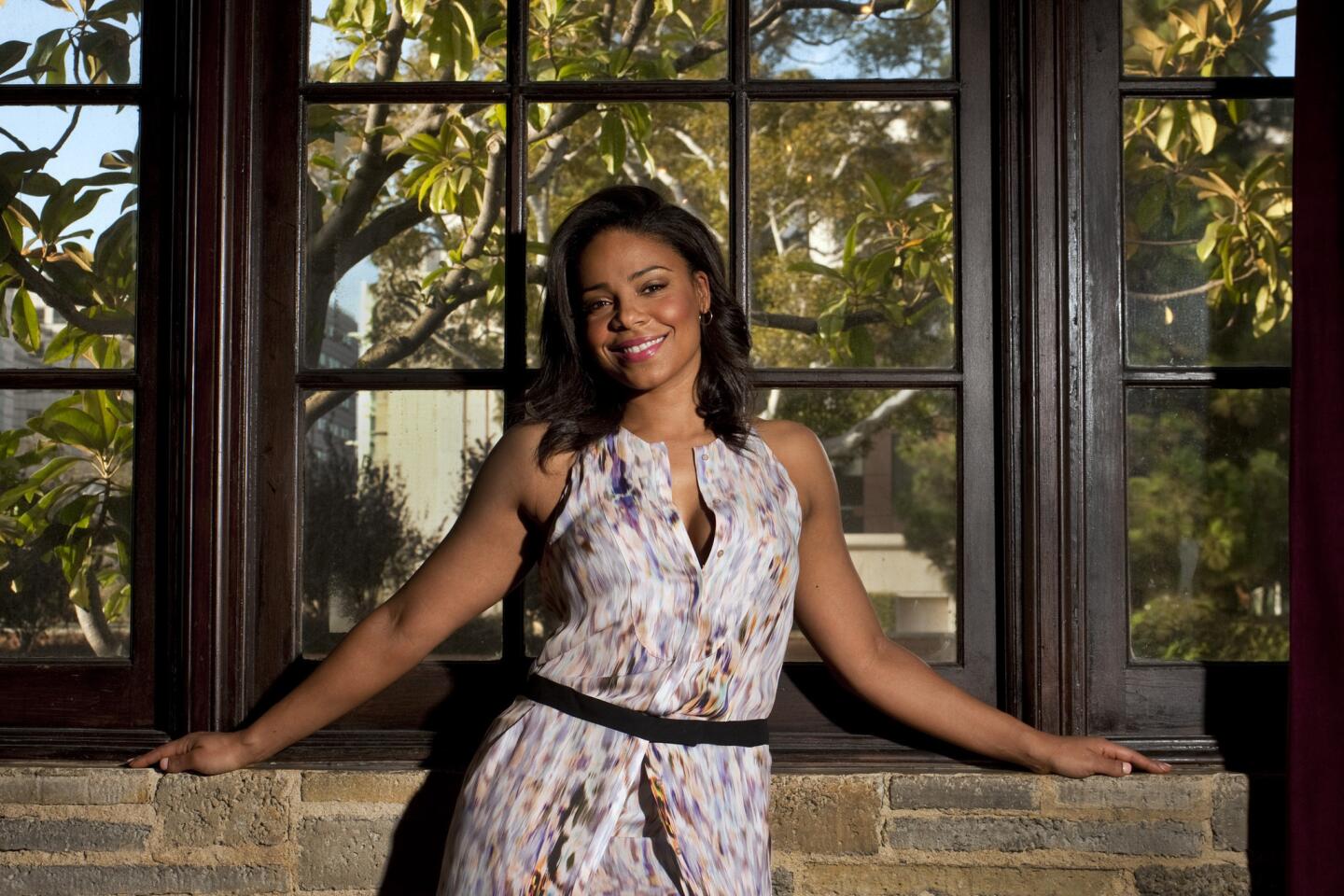
More: Q&A: Sanaa Lathan (Allen J. Schaben / Los Angeles Times)
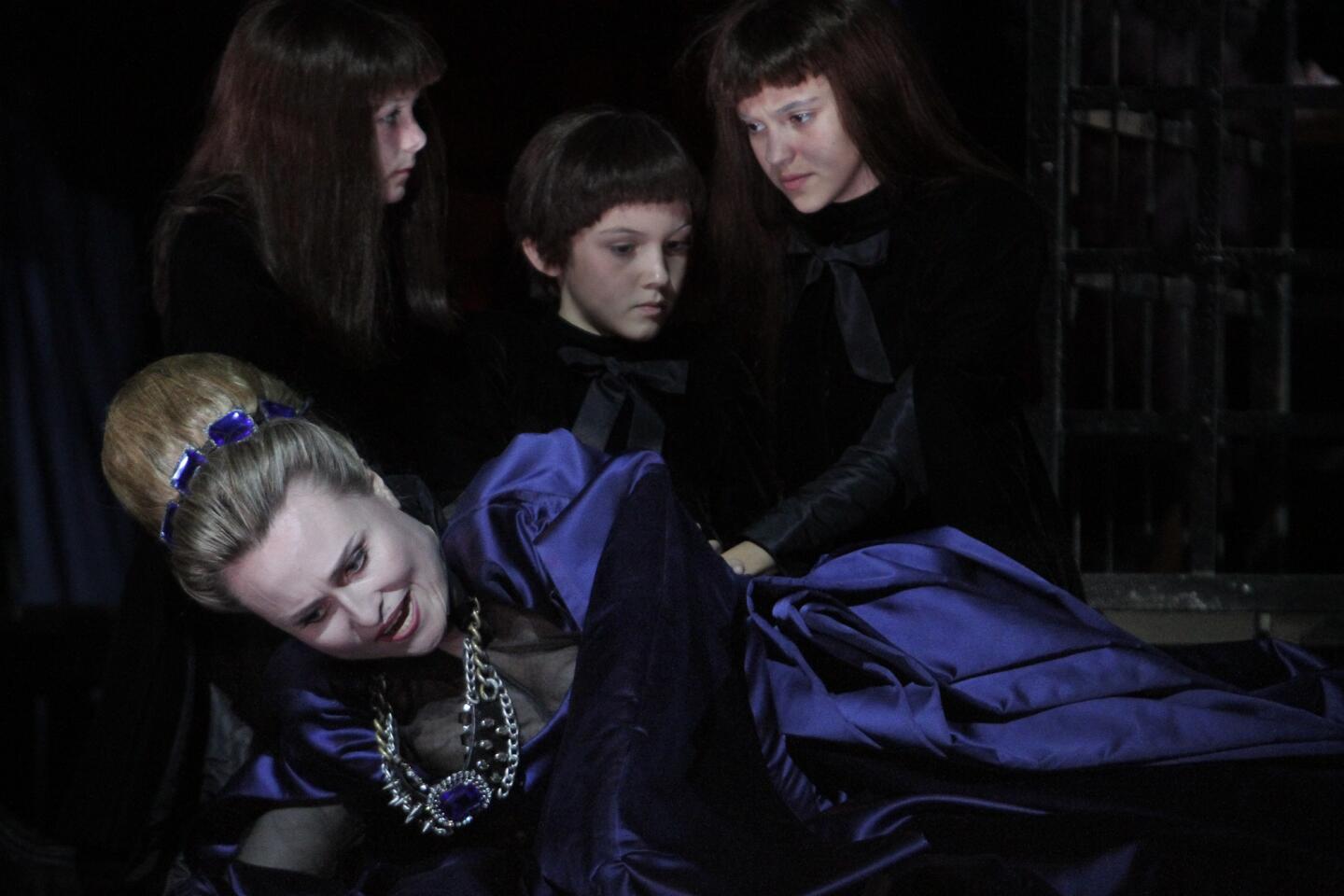
More: Los Angeles Opera takes fresh look at Verdi’s ‘The Two Foscari’ | Review (Lawrence K. Ho / Los Angeles Times)
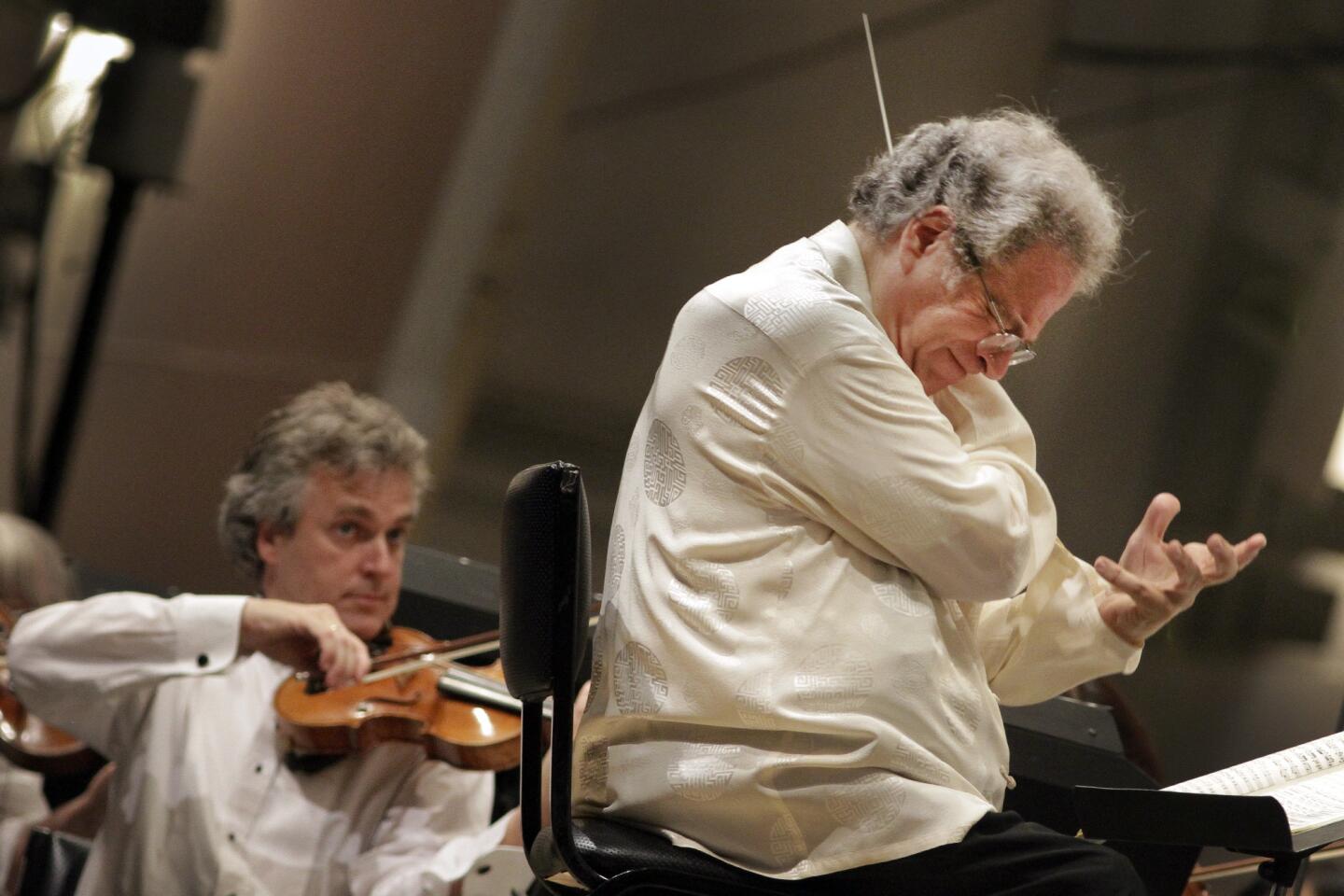
Review: Itzhak Perlman closes Hollywood Bowl classical season (Lawrence K. Ho / Los Angeles Times)
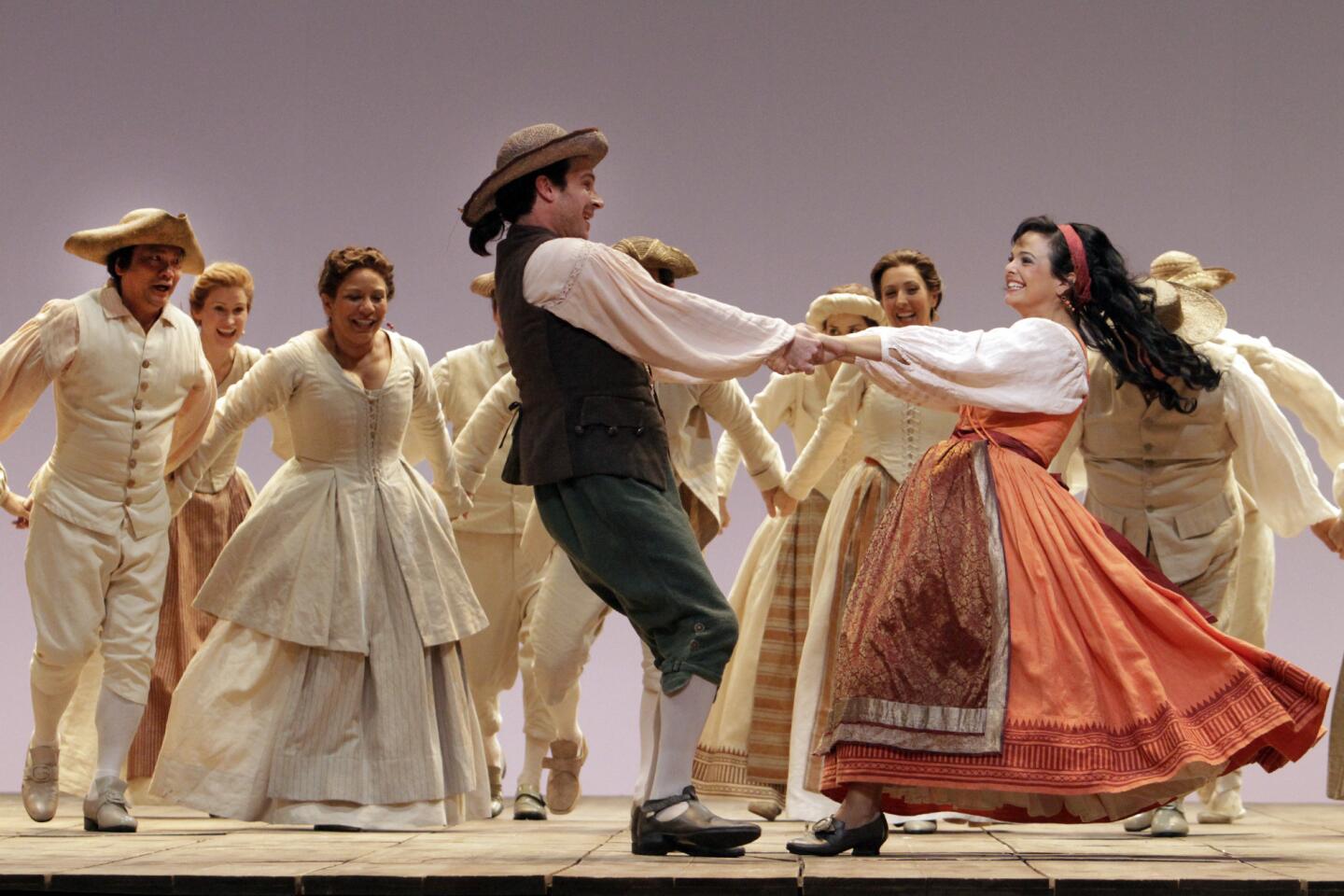
Review: L.A. Opera’s ‘Don Giovanni’ upholds tradition expertly | Photos (Lawrence K. Ho / Los Angeles Times)
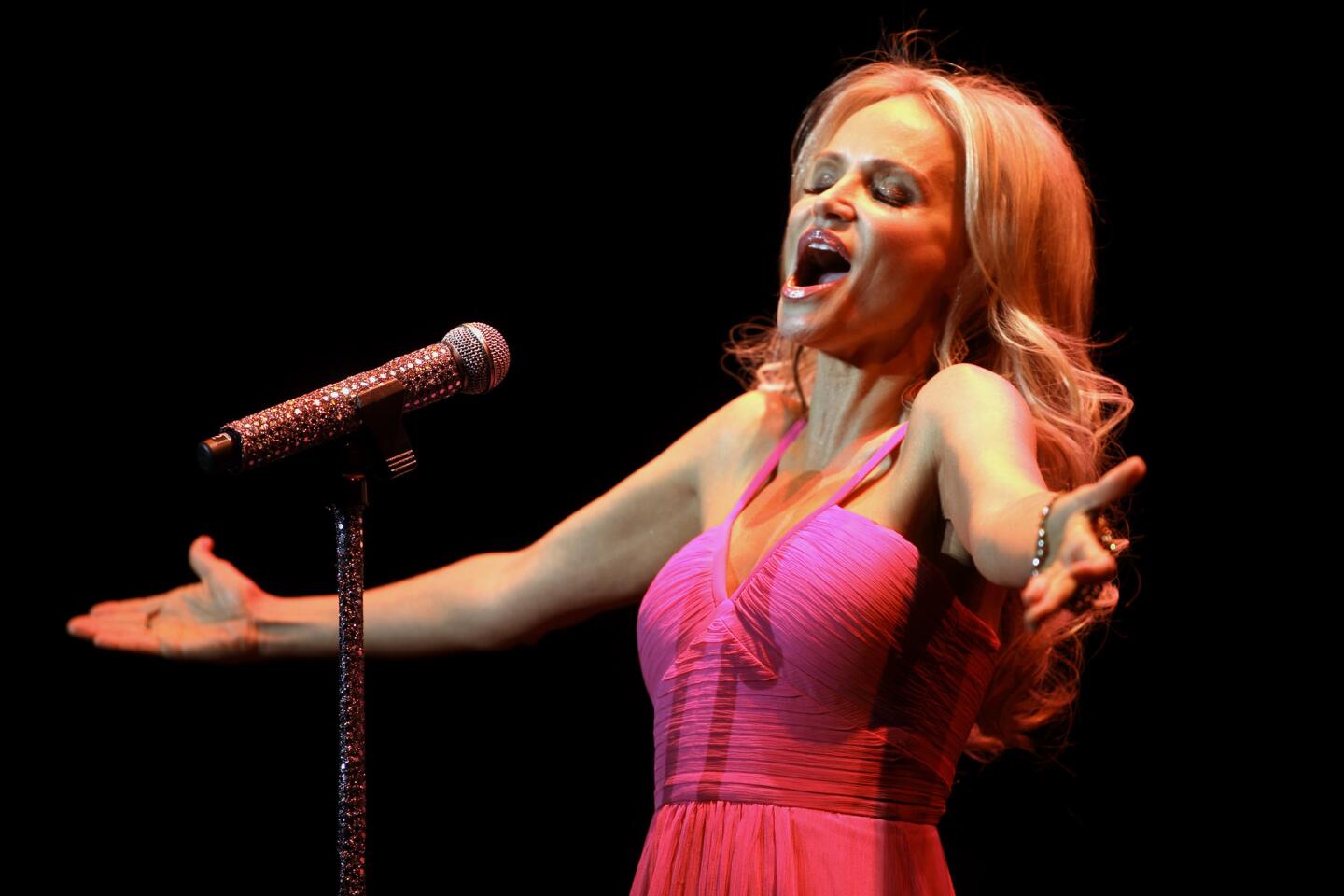
More: Kristin Chenoweth warms up for California concerts (Carolyn Cole / Los Angeles Times)
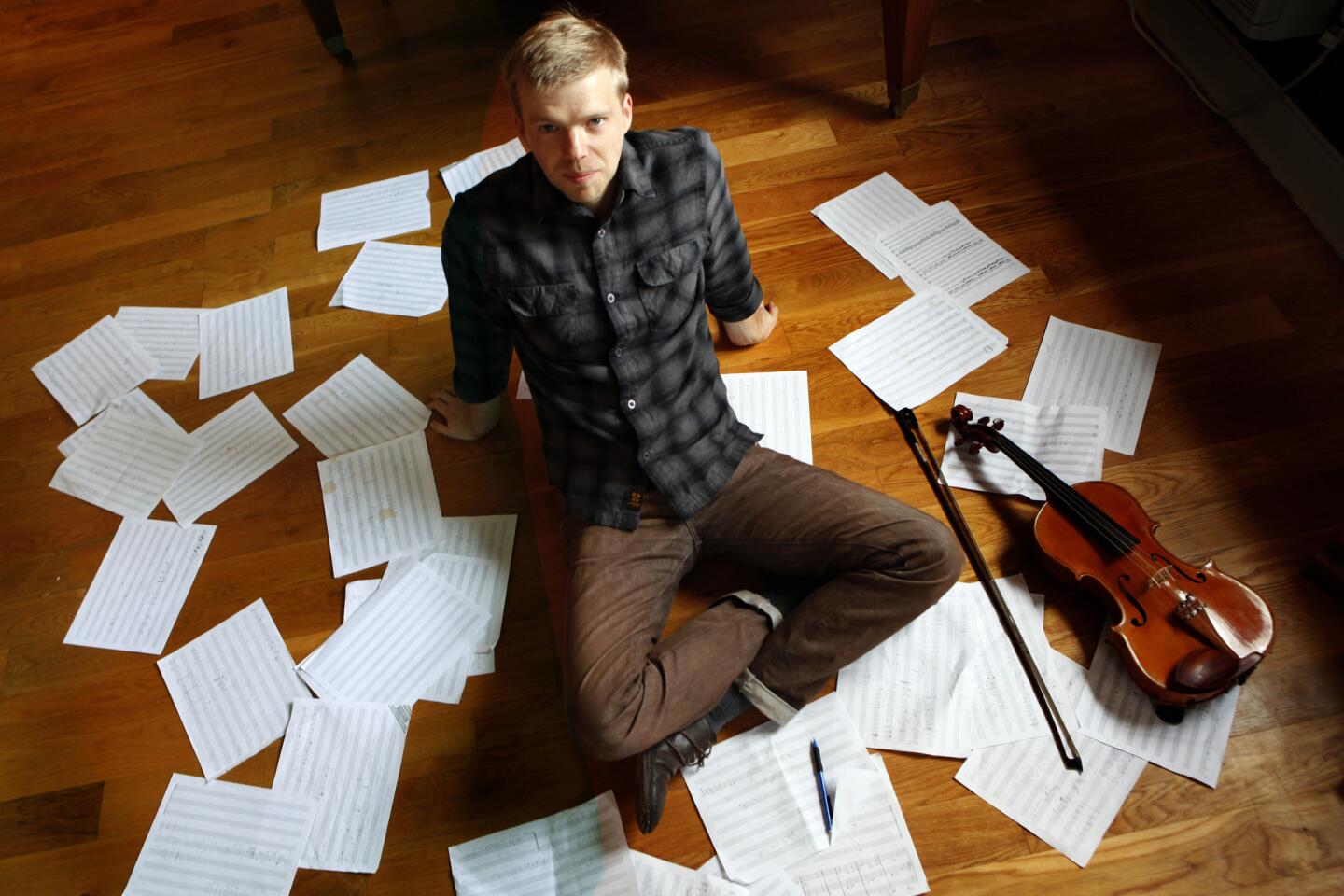
More: Composer Andrew Norman’s imagination has taken residence (Carolyn Cole / Los Angeles Times)
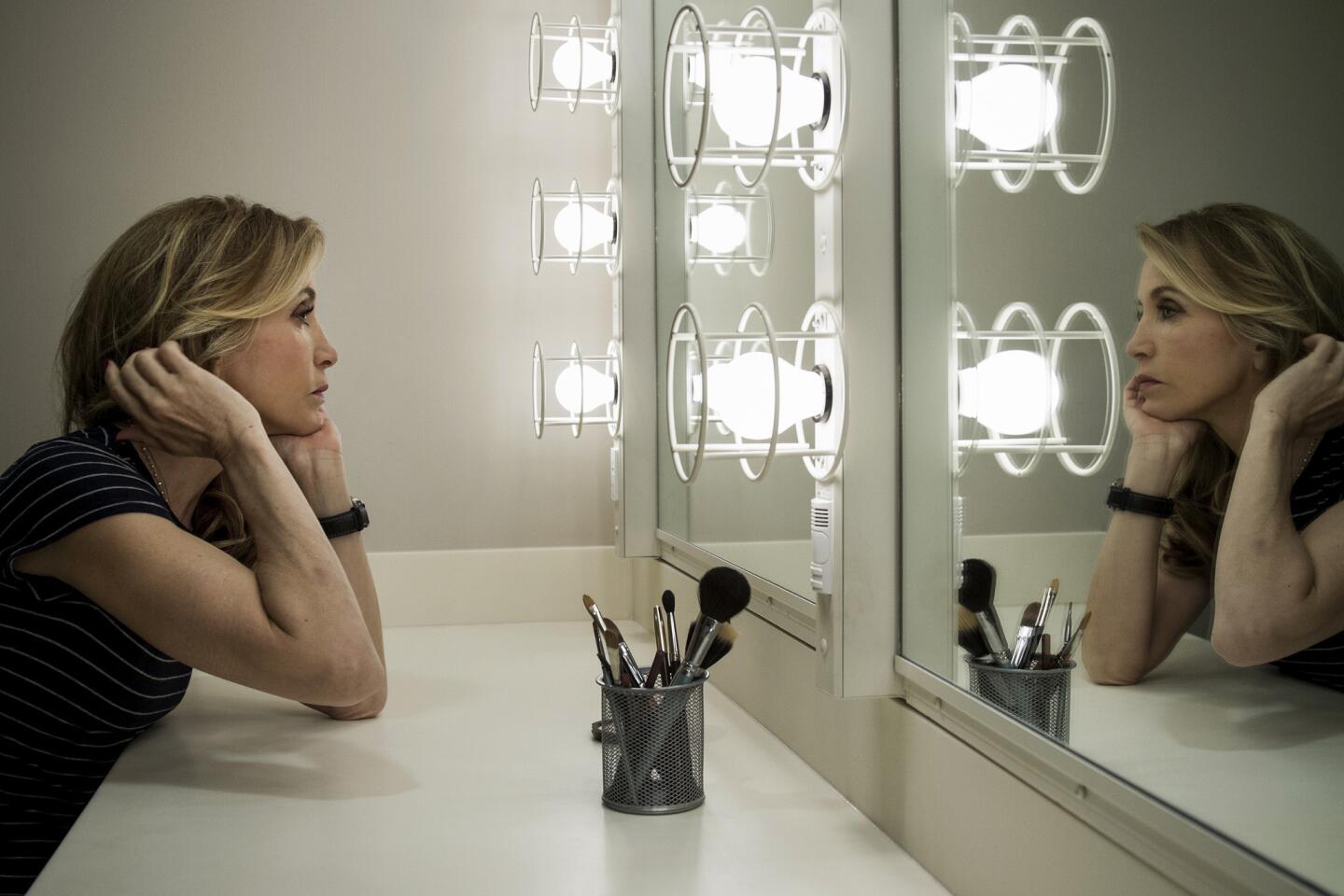
More: It’s no easy act for Felicity Huffman (Jay L. Clendenin / Los Angeles Times)
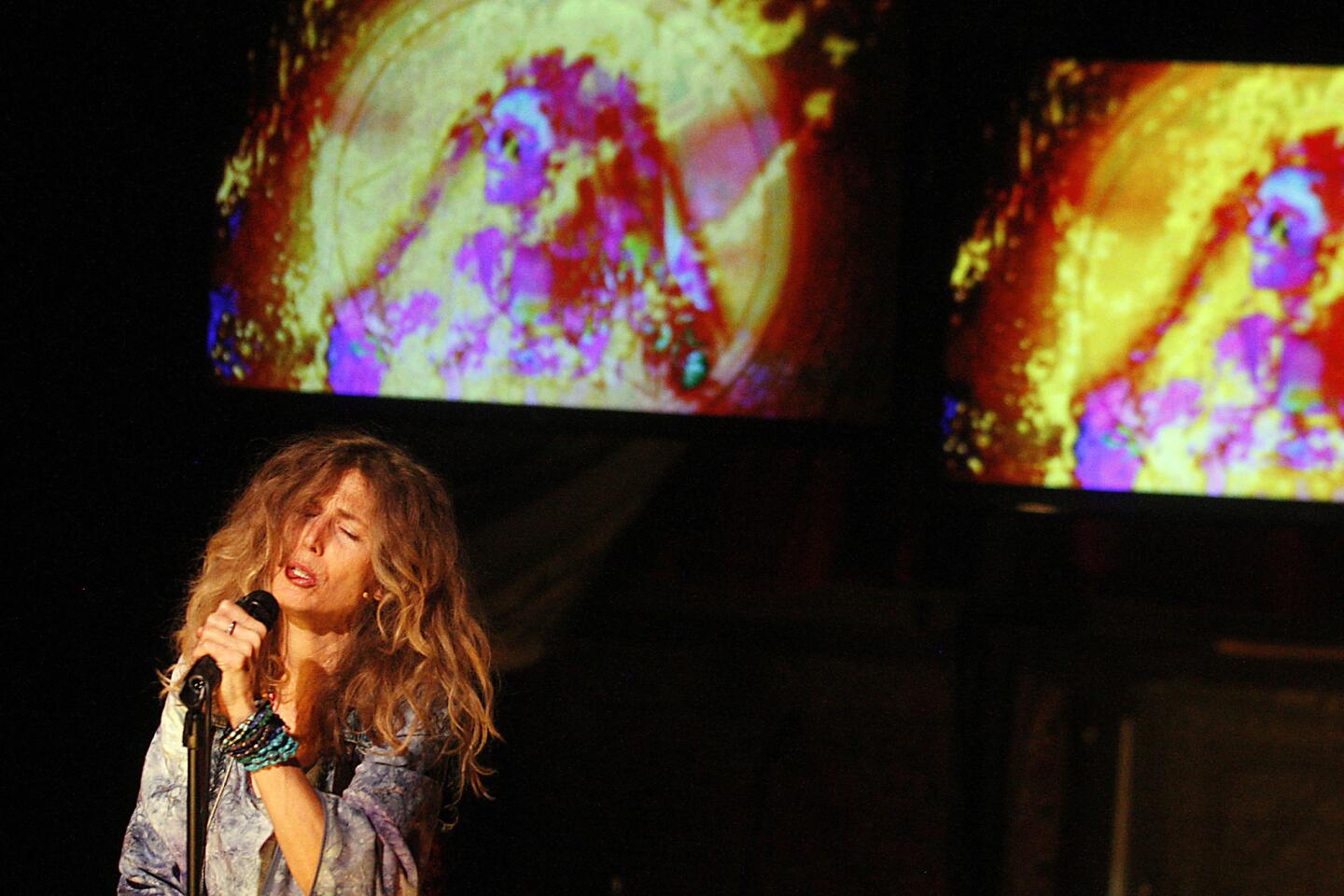
More: Sophie B. Hawkins channels Janis Joplin’s spirit in ‘Room 105’ (Luis Sinco / Los Angeles Times)
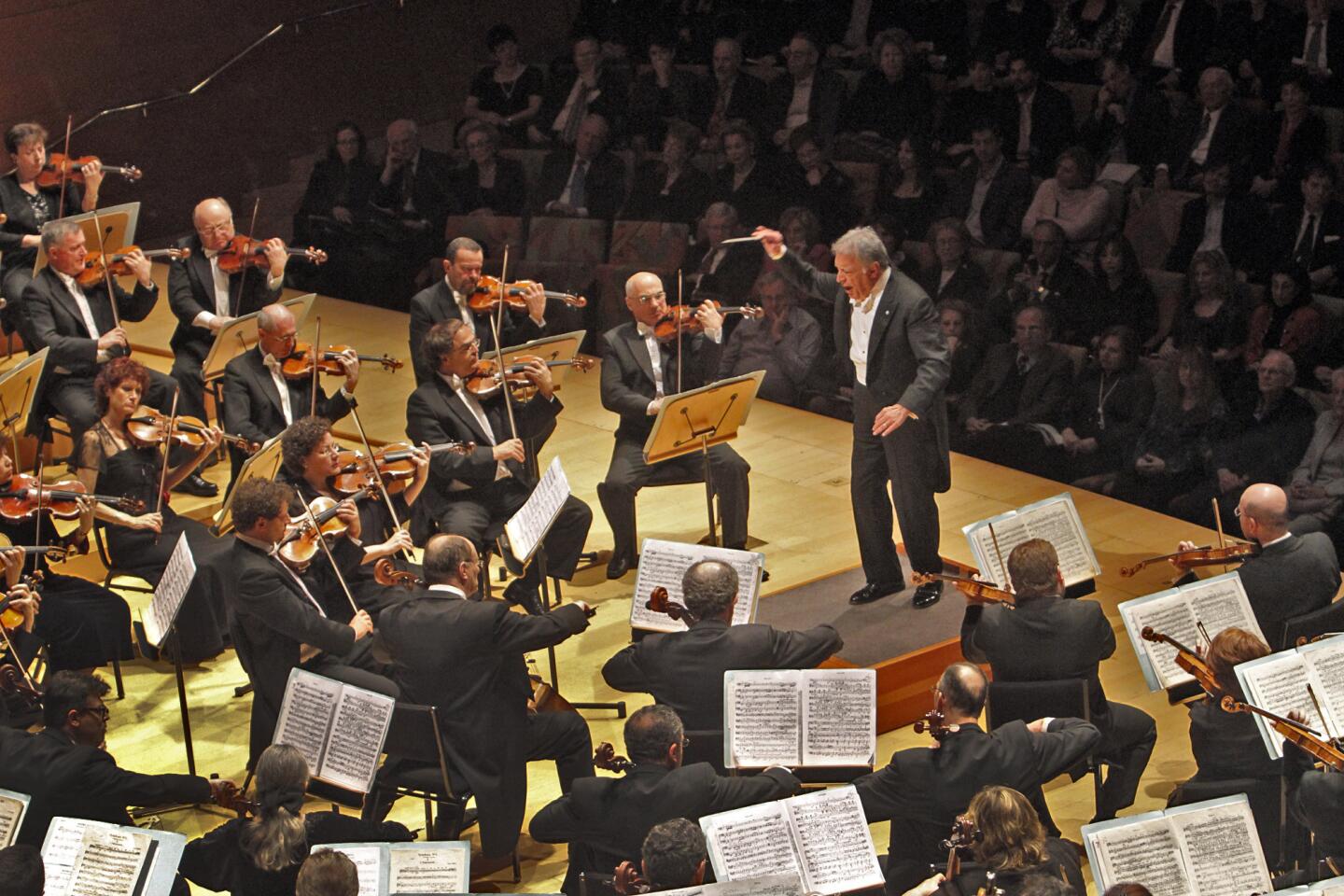
Review: Israel Philharmonic, rising above differences (Lawrence K. Ho / Los Angeles Times)
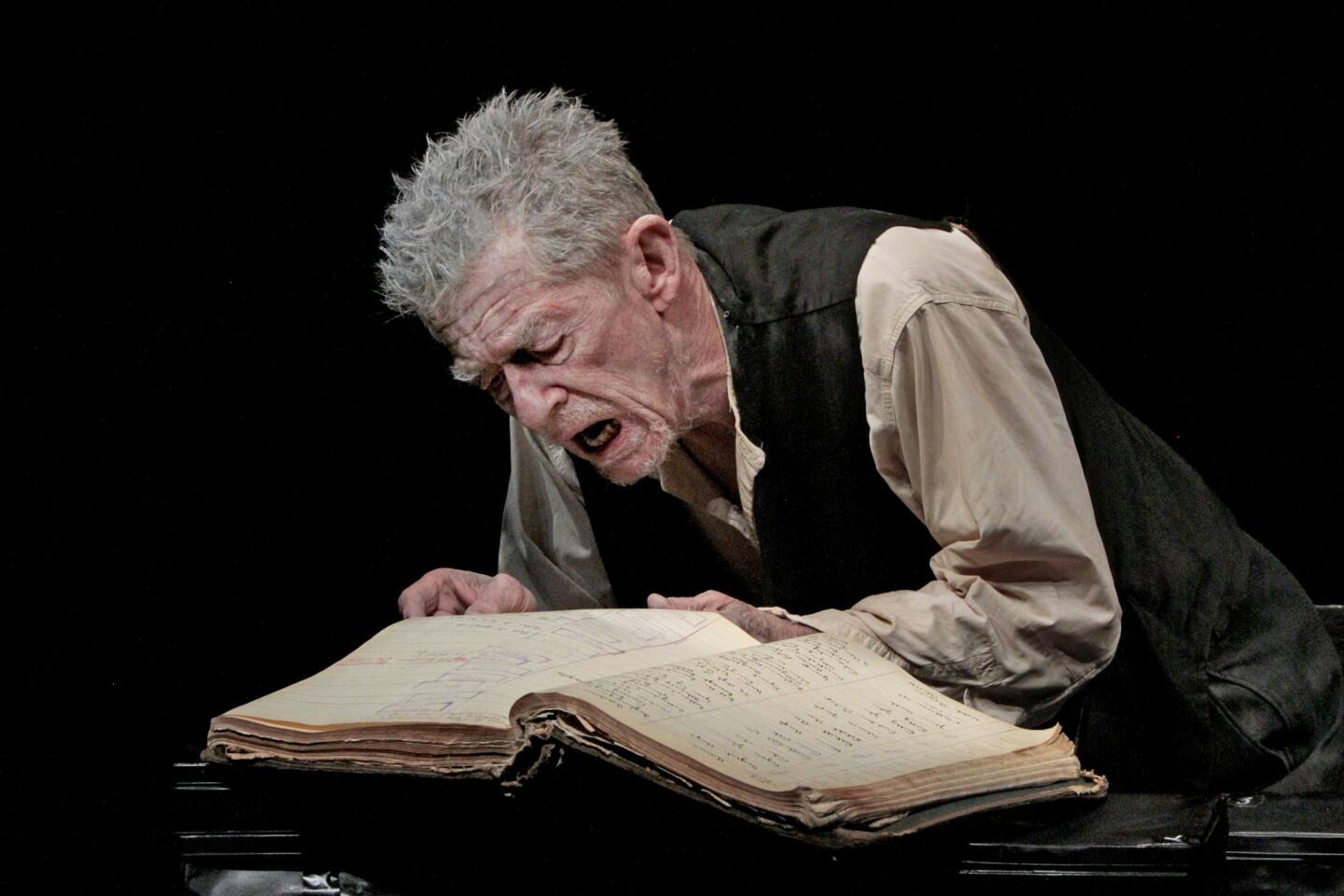
More: John Hurt plays back ‘interrupted pause’ of ‘Krapp’s Last Tape’ | Review (Anne Cusack / Los Angeles Times)
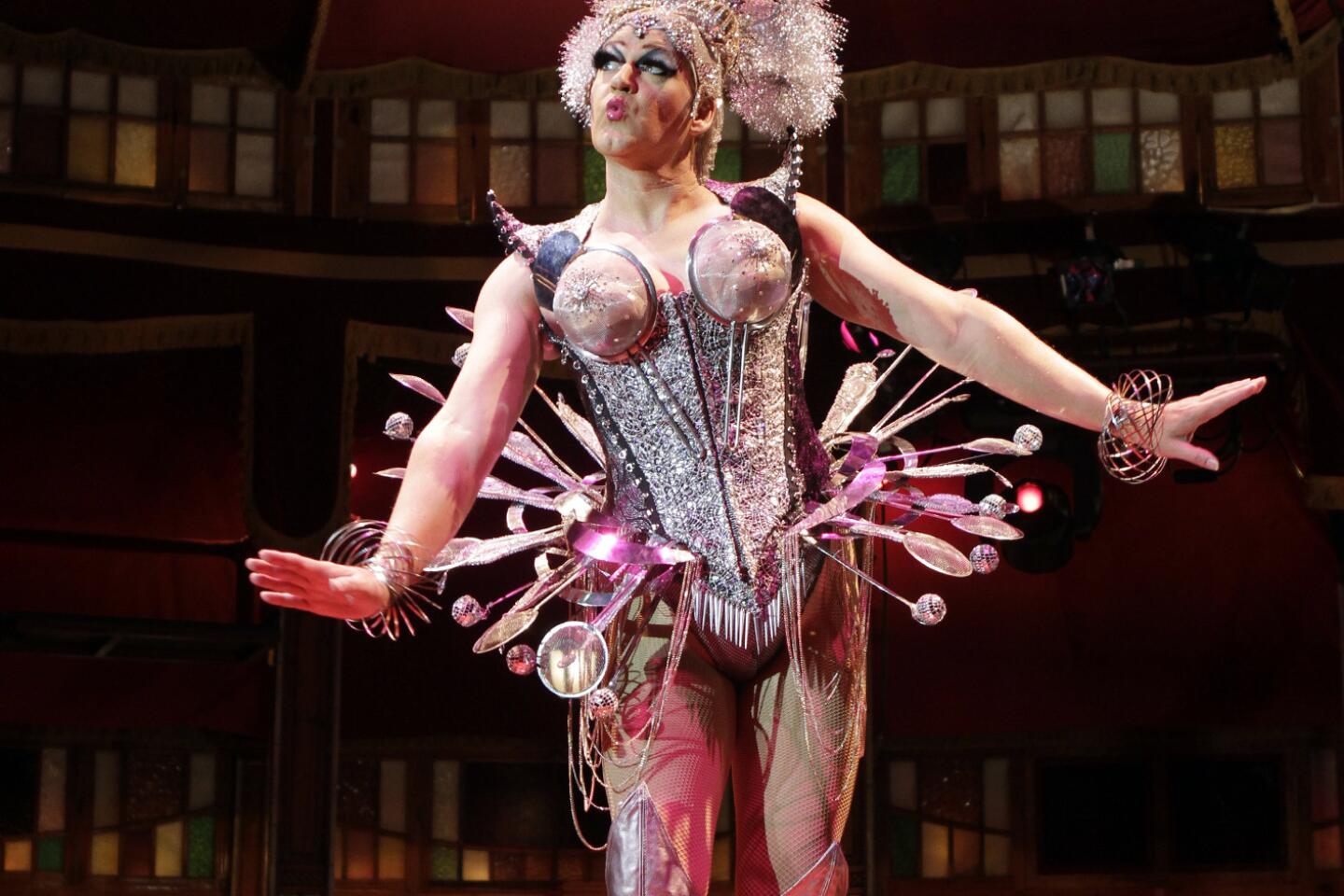
More: Teatro ZinZanni sets up a tent and fills it with elegant chaos (Lawrence K. Ho / Los Angeles Times)
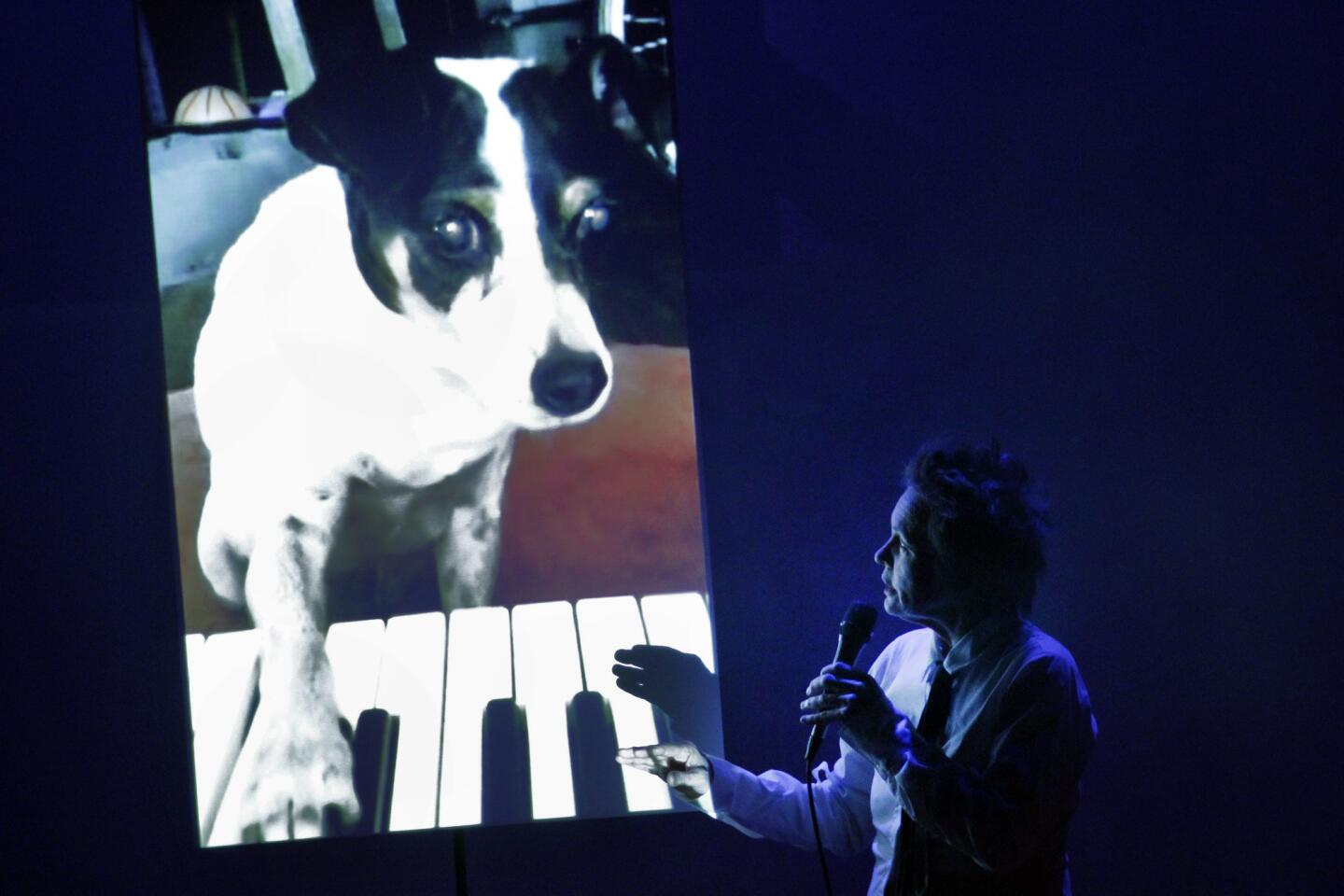
More: Performance review: A down-to-Earth ‘Dirtday!’ (Lawrence K. Ho / Los Angeles Times)
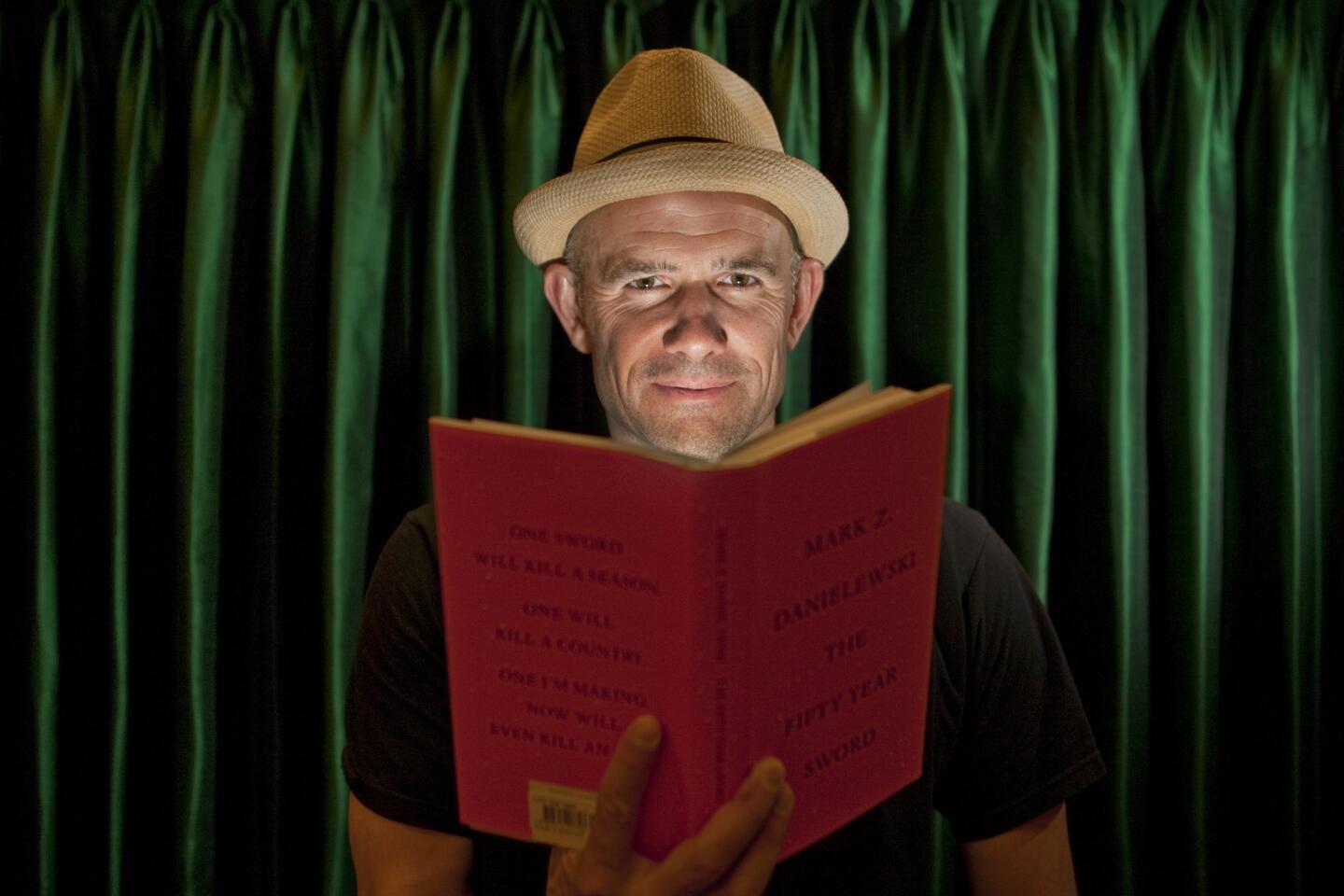
More: Mark Z. Danielewski: The writer as needle and thread (Allen J. Schaben / Los Angeles Times)
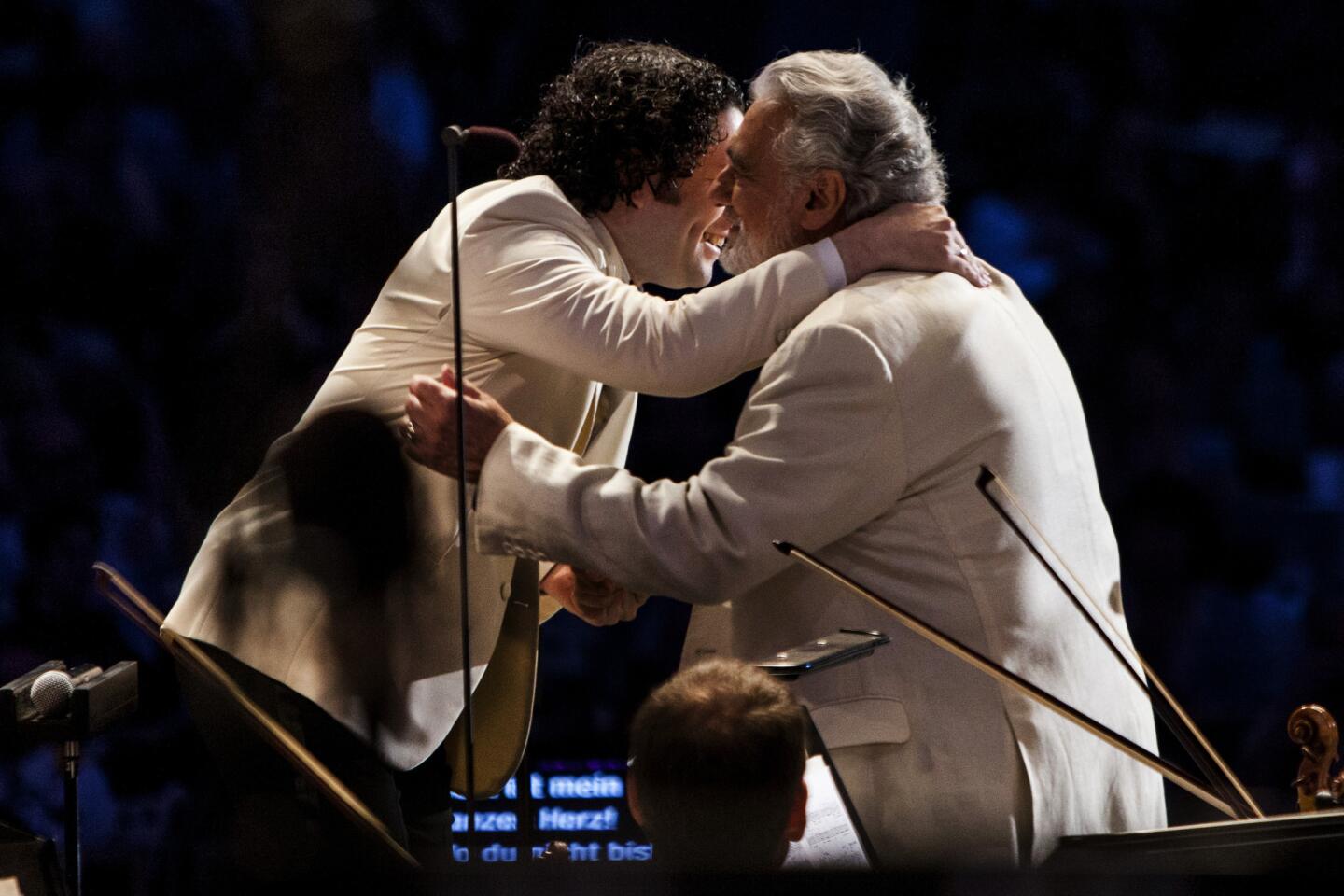
More: Gustavo Dudamel’s captivating theatrics serve the music | More photos (Jay L. Clendenin / Los Angeles Times)
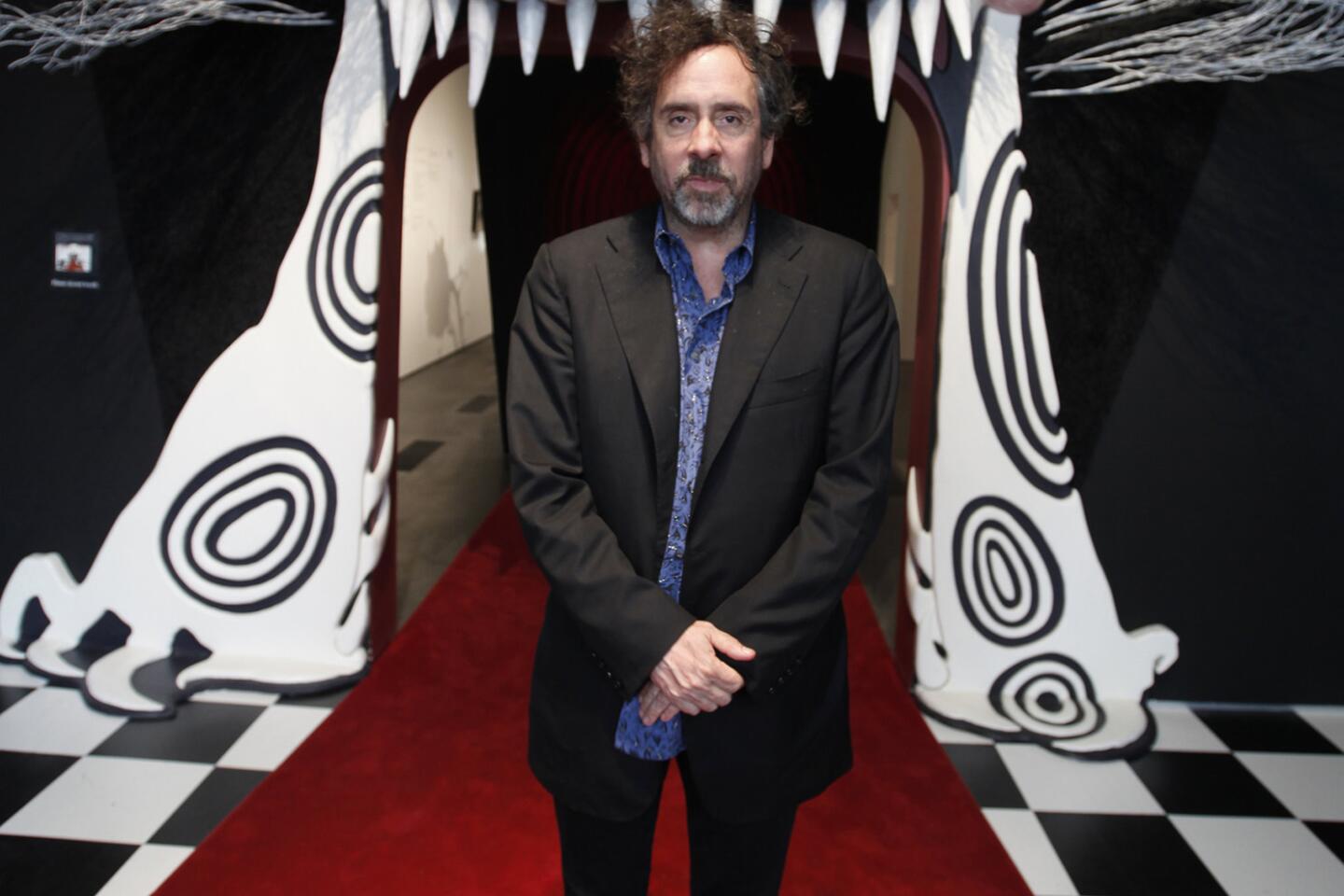
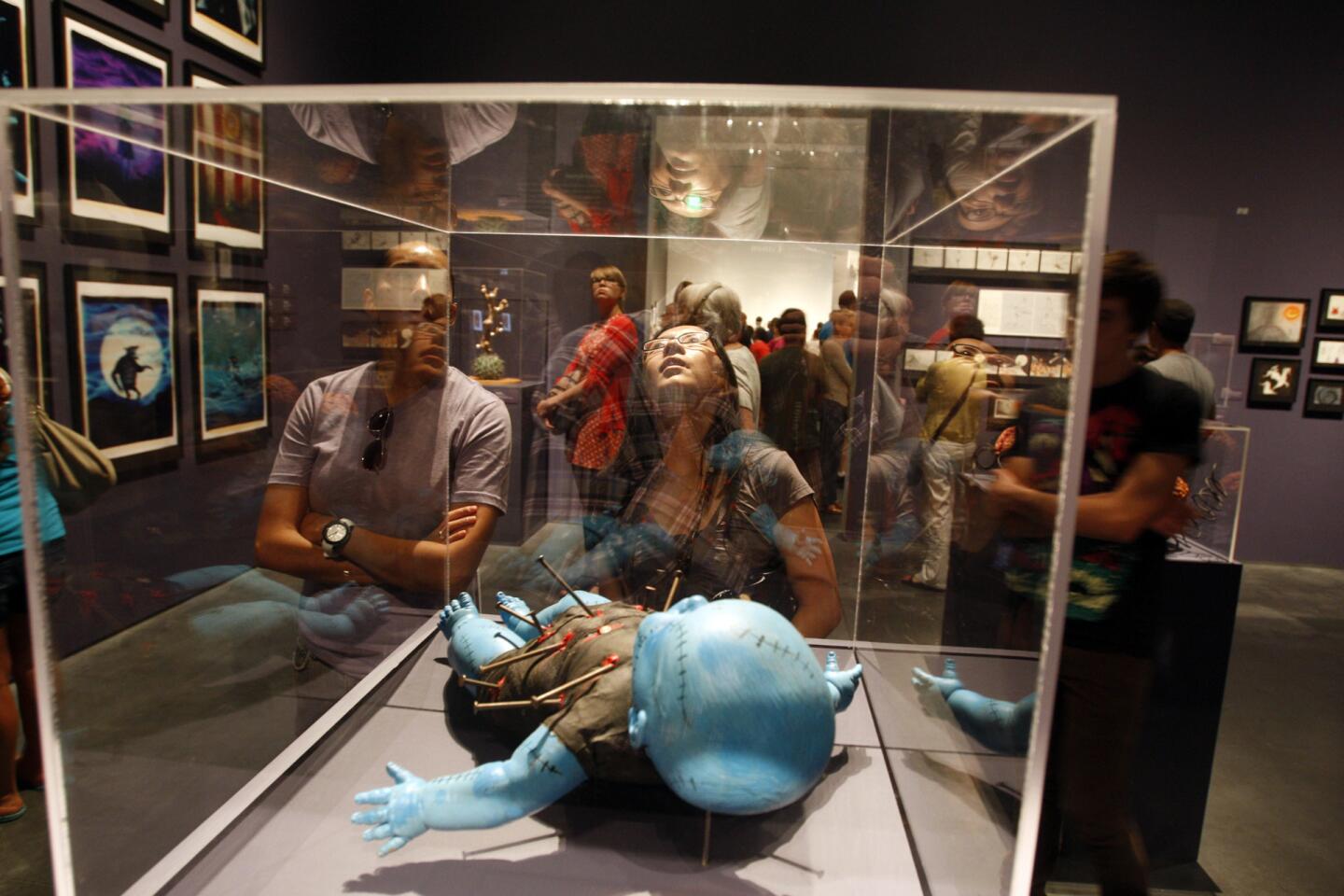
MORE: Doing the numbers on LACMA’s Tim Burton show (Gary Friedman / Los Angeles Times)
BERLIN — In a hotel in the embassy-heavy streets in the city’s center, Lang Lang sits on a bright red couch, a modestly daring complement to the room’s elaborate Bauhaus paneling. He has just come from a conference in Cannes where he gave a speech to the who’s who of the music biz about classical music, social media and building music schools in China.
The window is open and outside, a woman shouts enthusiastically into a megaphone. Her acolytes answer her calls with equal vim. Inside the normally happy-go-lucky, 30-year-old pianist is doing some protesting of his own.
When he plays with the Los Angeles Philharmonic at Walt Disney Hall in May, it will be Tchaikovsky’s Piano Concerto No. 1, a piece second perhaps only to Grieg in the most-played concerto table. For core classical music fans, playing popular pieces is nothing more than pandering to the lowest common denominator.
CHEAT SHEET: Spring Arts Preview
“I totally disagree,” Lang says of this assertion. “A lot of what you call the great repertoire is popular, but that doesn’t mean it’s not a great work. I mean, come on. Rachmaninoff 3 is great. There shouldn’t be ‘If this work is so popular, then don’t do it.’ In the art world it is only what you feel right to perform.”
He is more exasperated than angry, but at the suggestion that commercial success and artistic integrity are mutually exclusive, the nicely glowing coals burst into flames.
“I think it’s totally wrong,” he says, his face a mix of annoyance and incredulity. “No great artist in the world that I know will make a sacrifice to play with someone just because the name is big. I think this doesn’t happen in our world. You ask Zubin Mehta, you ask Mariss Jansons, Sir Simon Rattle, Barenboim. ‘Use him because he sell tickets.’ Nobody says that because they don’t care!”
Perhaps in his world, this is true. Lang has been on the classical A list for nearly a third of his life, and most of the artists he collaborates with probably don’t have to take on projects that don’t interest them to sell tickets.
“The point I must make very clearly — and this has nothing to do with myself — is I’m not saying that if you’re not commercially successful it’s because you aren’t good enough, but you can’t say that because others are commercially successful you’re better because you’re a real artist. The only way you can talk about this is because of one word: jealousy. I’m pretty positive about it.”
The next day at an open dress rehearsal for concerts with Gustavo Dudamel and the Berliner Philharmoniker, Lang ambles onstage, sits down at the piano and gives the orchestra a G sharp. Dudamel gives the downbeat and the orchestra gets down to the business of rehearsing Bartok. In the third movement, schoolboys in the audience imitate Lang’s bouncing style, only stopping when, from five or six seats away, their teacher makes it clear they bop at their peril.
PHOTOS: Arts and culture in pictures by The Times
The night of the concert, the Philharmoniker is abuzz. Bartok is not the most immediately rewarding concerto for the audience, so Lang holds nothing back. His movements are more exaggerated — at one point it seems as if he is trying start a lawn mower — but it is a mistake to think it is just showboating. Lang recognizes that we hear as much with our eyes as our ears and Bartok needs bigger signposts than Mozart. The audience, enraptured, explodes.
It was the spare beauty of Mozart that got him back to the keyboard after his piano teacher kicked him out because he had no talent. At 9, Lang did the sensible thing and quit. For three months, he refused to touch a piano.
“People were begging me to [play], but I said I wasn’t a musician anymore and I had given up,” he recalls. “But they found the score of Mozart’s Piano Sonata K.330 and they were saying, ‘This is beautiful music, play for us.’ Somehow I started playing and said, ‘Why should I stop? This is a stupid decision.’ Gradually, I started to feel connected to music again.”
When some time opens up between all the piano playing, award accepting and sponsor placating, Lang likes to participate in the education projects managed by his Lang Lang International Foundation for Music. But classical music remains his first love and his passion and he speaks of it lovingly.
“It gives us a complete freeing of feelings, emotions, structures and imagination,” Lang explains. “Pop artists like Alicia Keys or Lady Gaga studied classical piano before. Training in classical music gives you very solid ideas on how to build music. When you hear the music it becomes part of you and it shouldn’t be too hard to understand. If that’s the case, I as a Chinese would never play classical music.”
ALSO:
Reynold Reynolds at Christopher Grimes Gallery
Perspectives in photography in ‘Falling From Great Heights’
‘Star Trek’s’ Zachary Quinto Broadway bound in ‘The Glass Menagerie’
The biggest entertainment stories
Get our big stories about Hollywood, film, television, music, arts, culture and more right in your inbox as soon as they publish.
You may occasionally receive promotional content from the Los Angeles Times.






